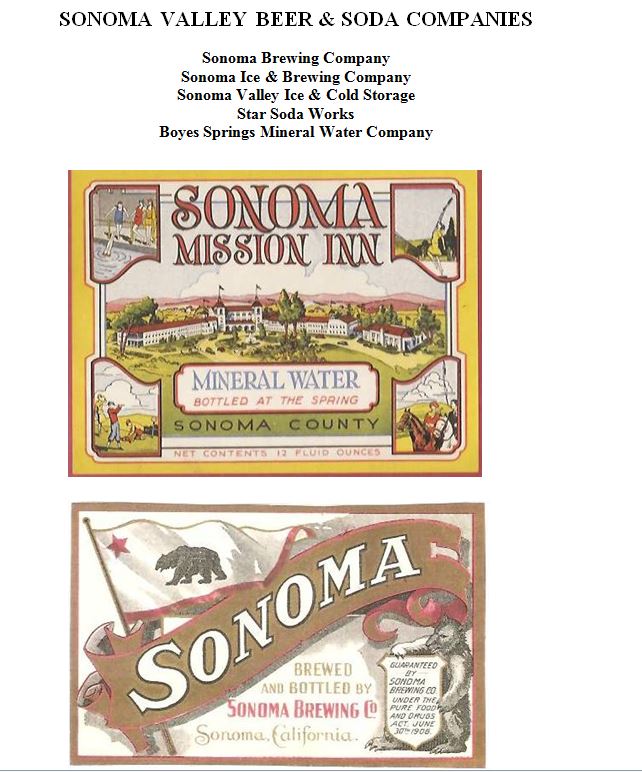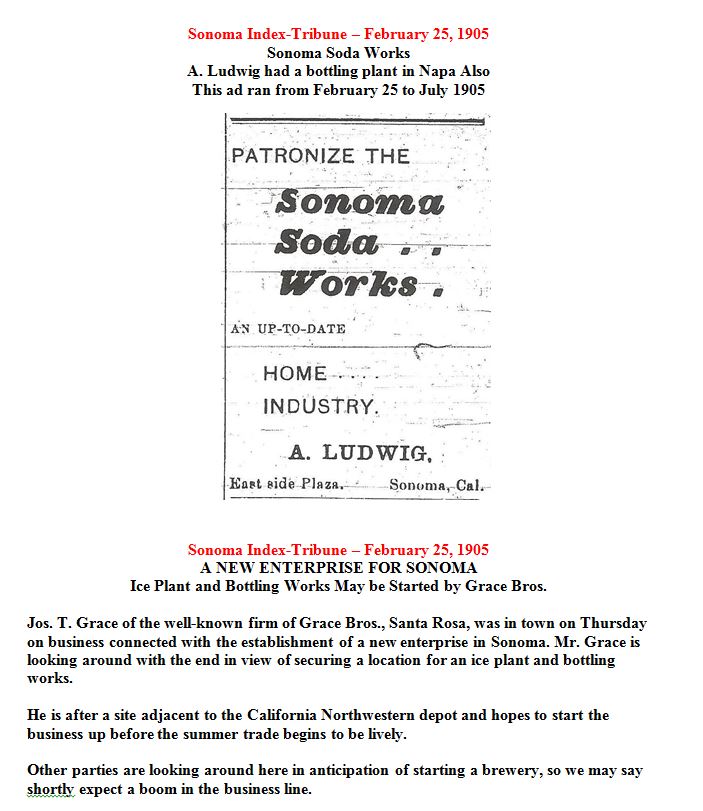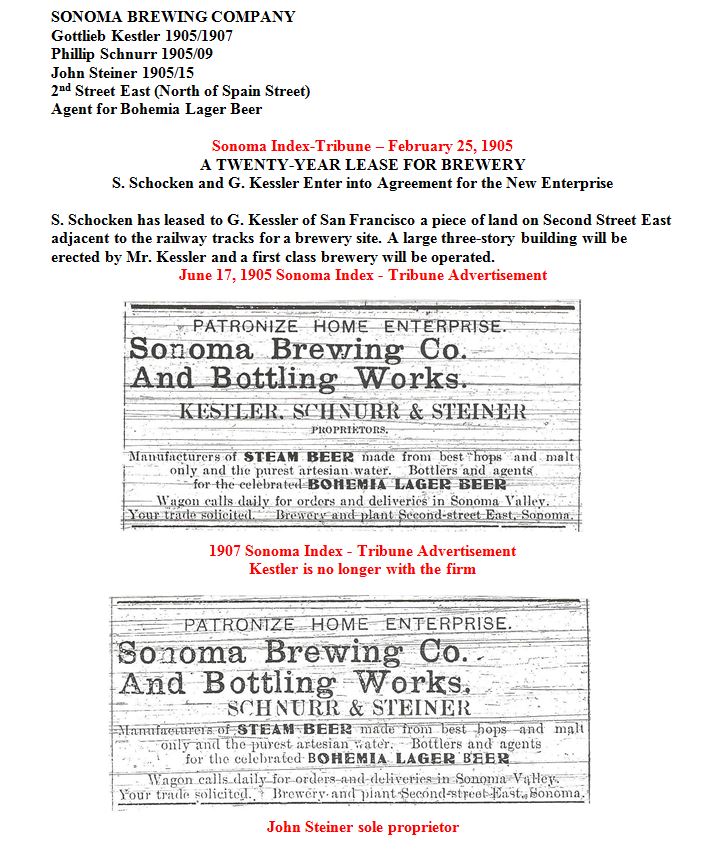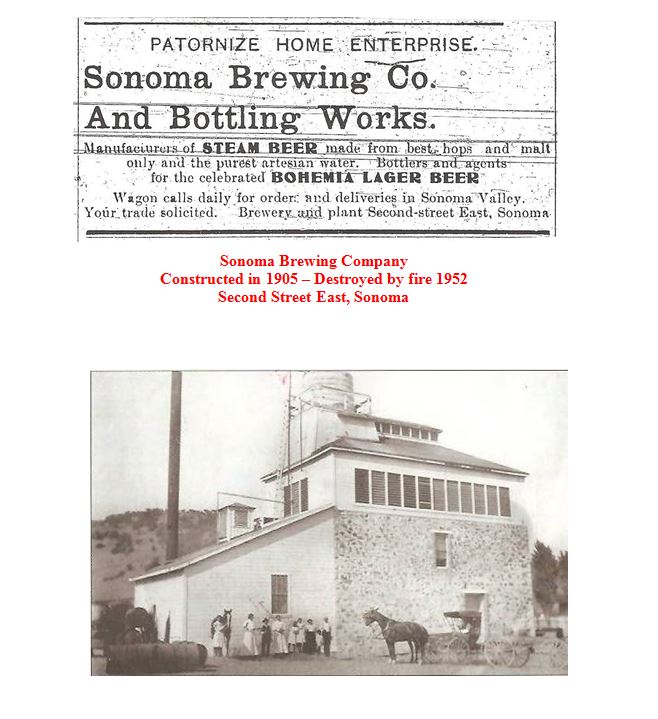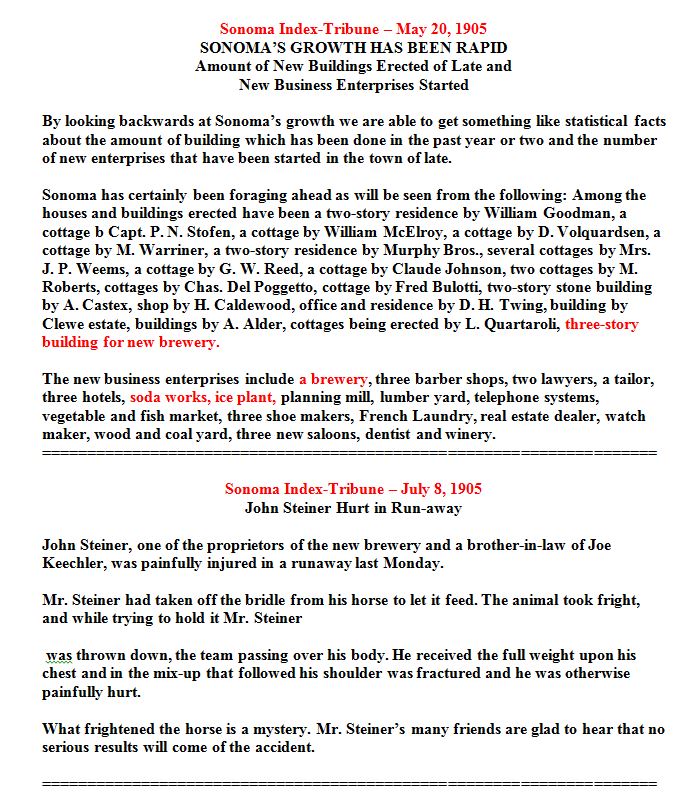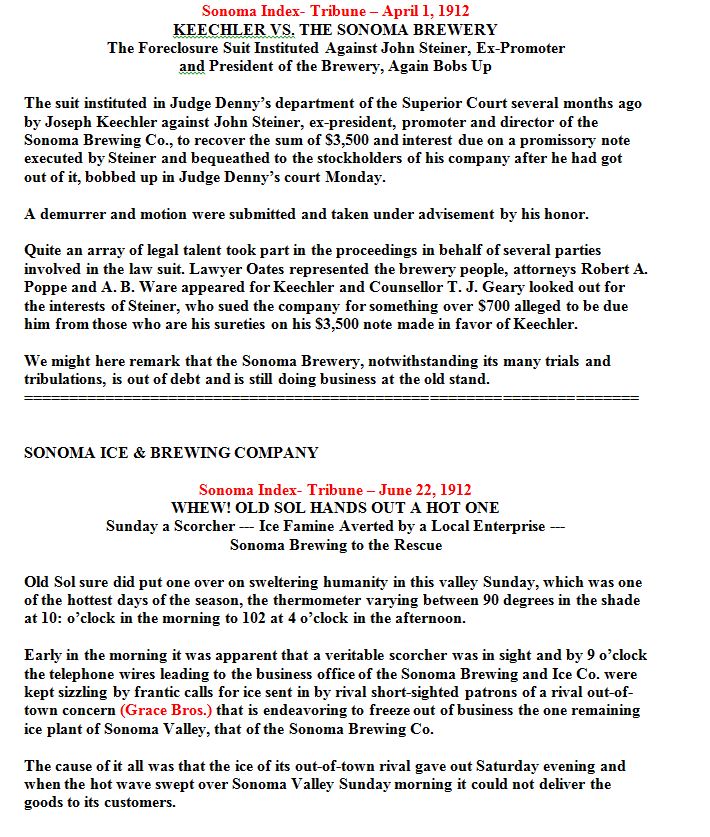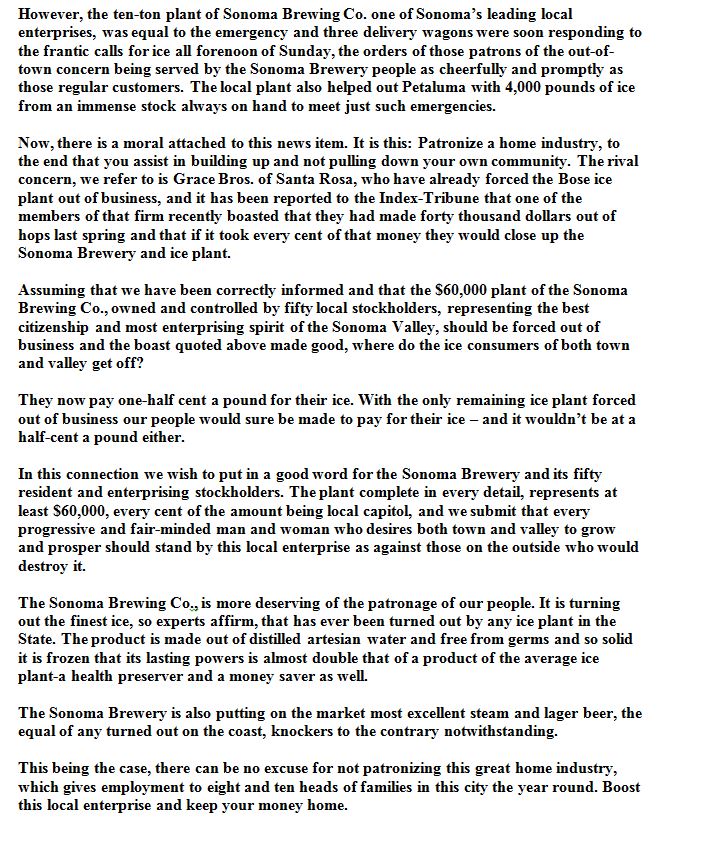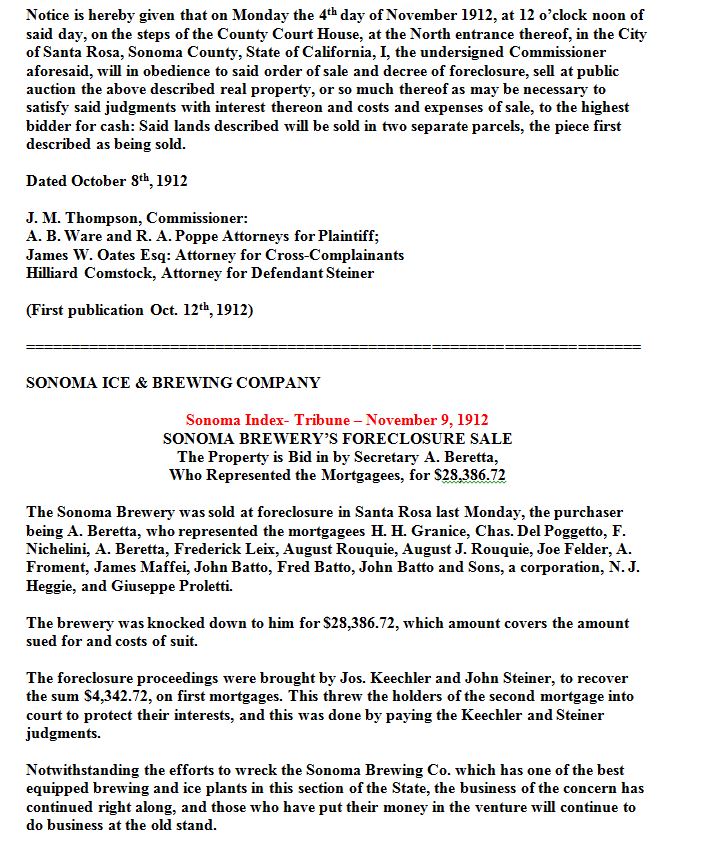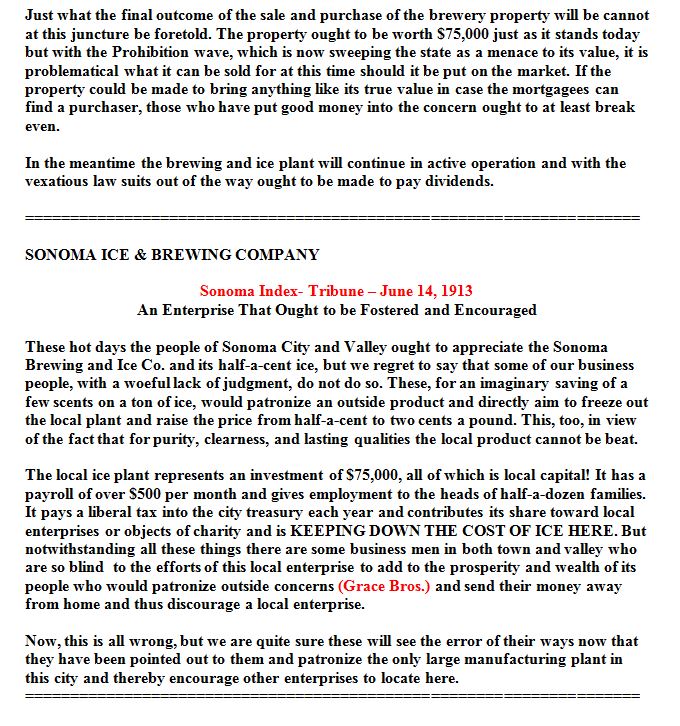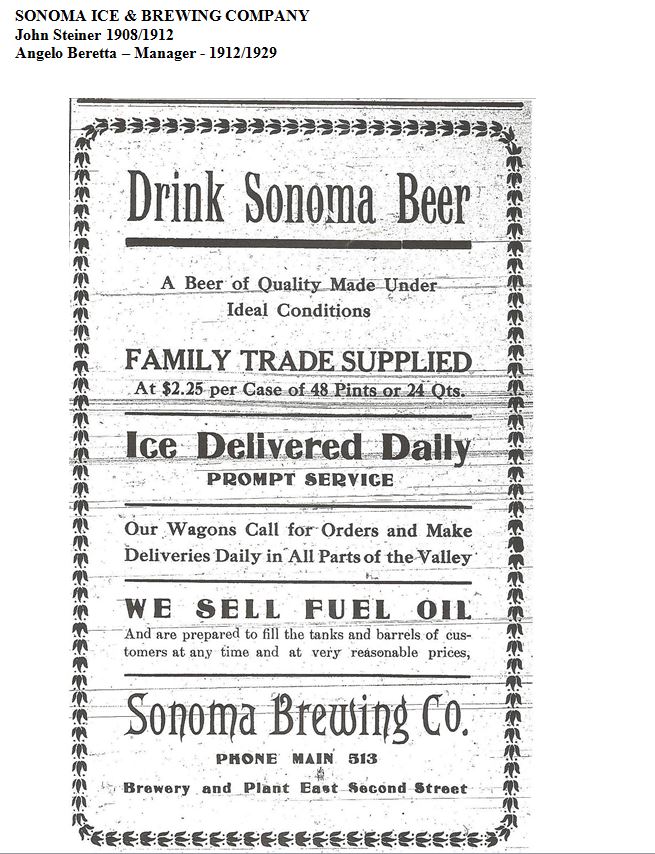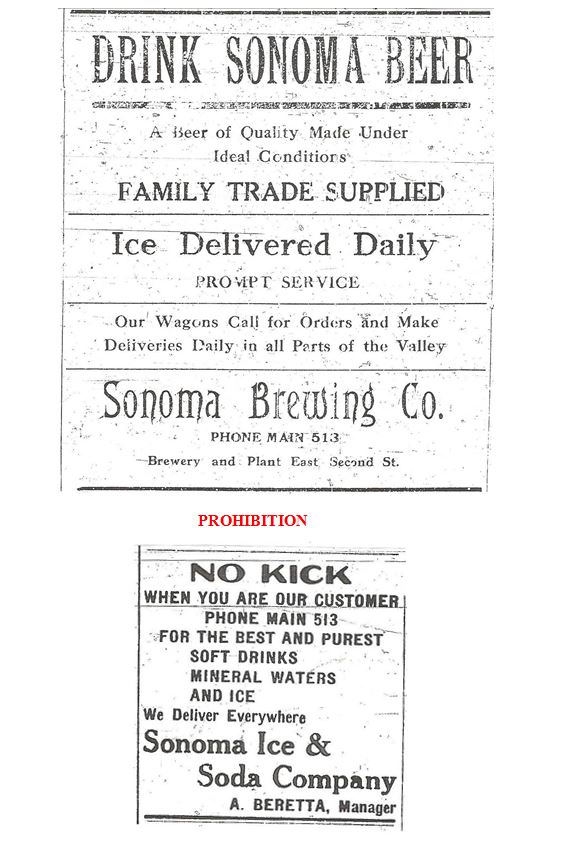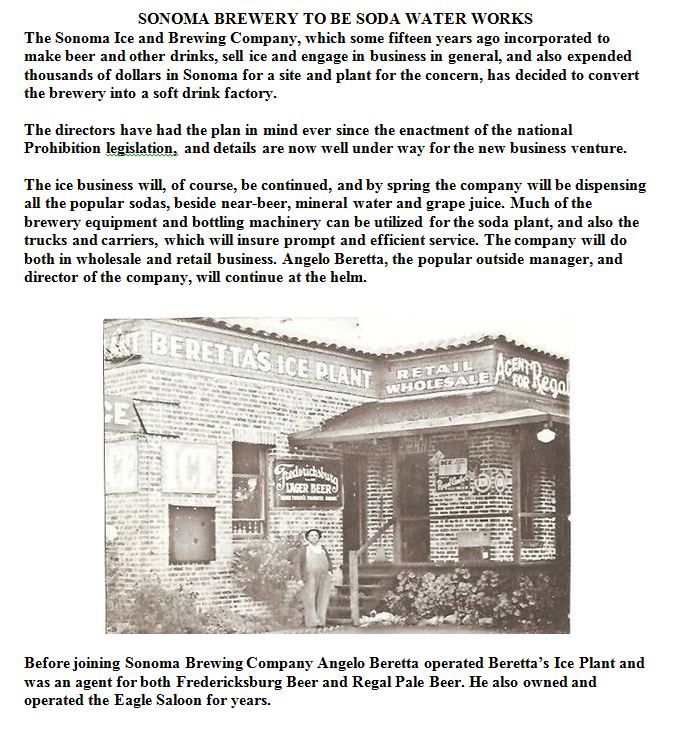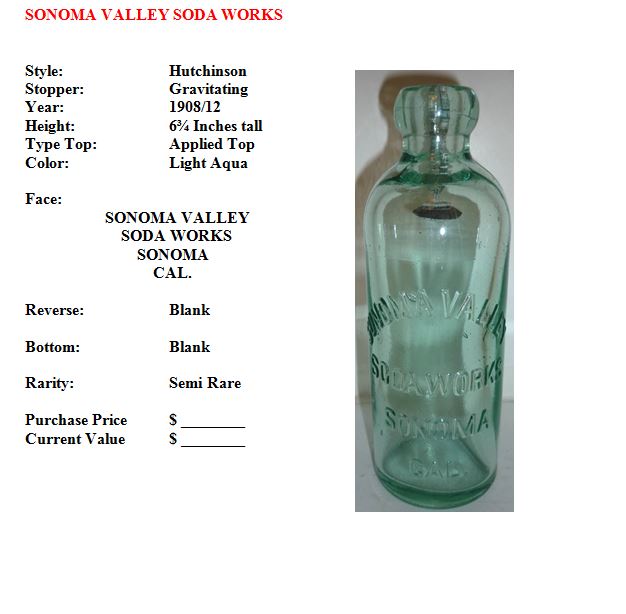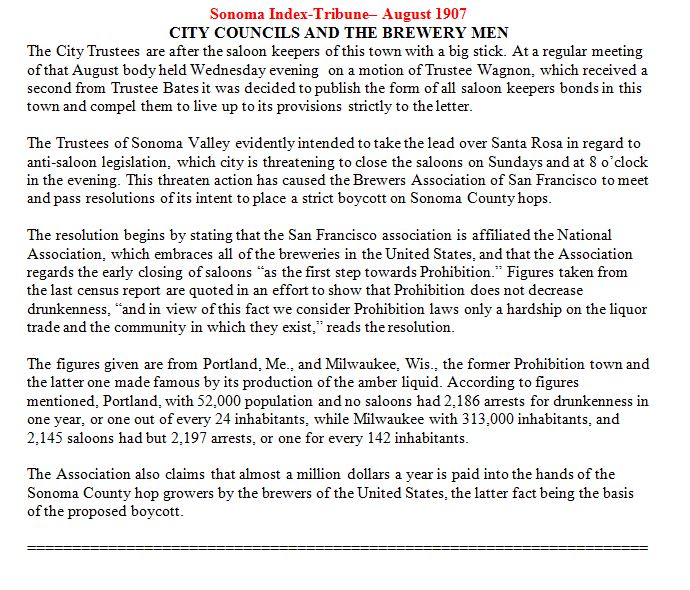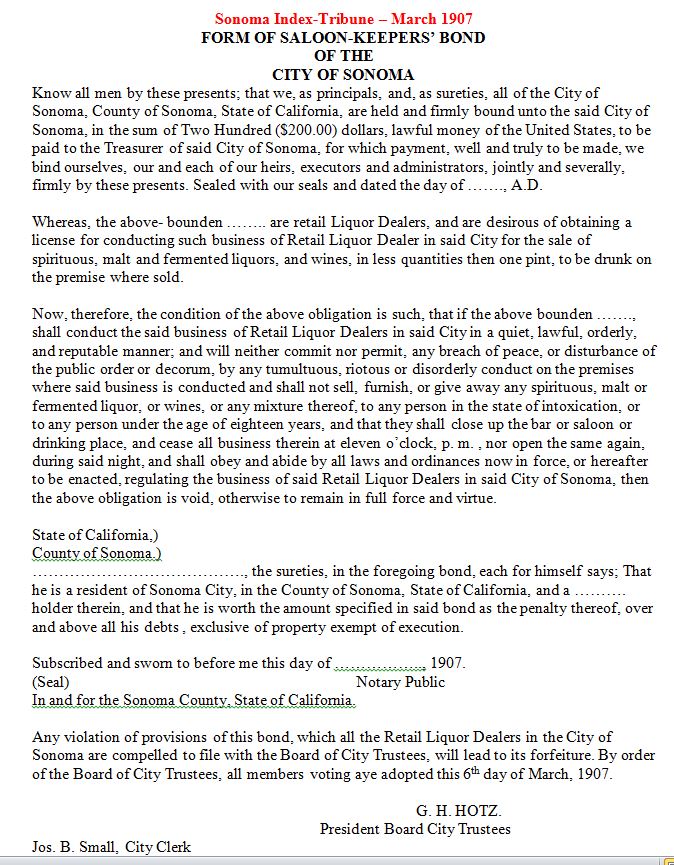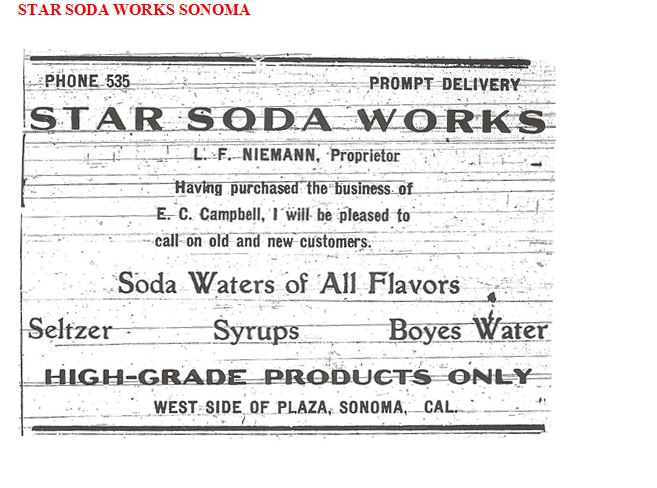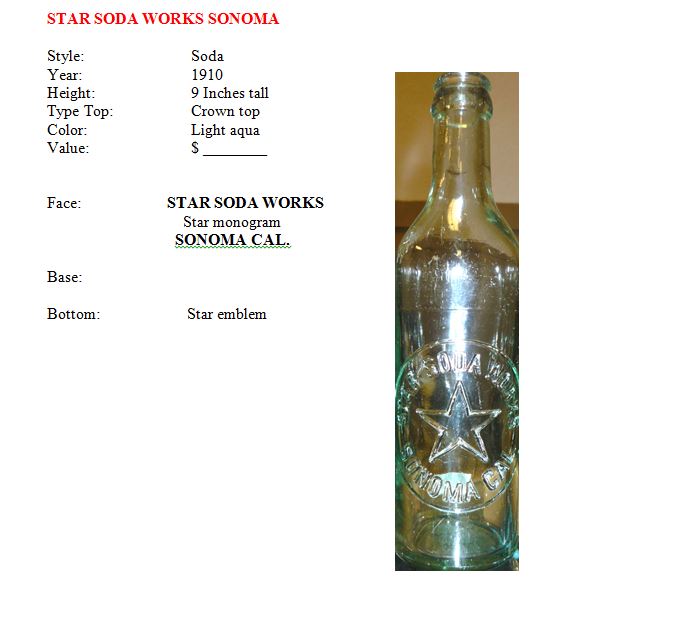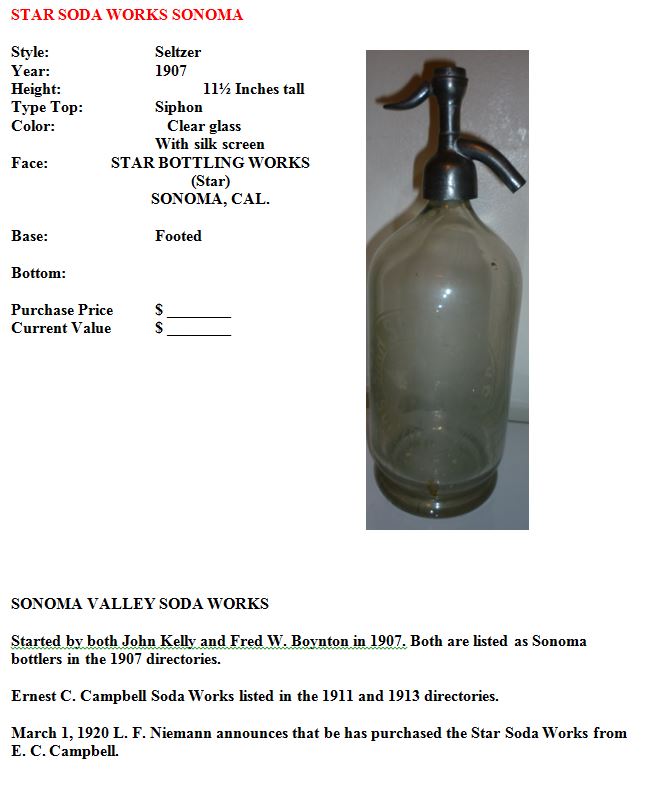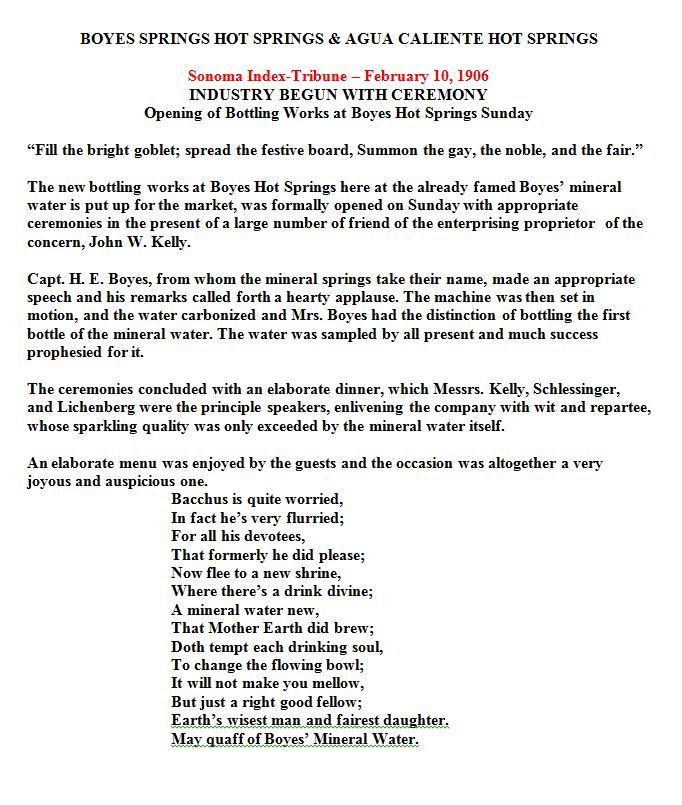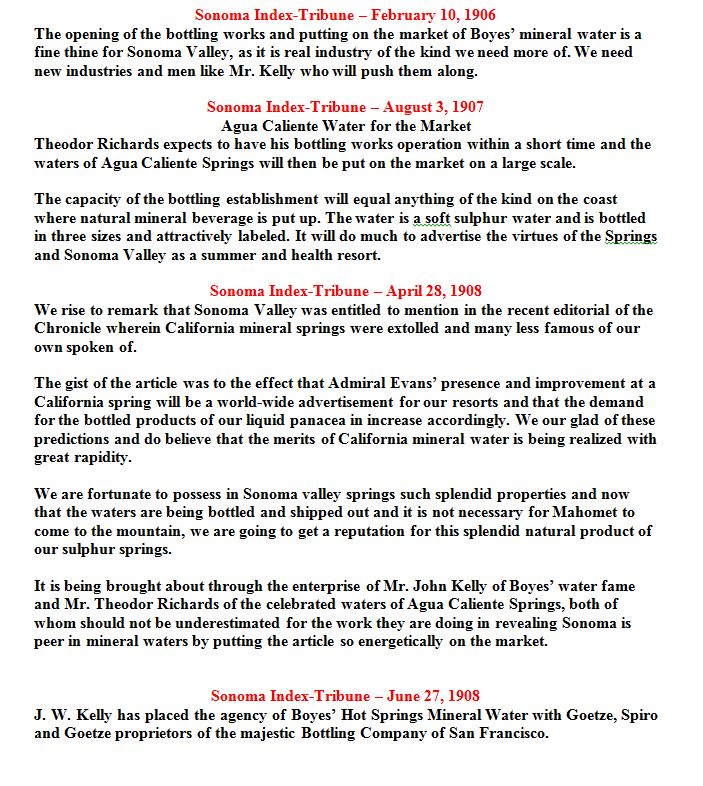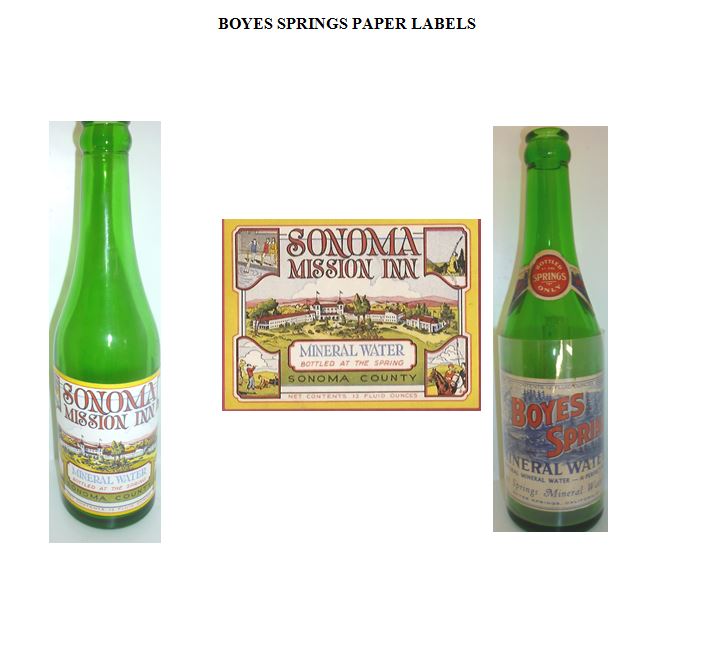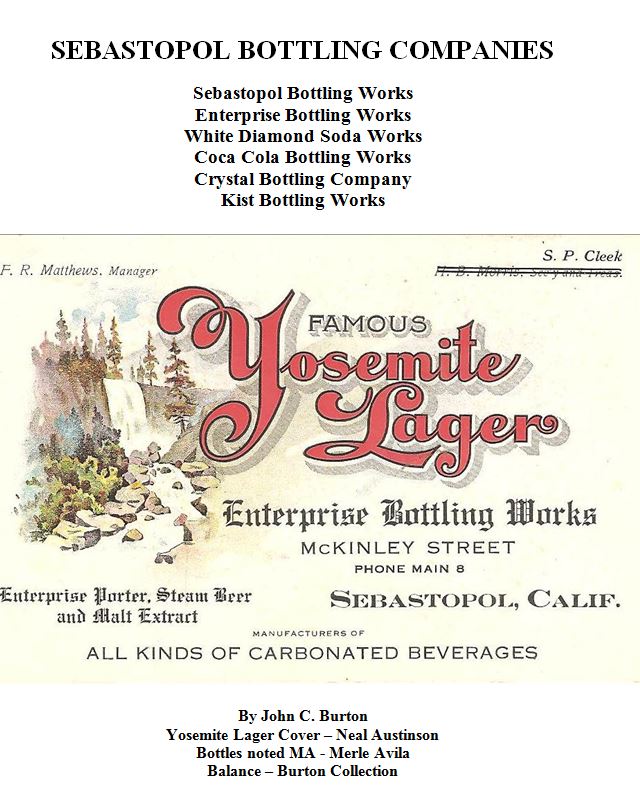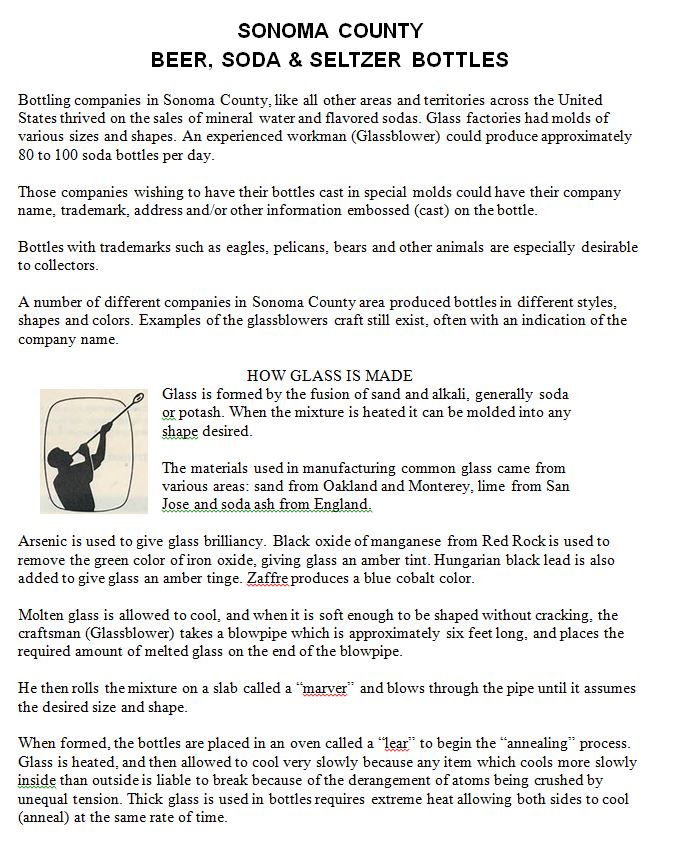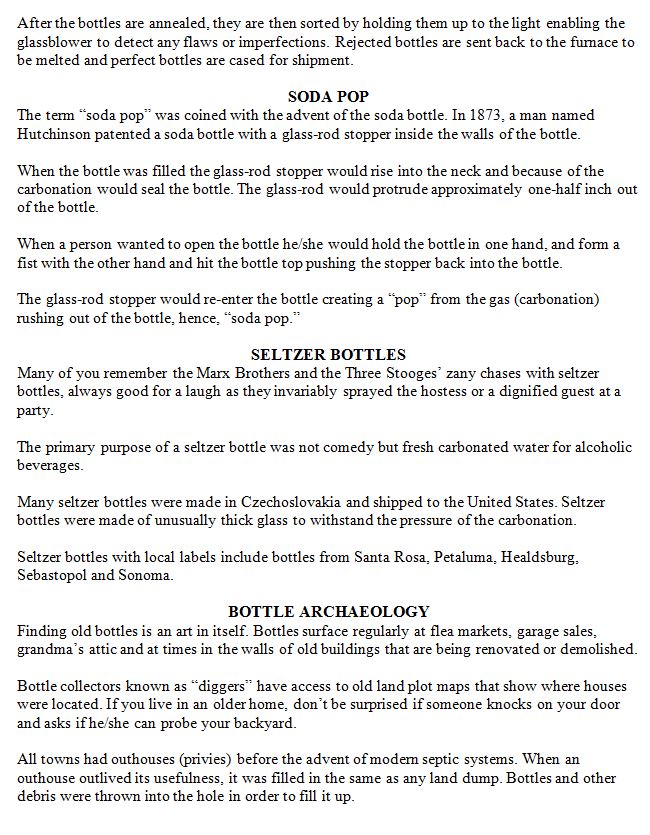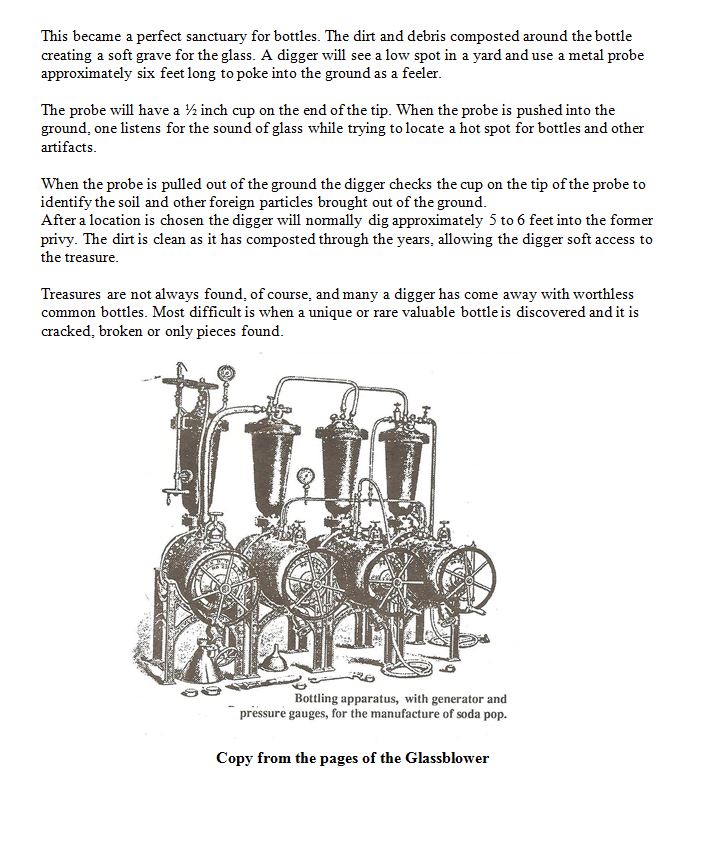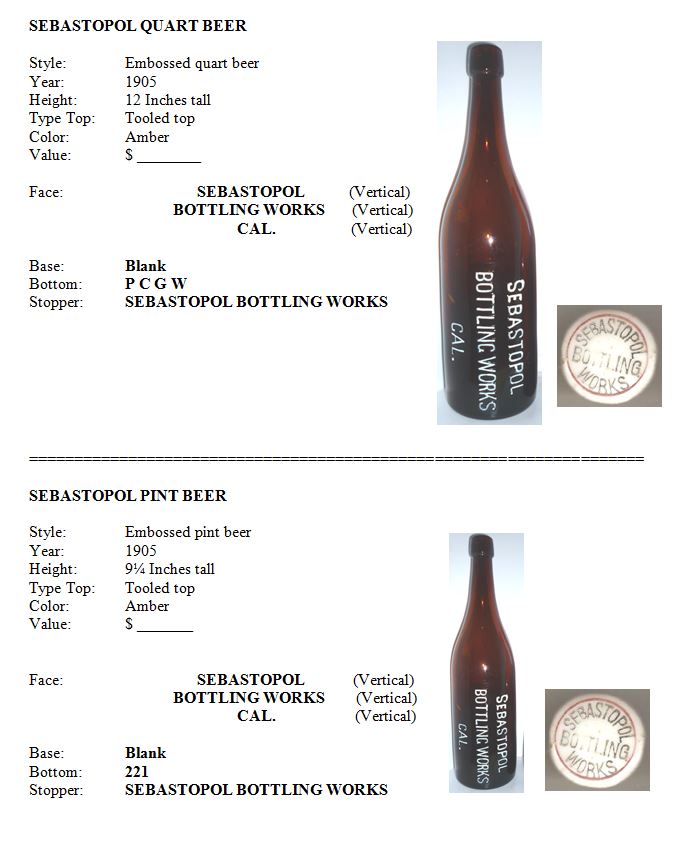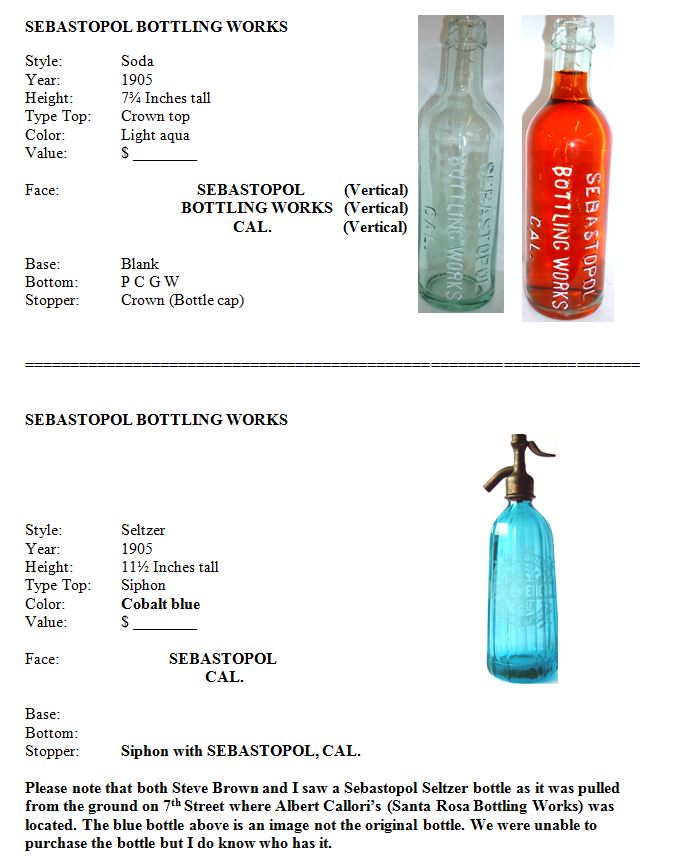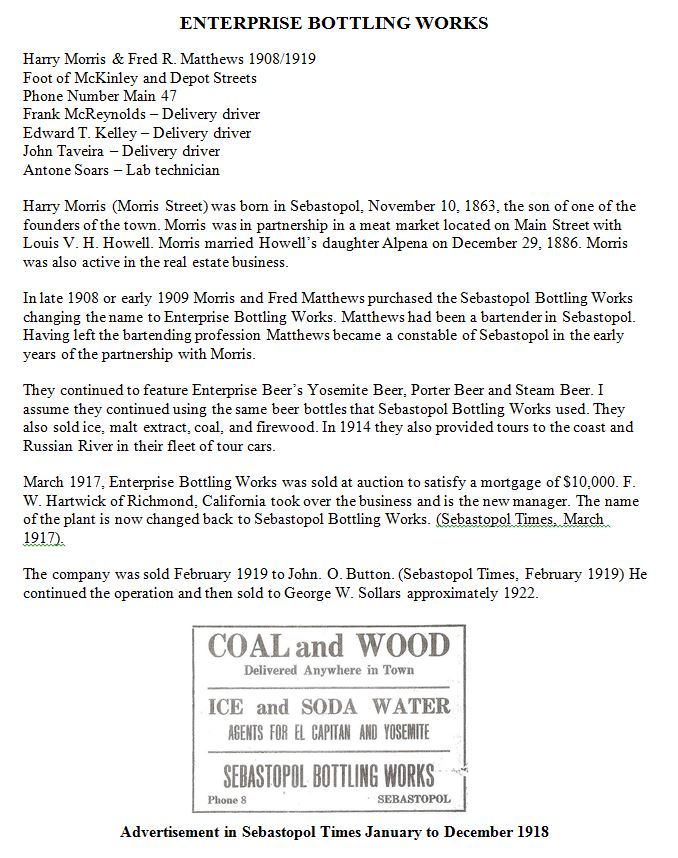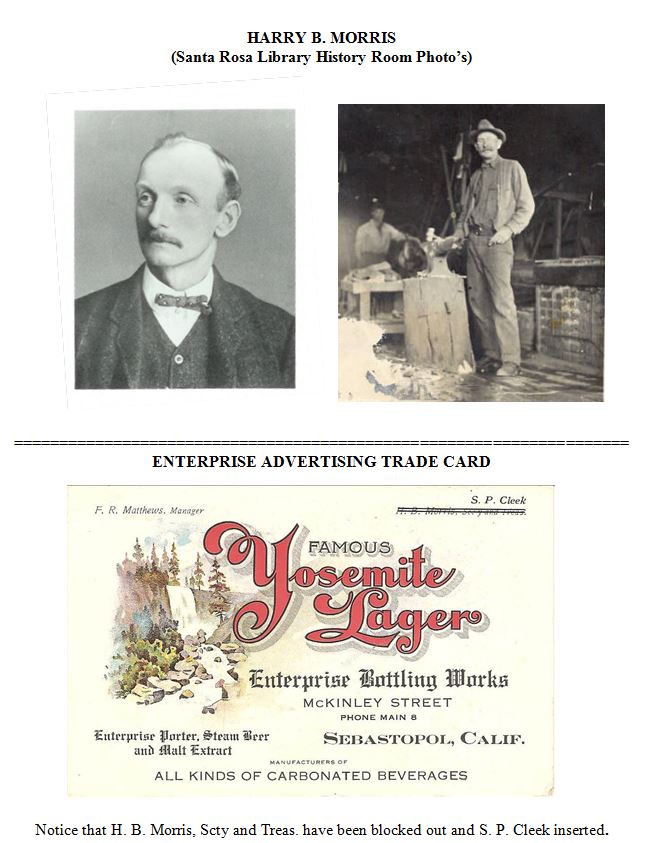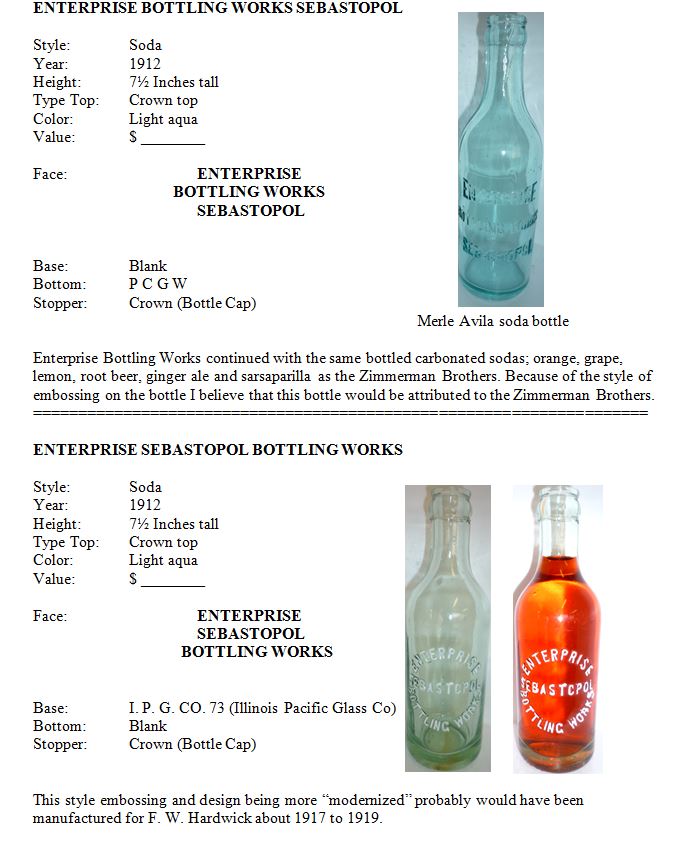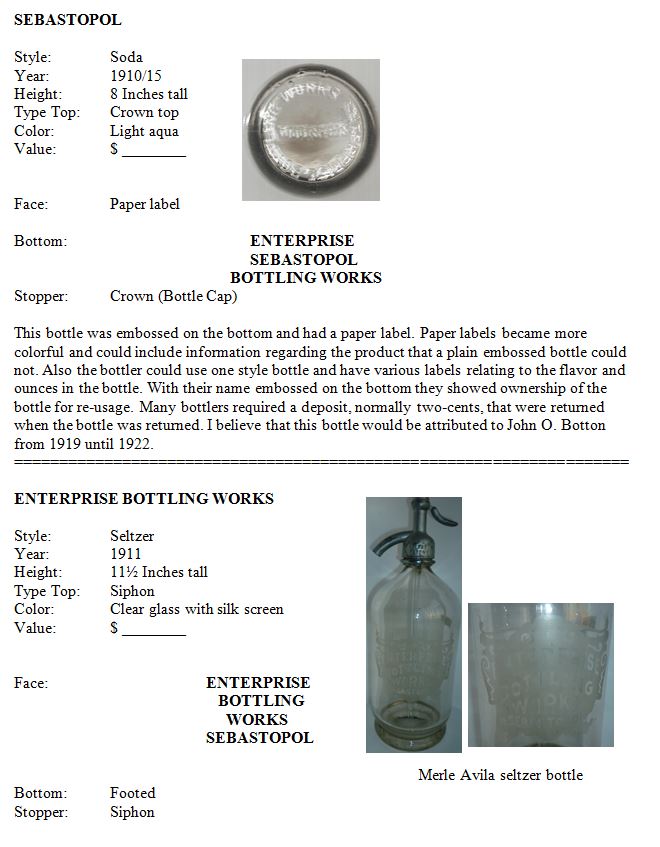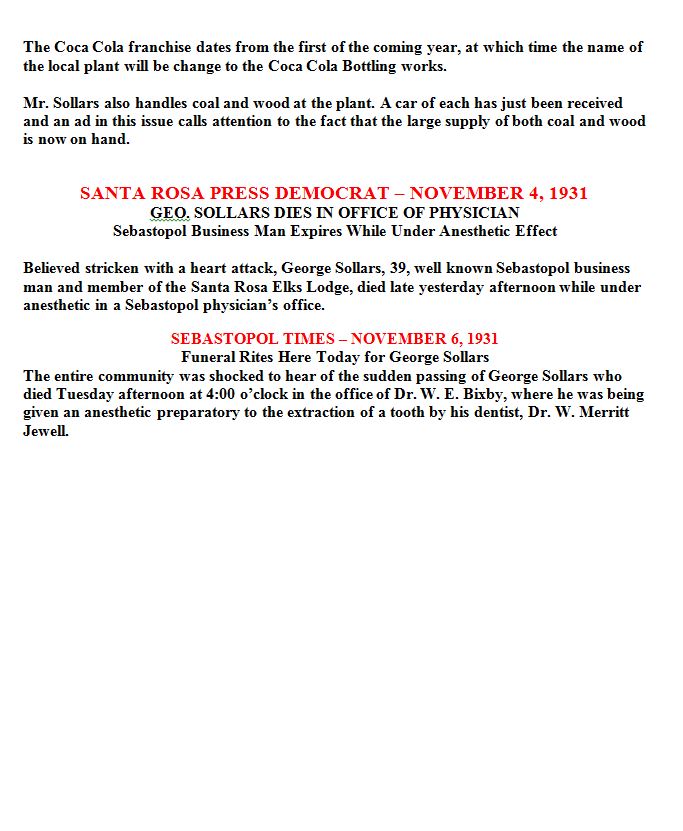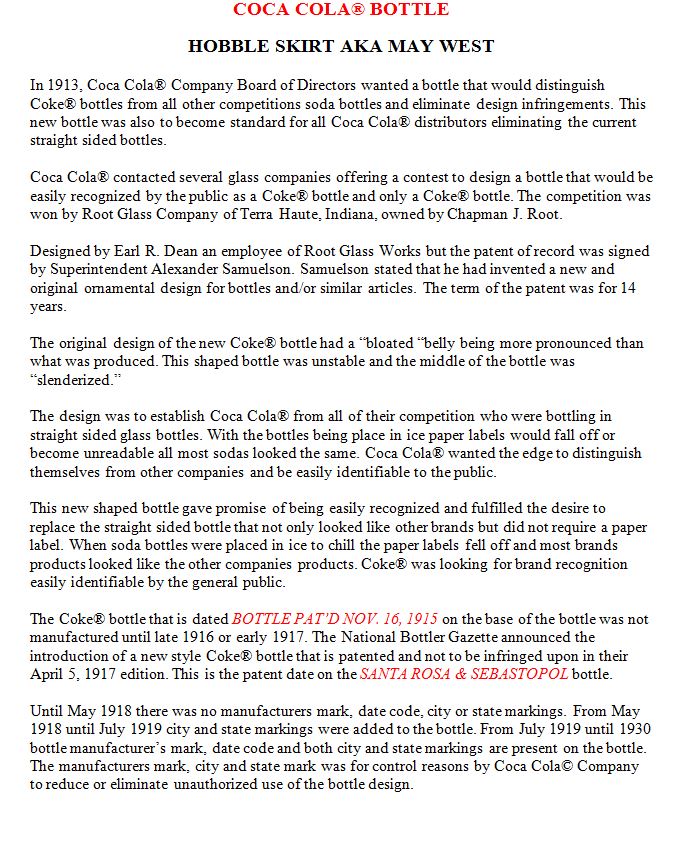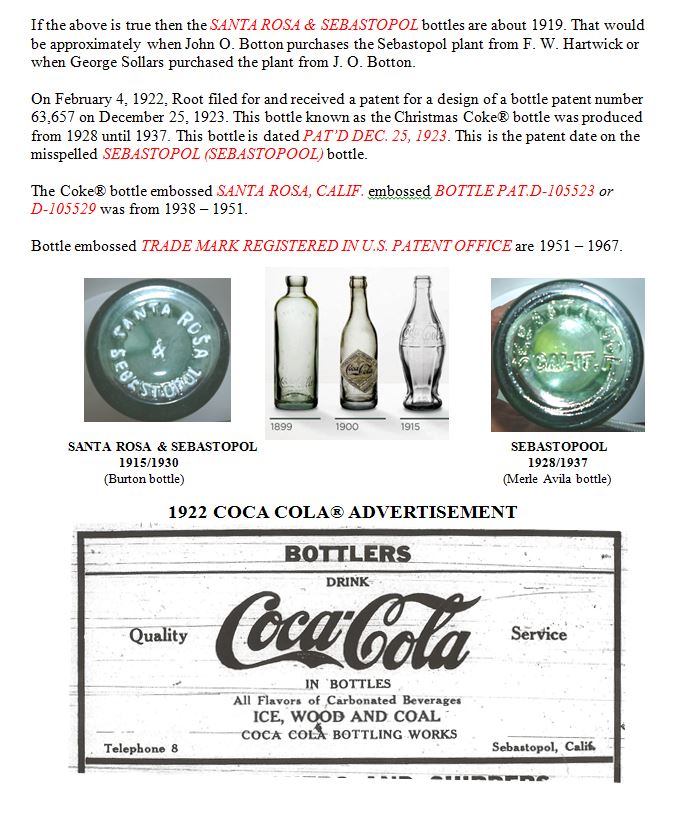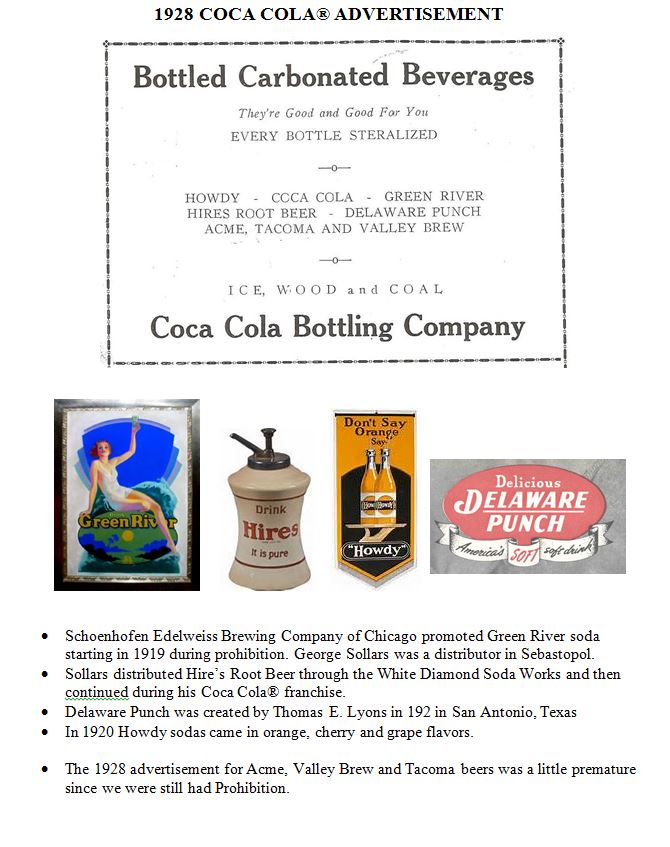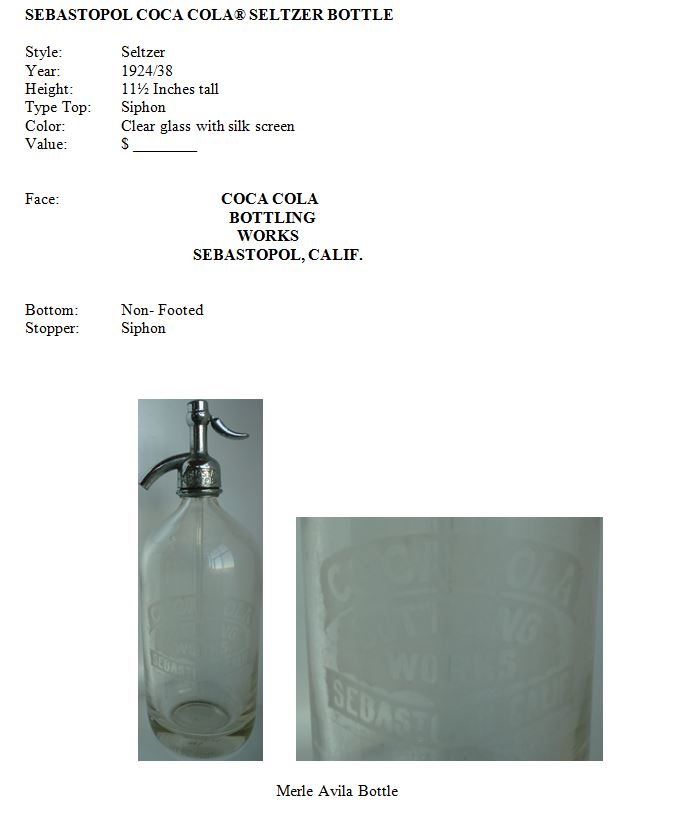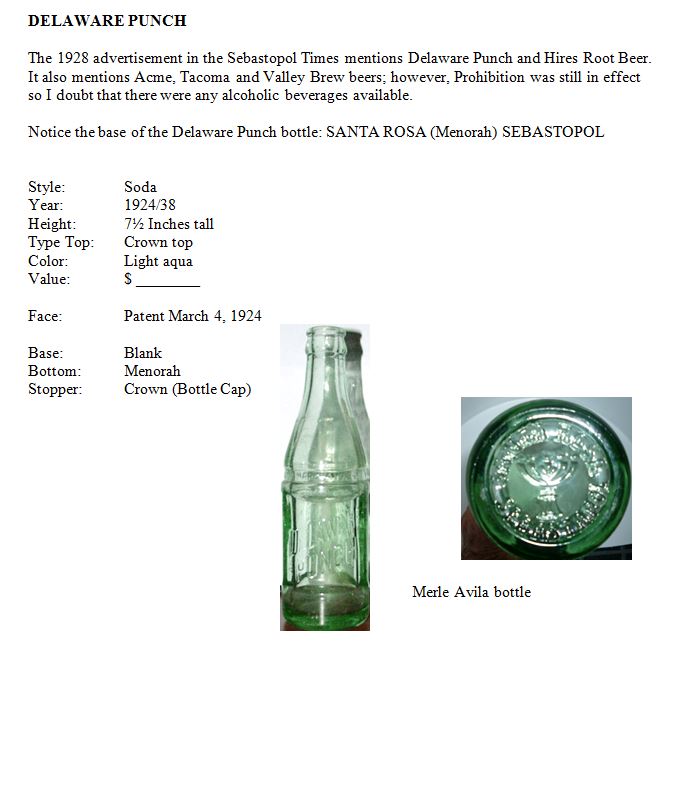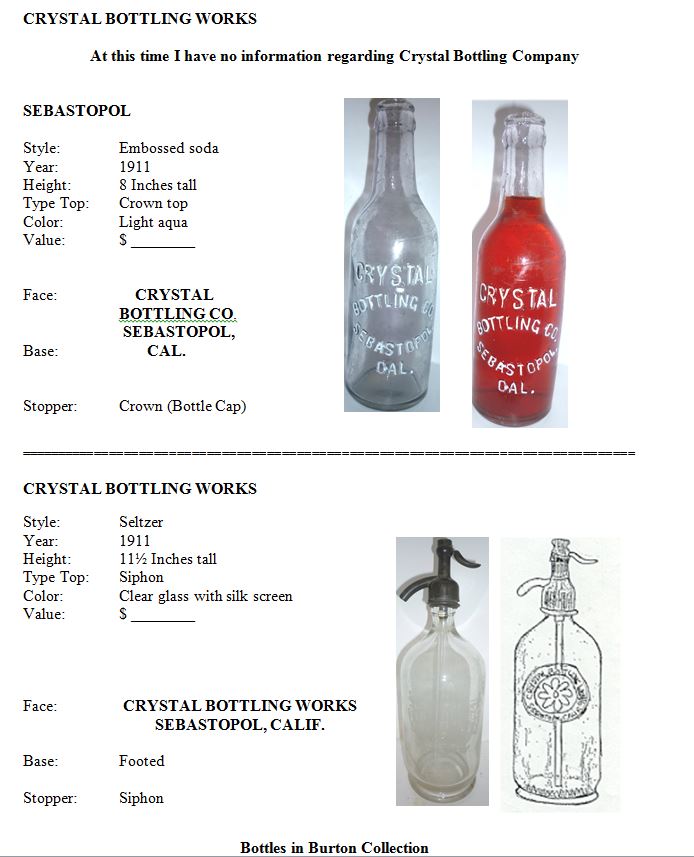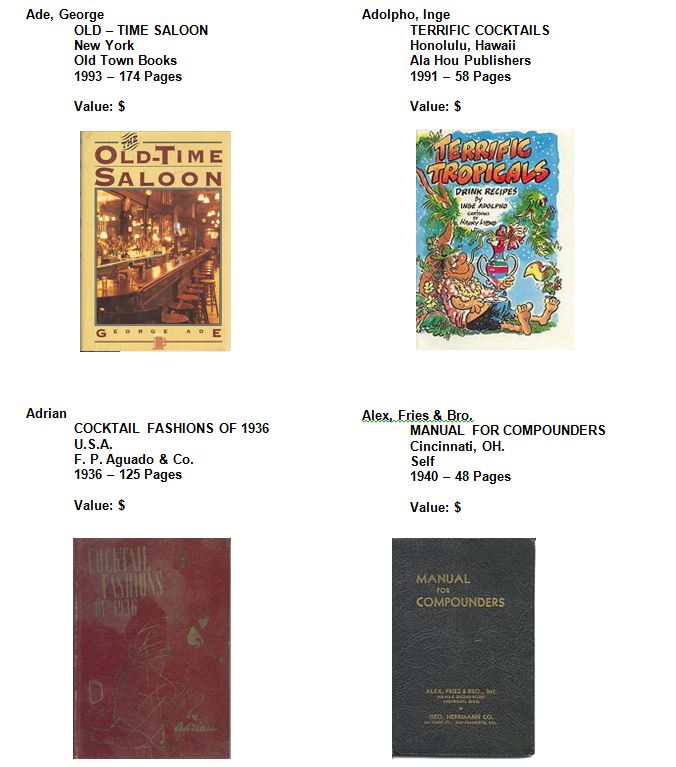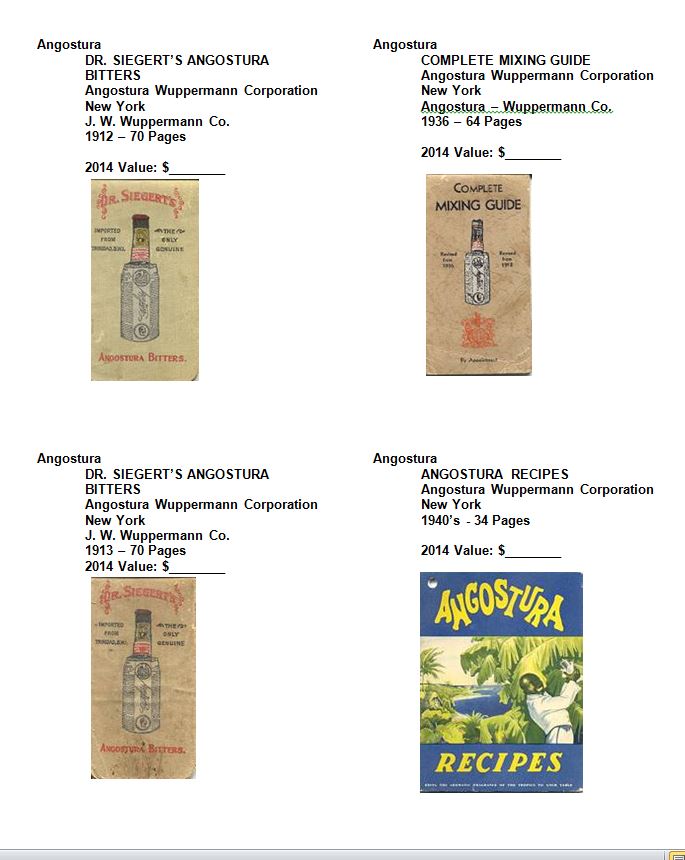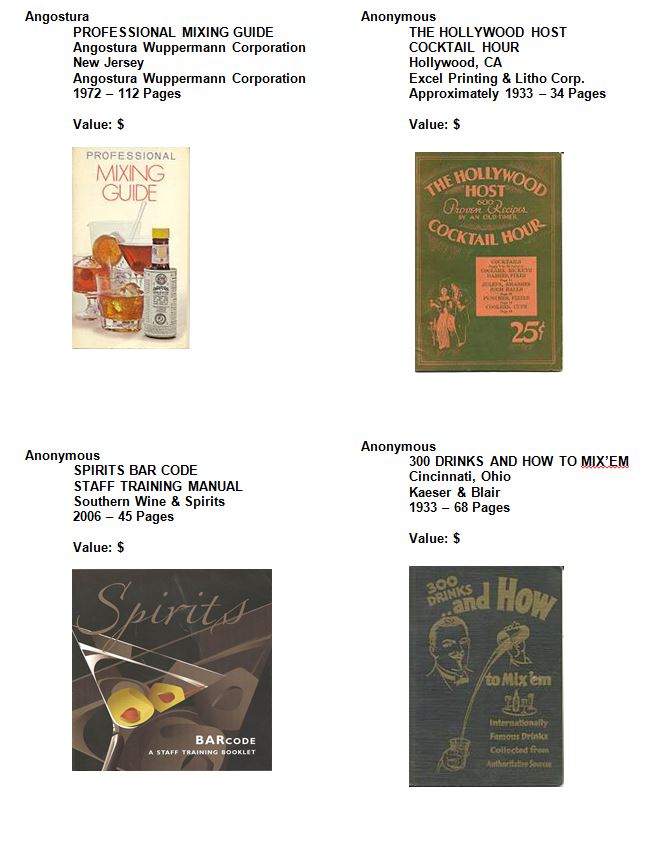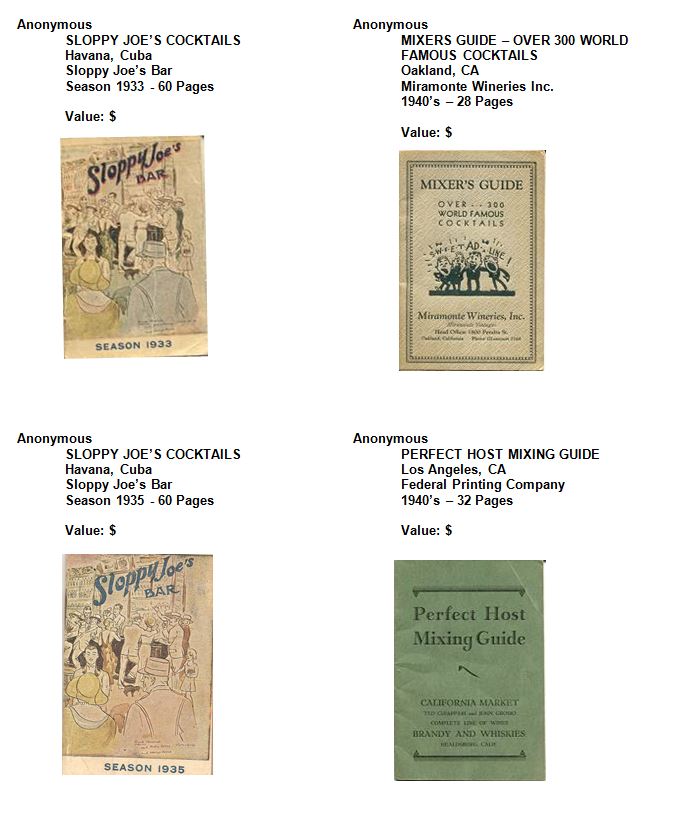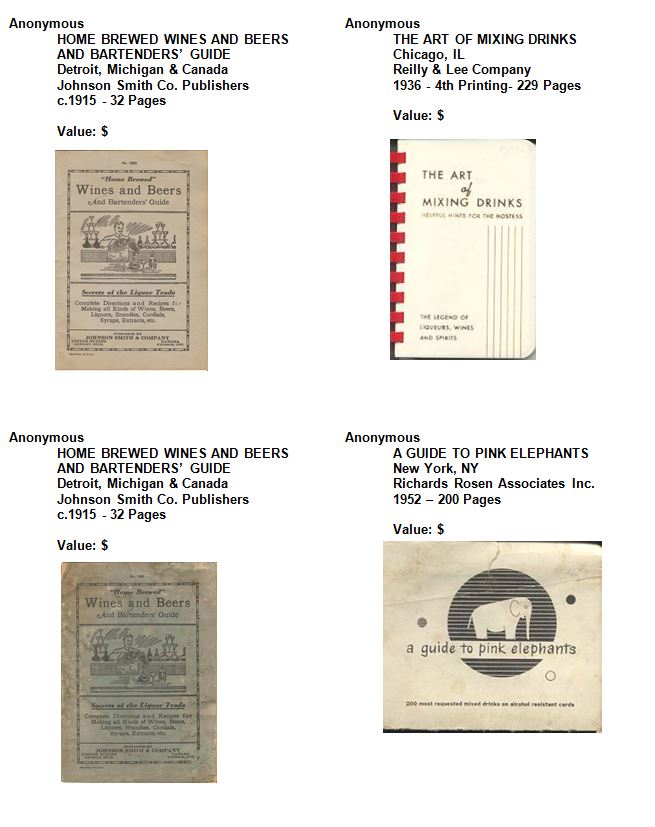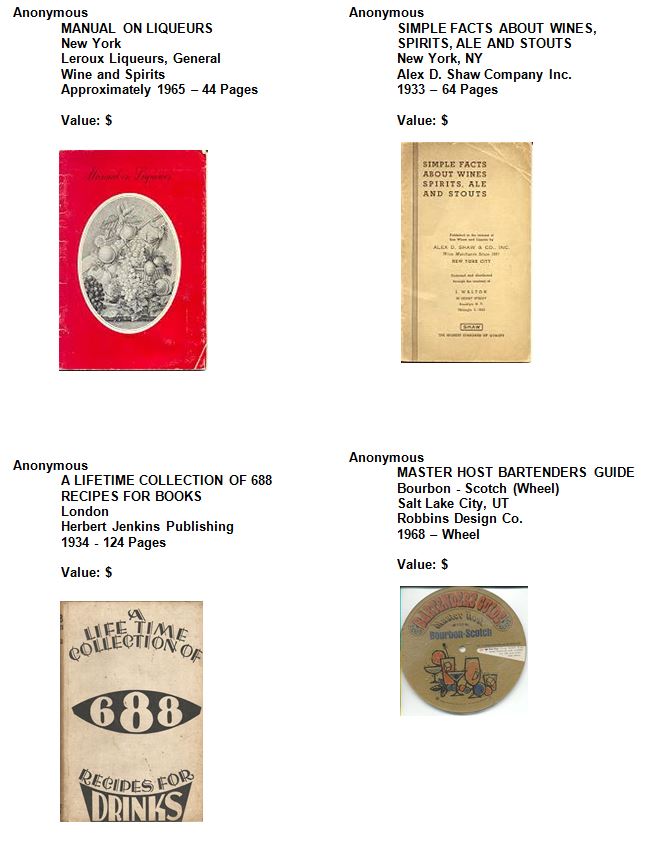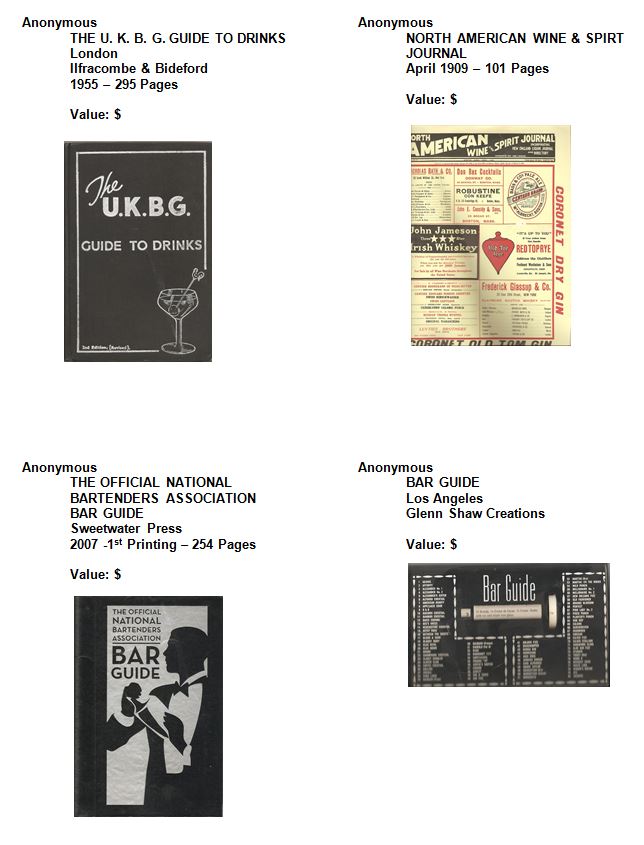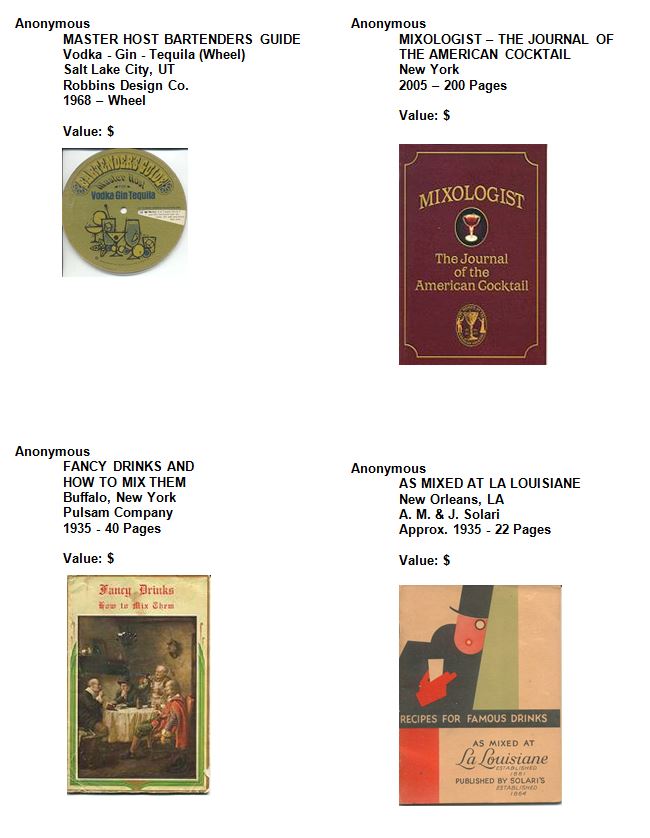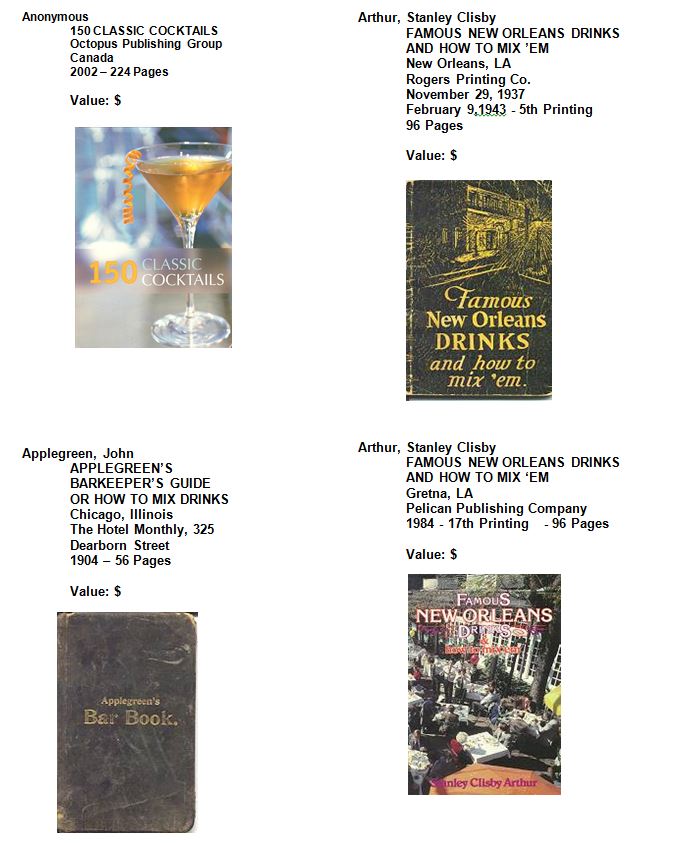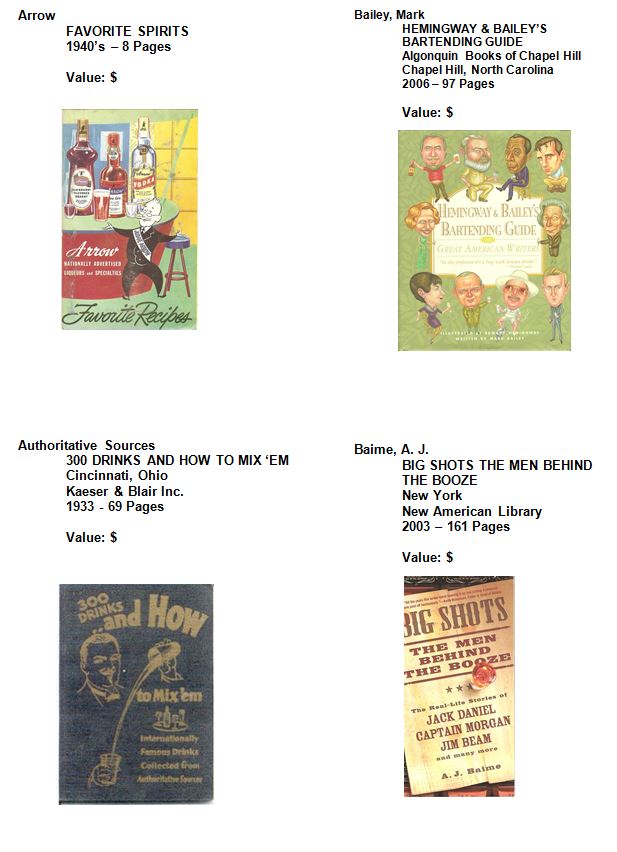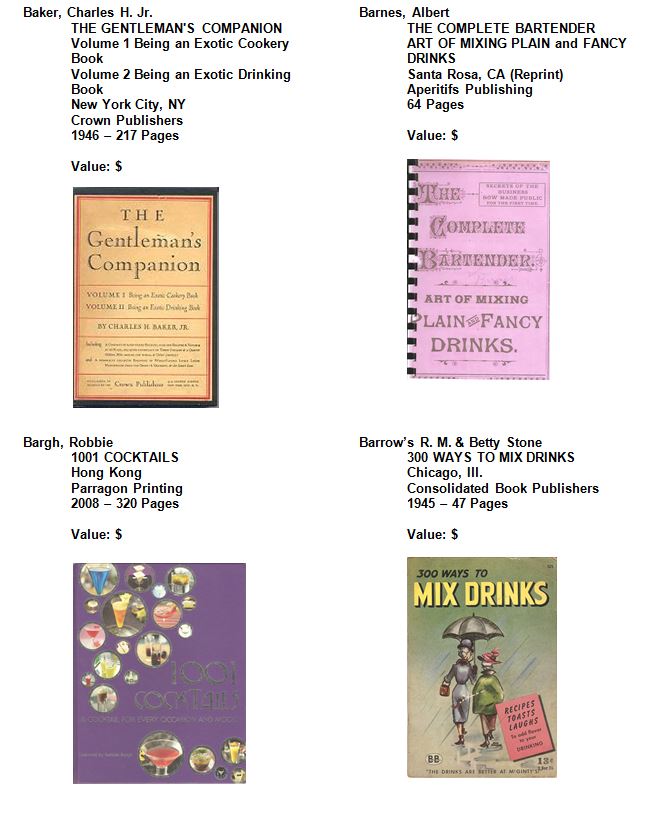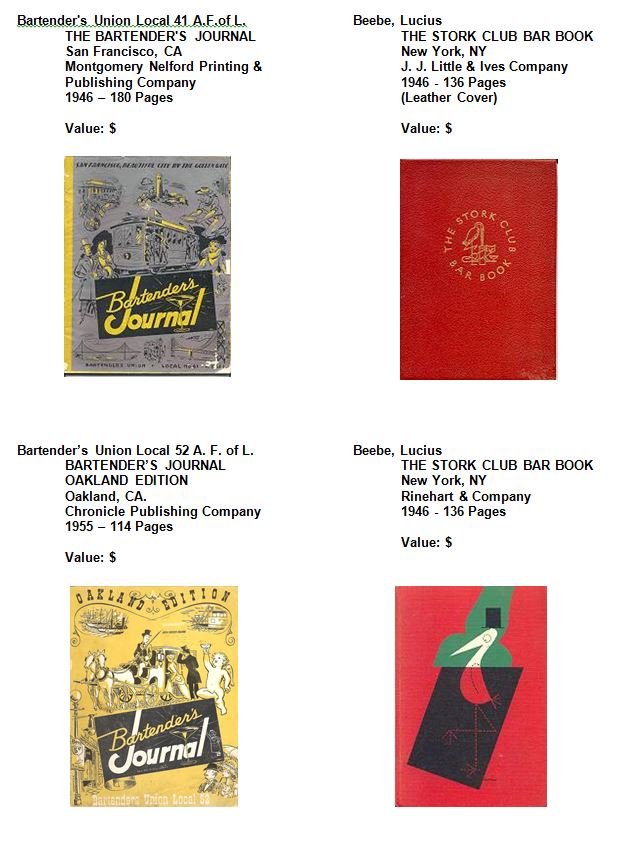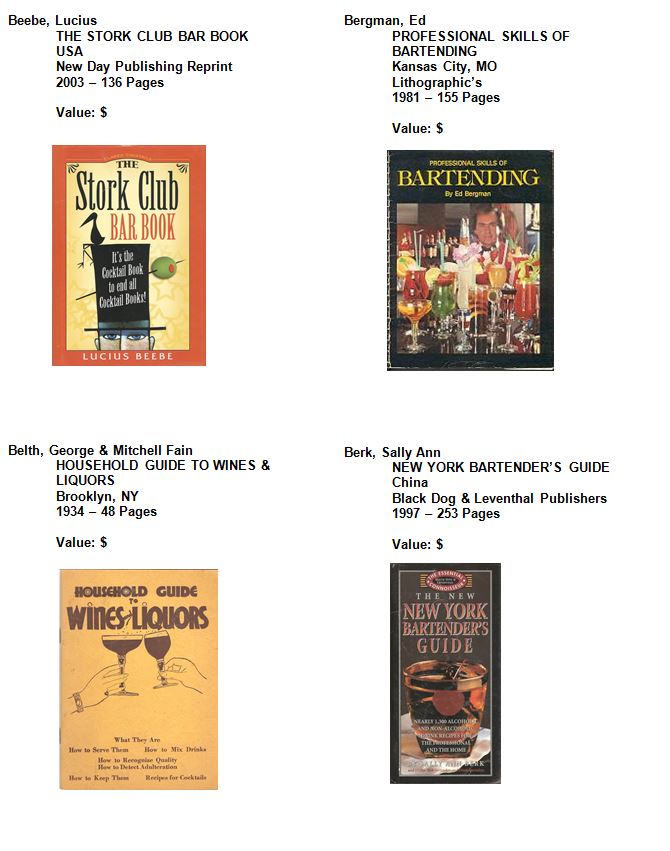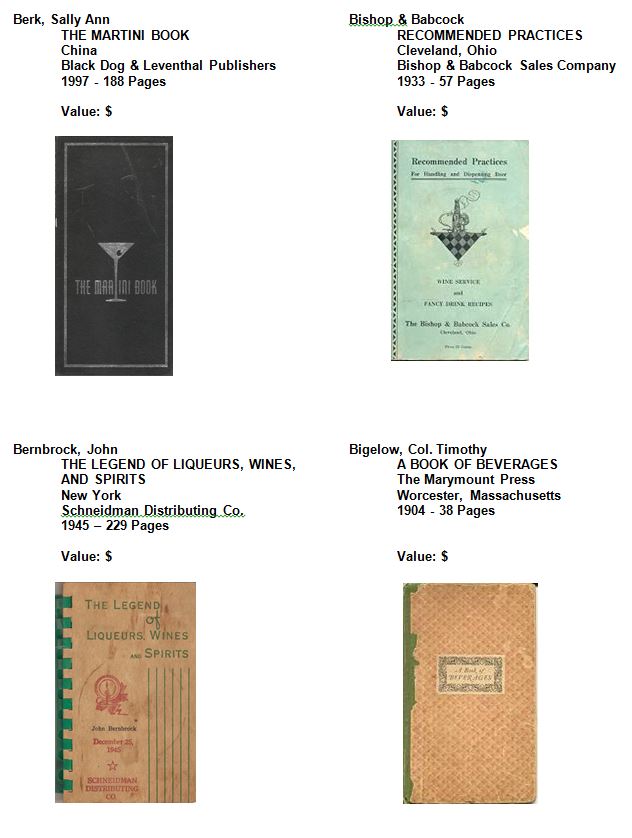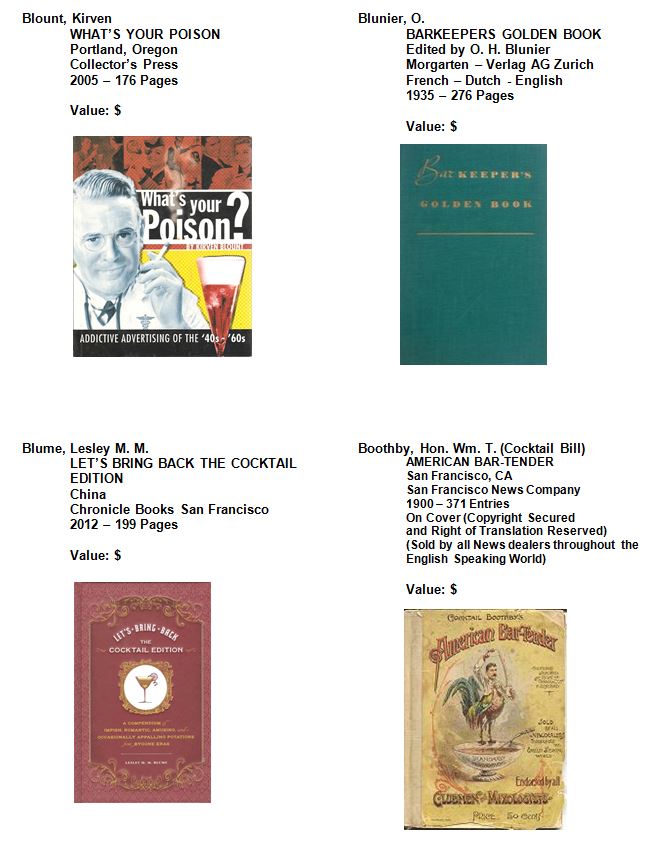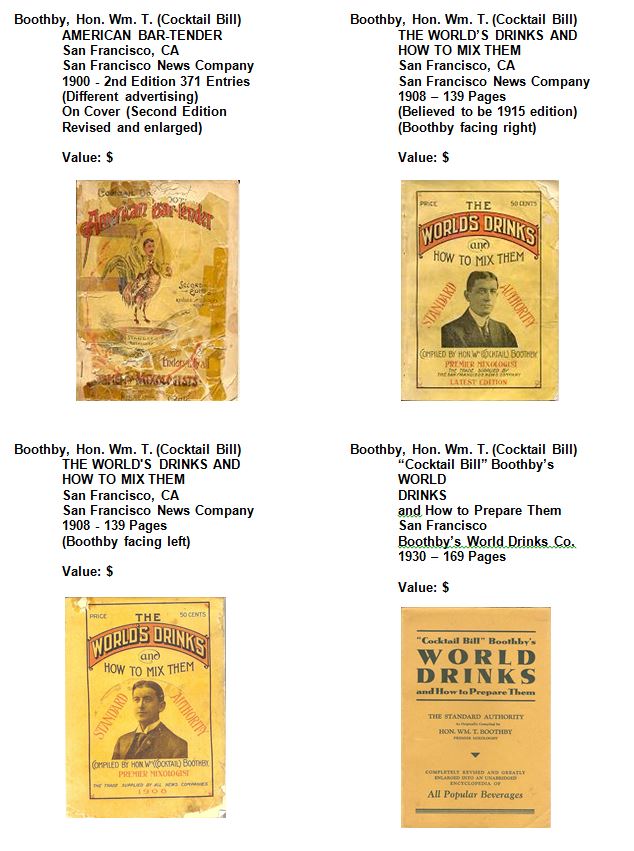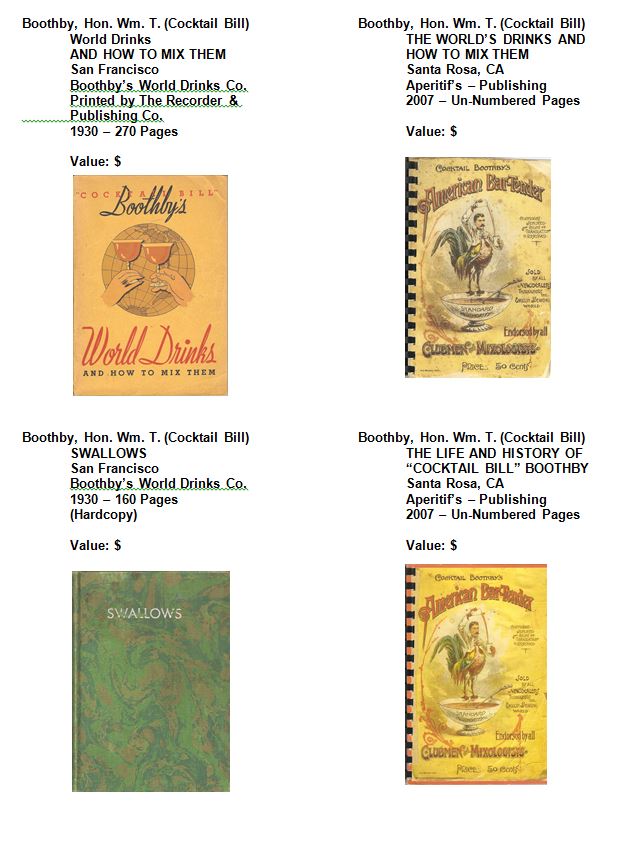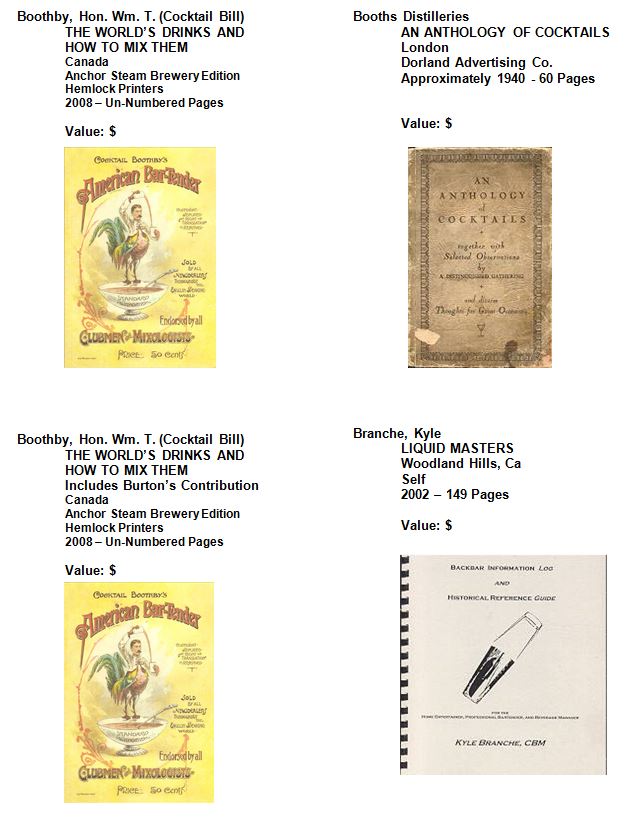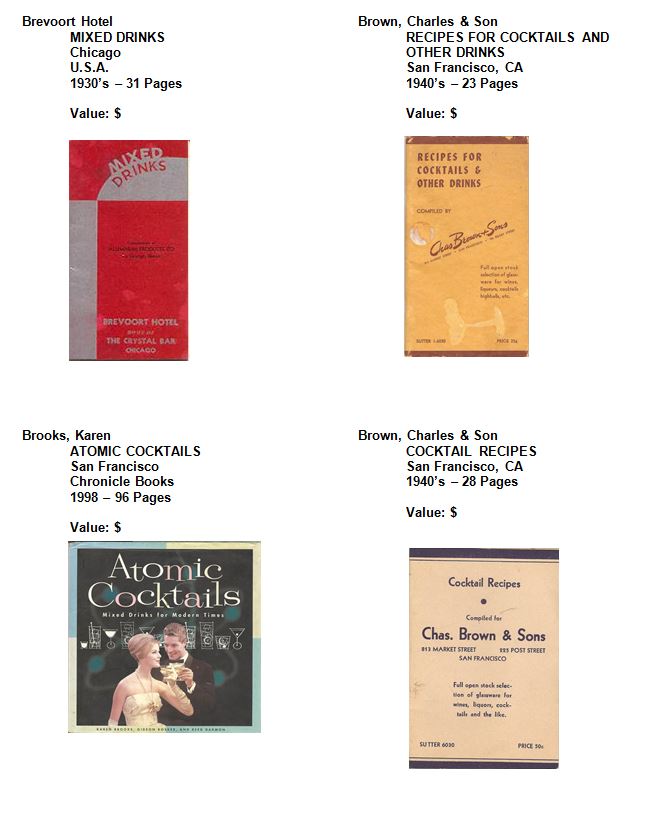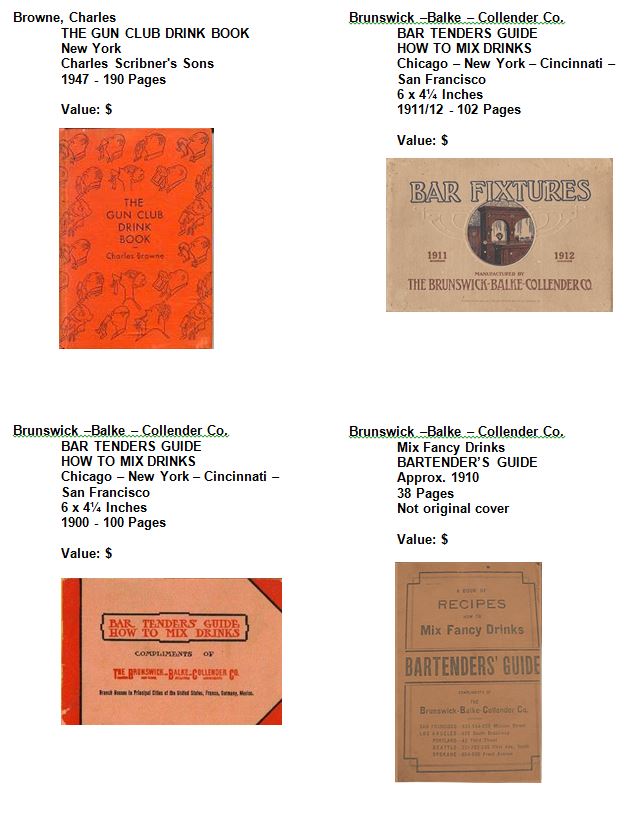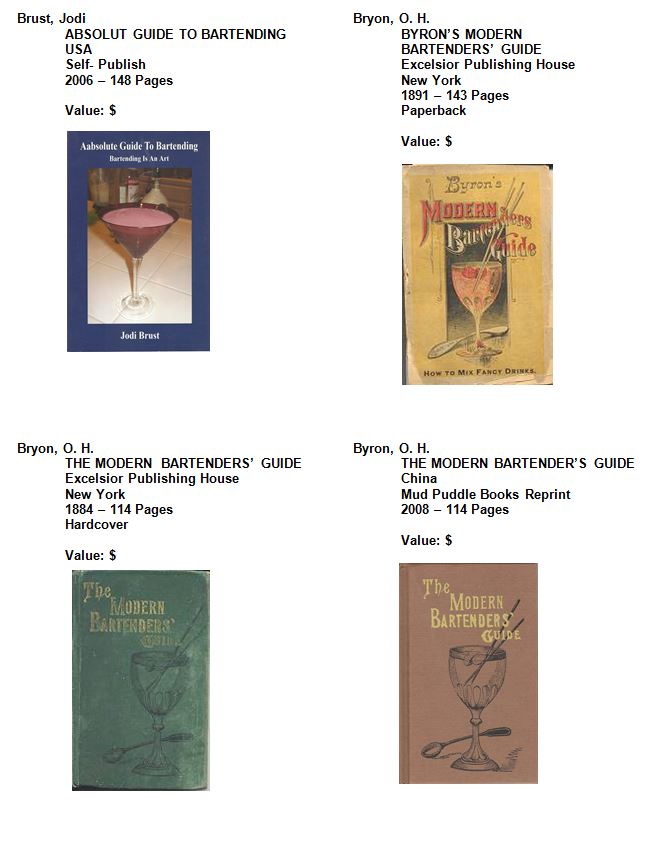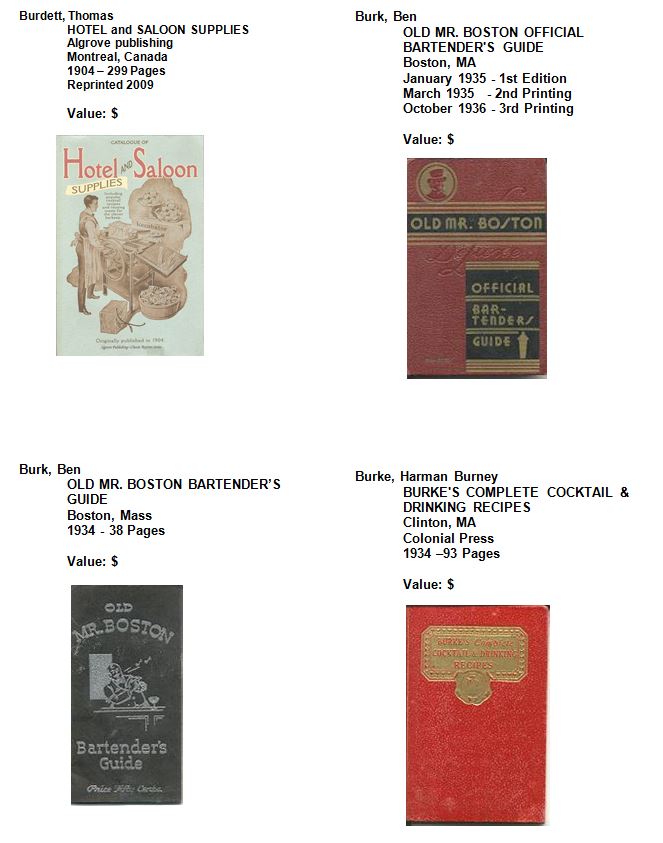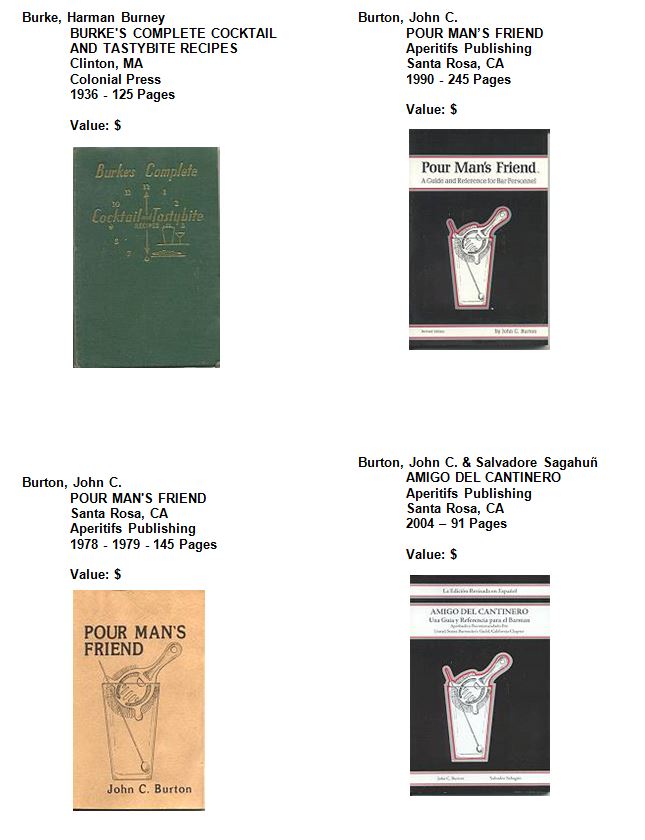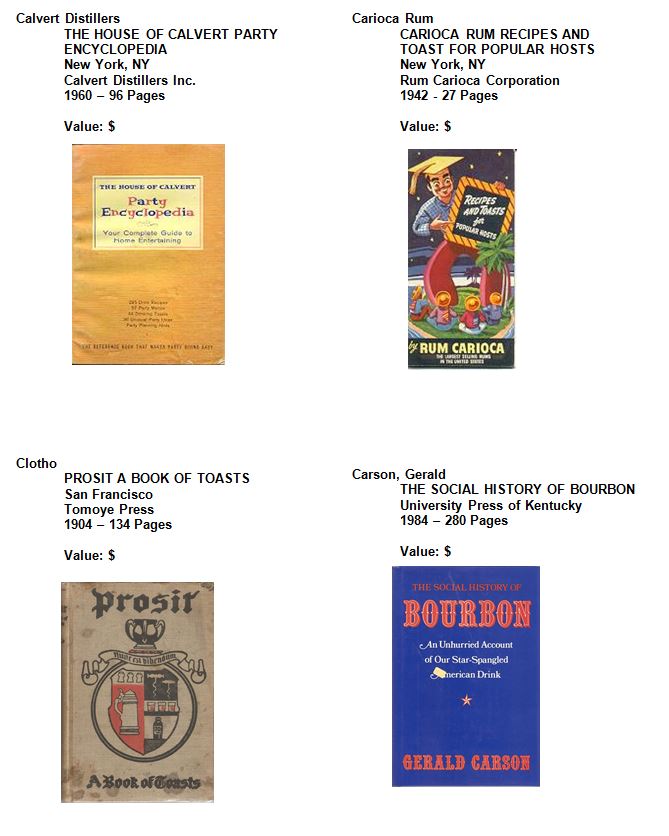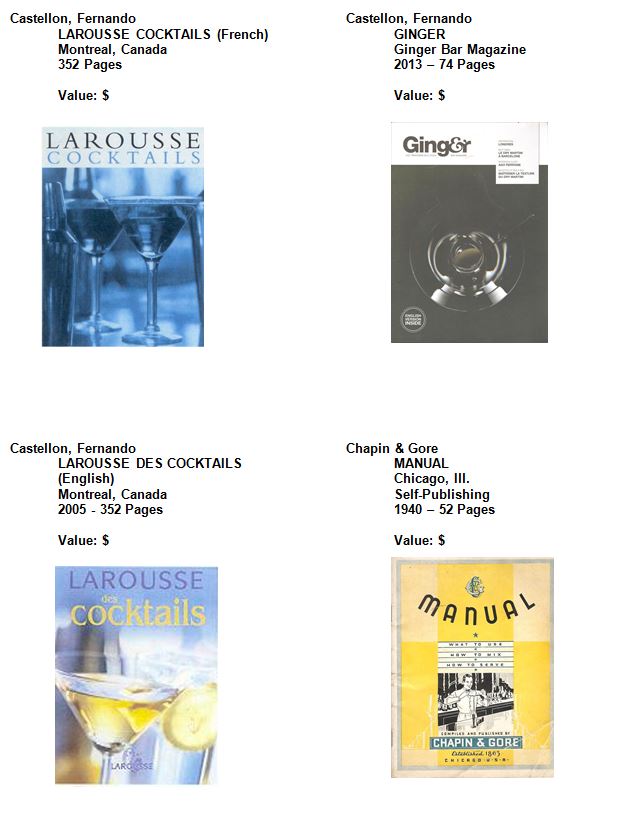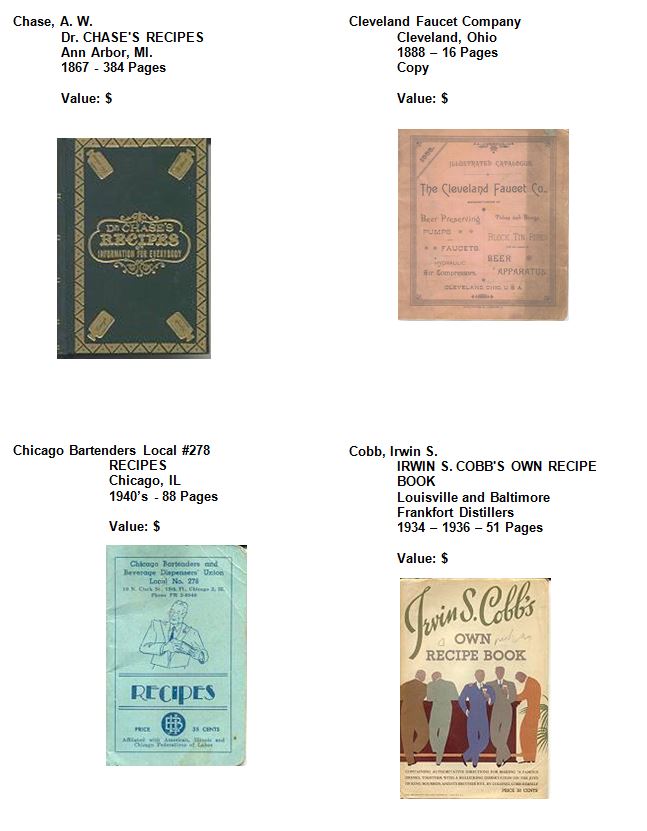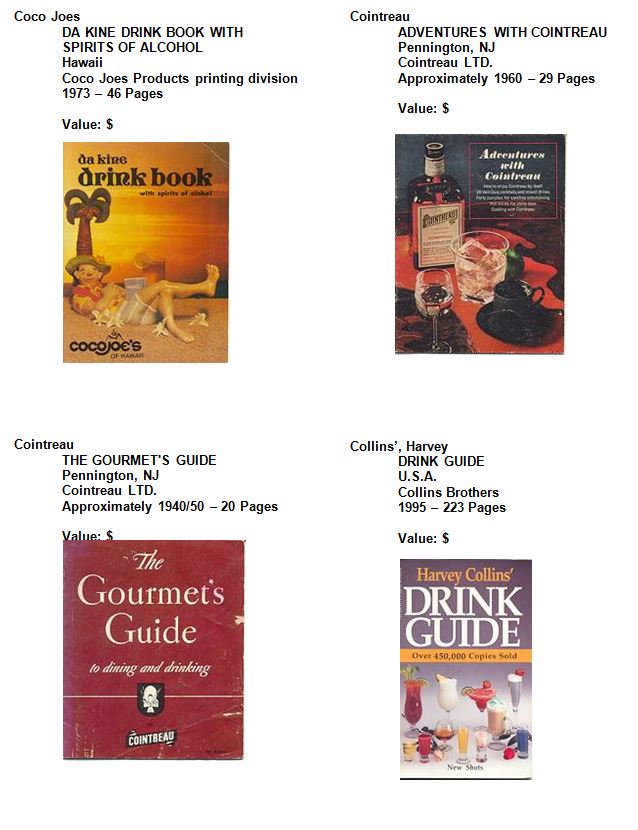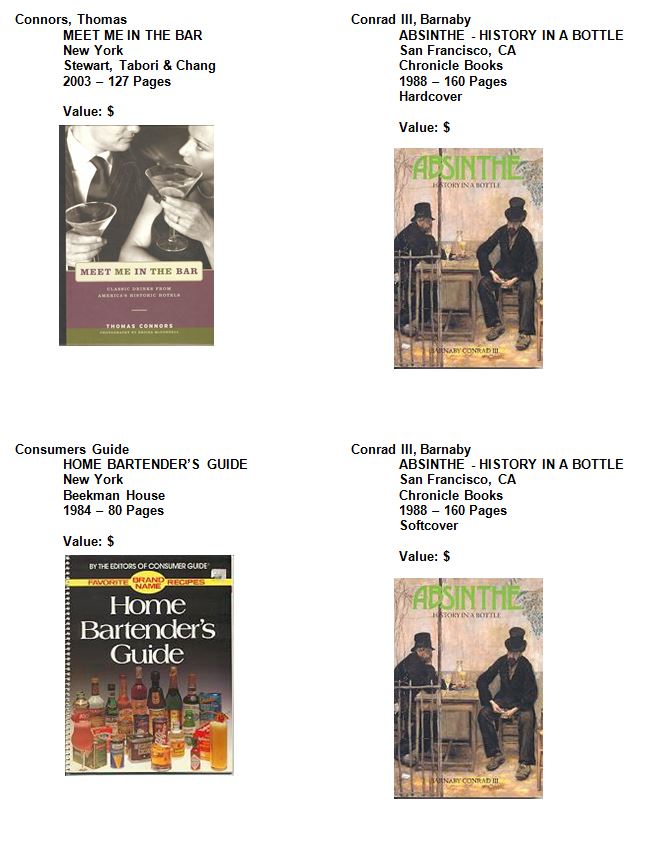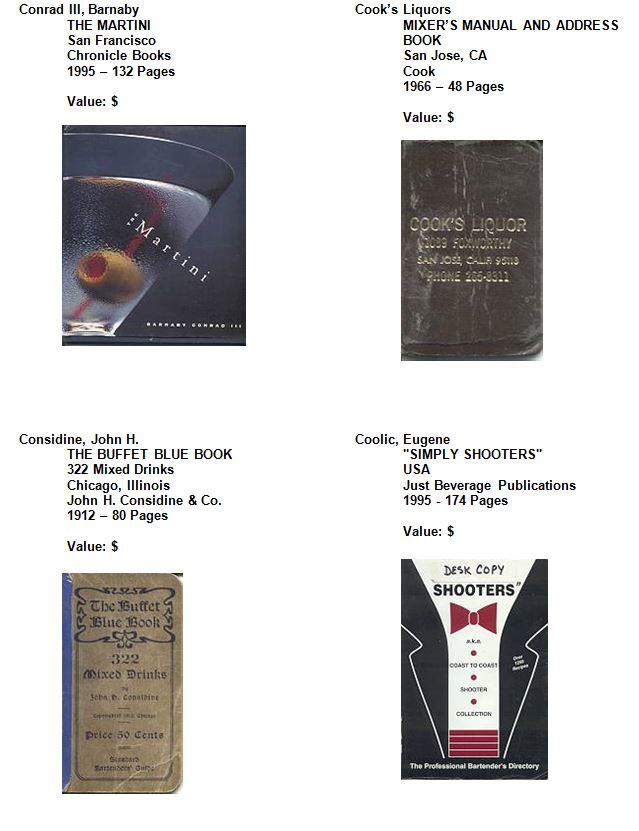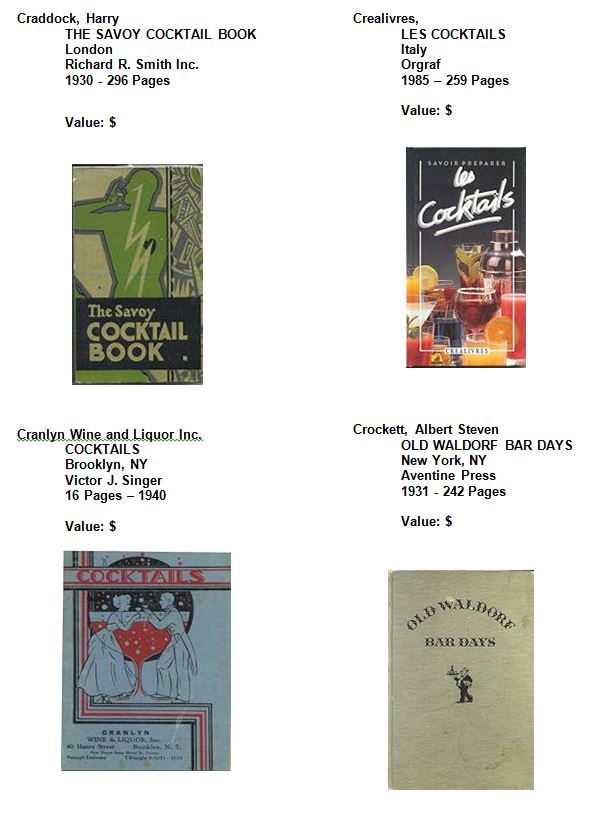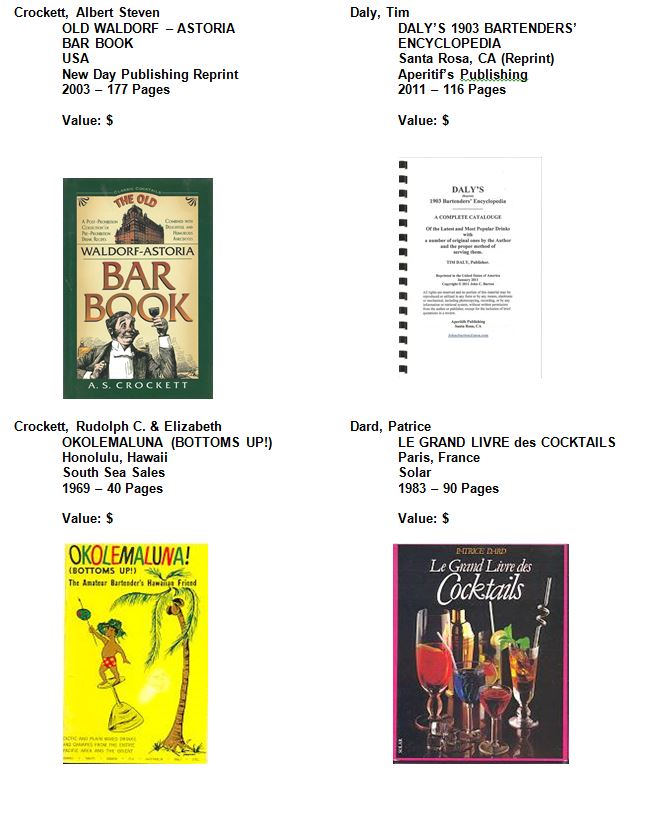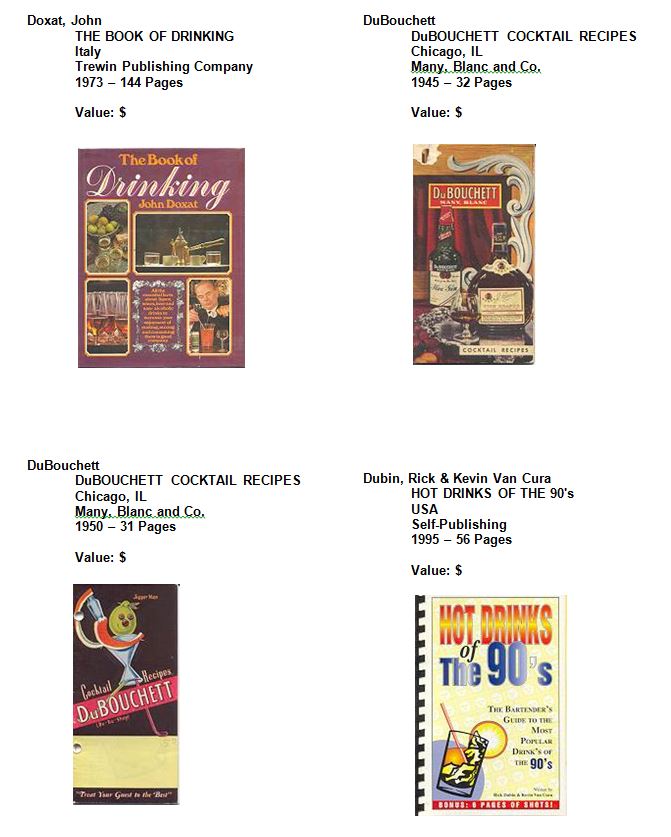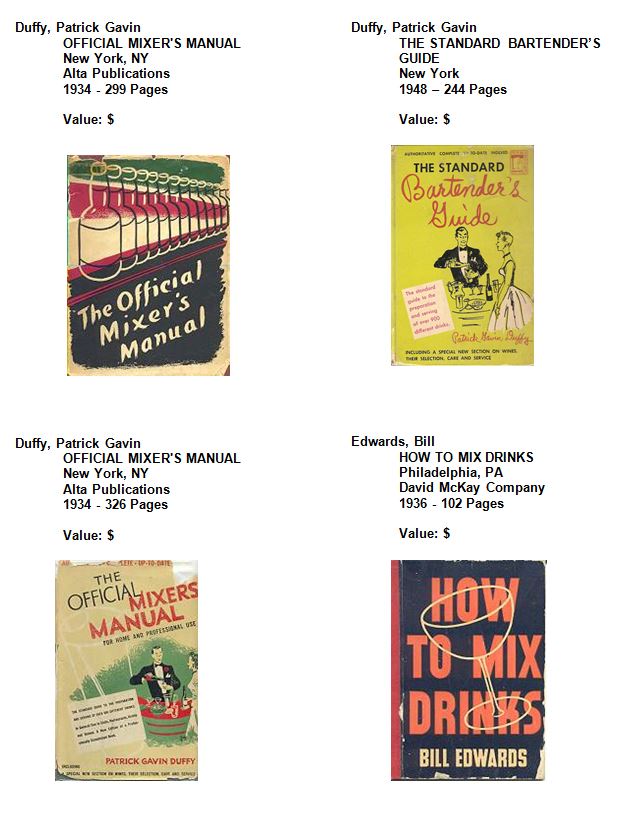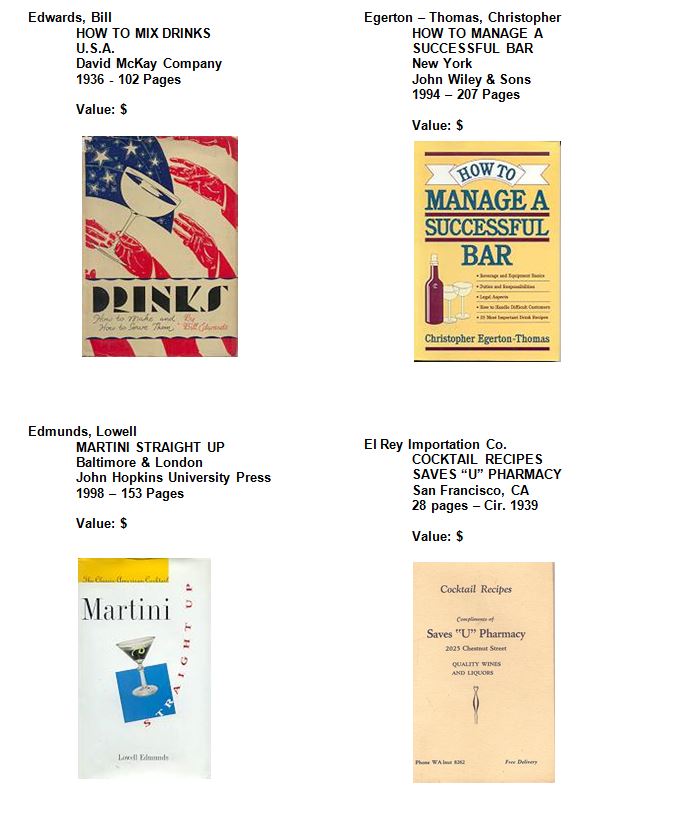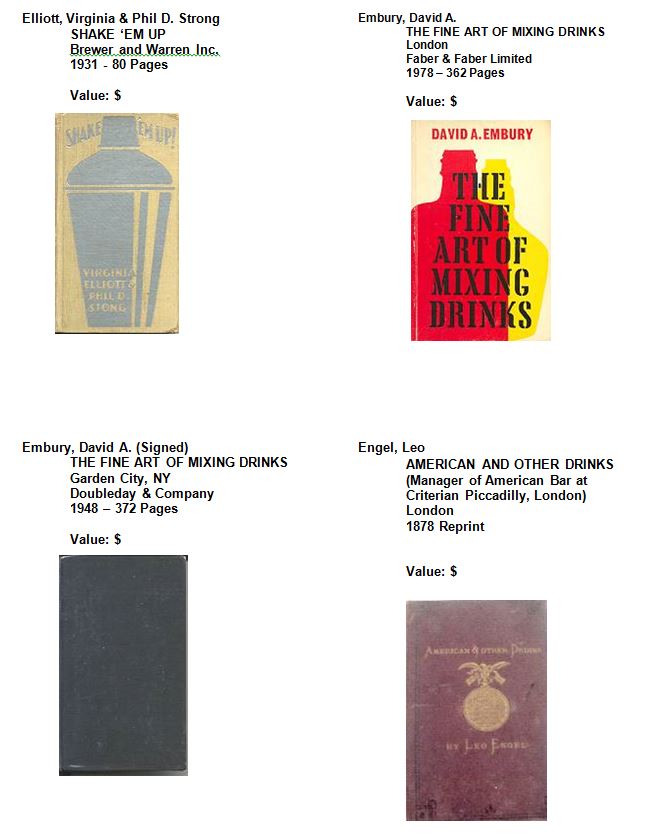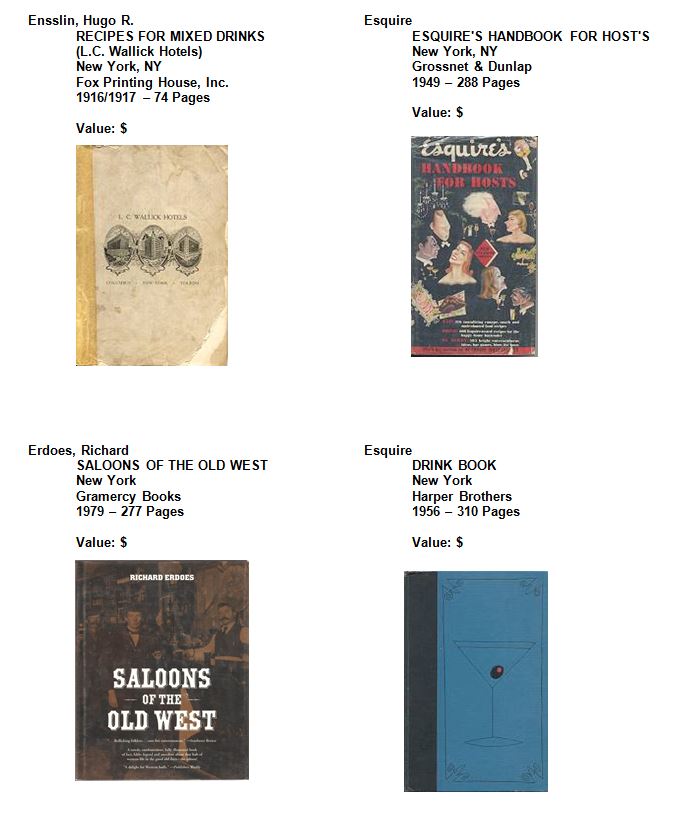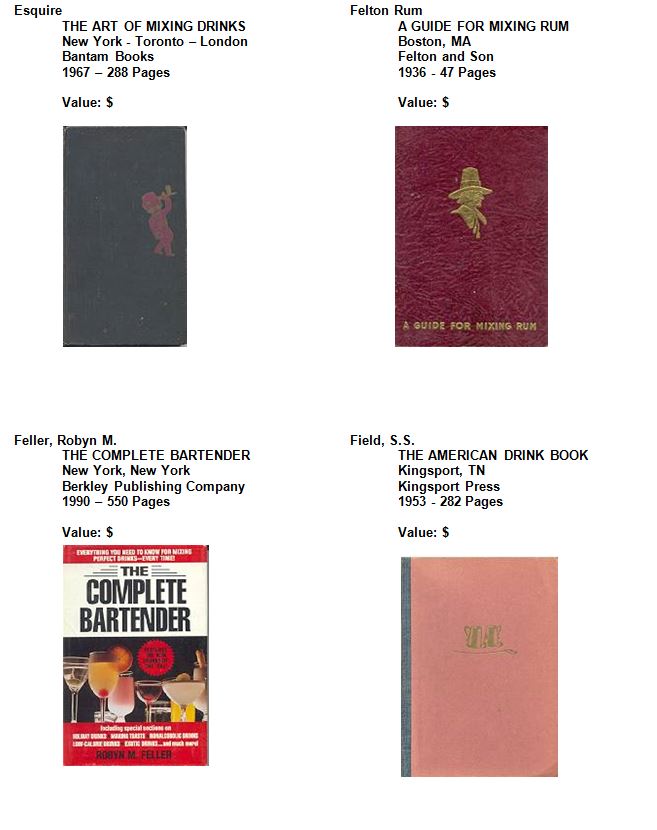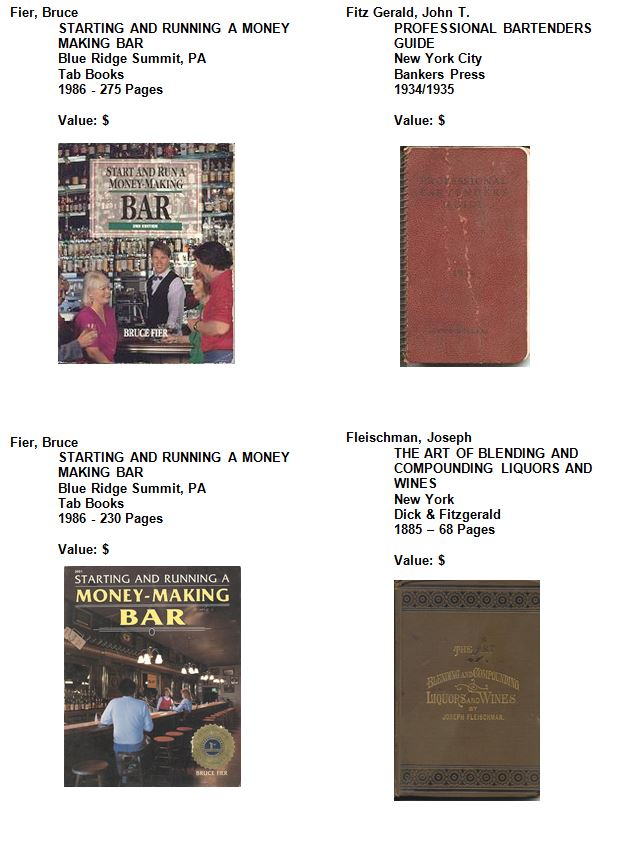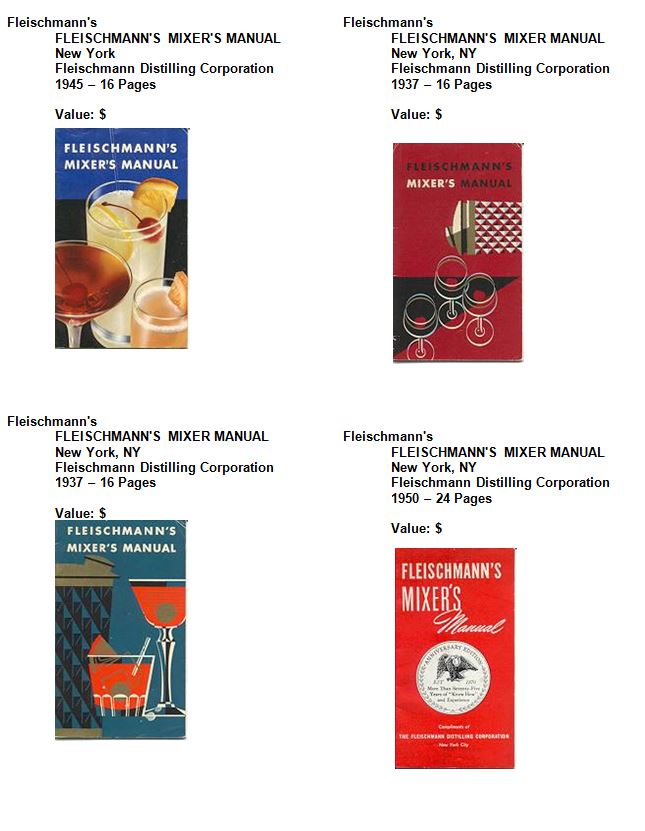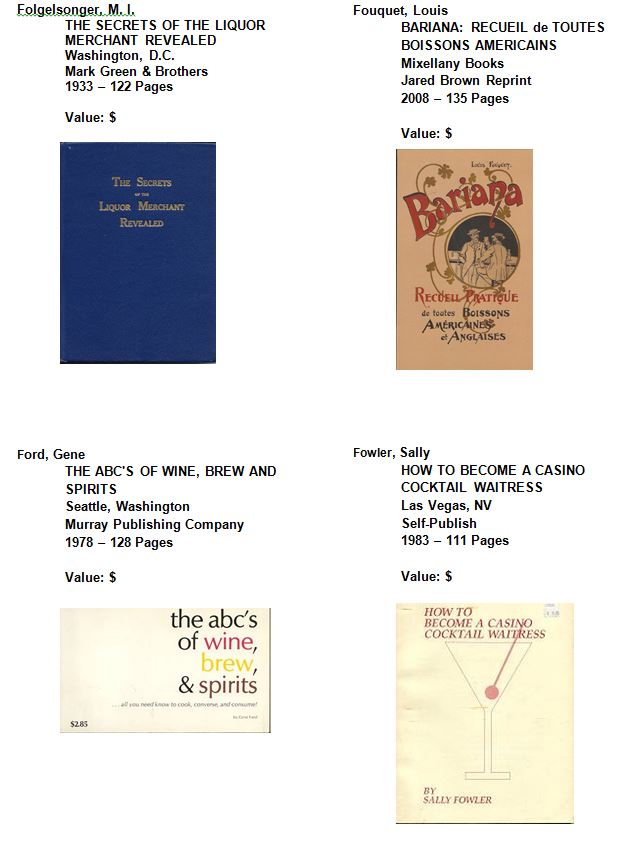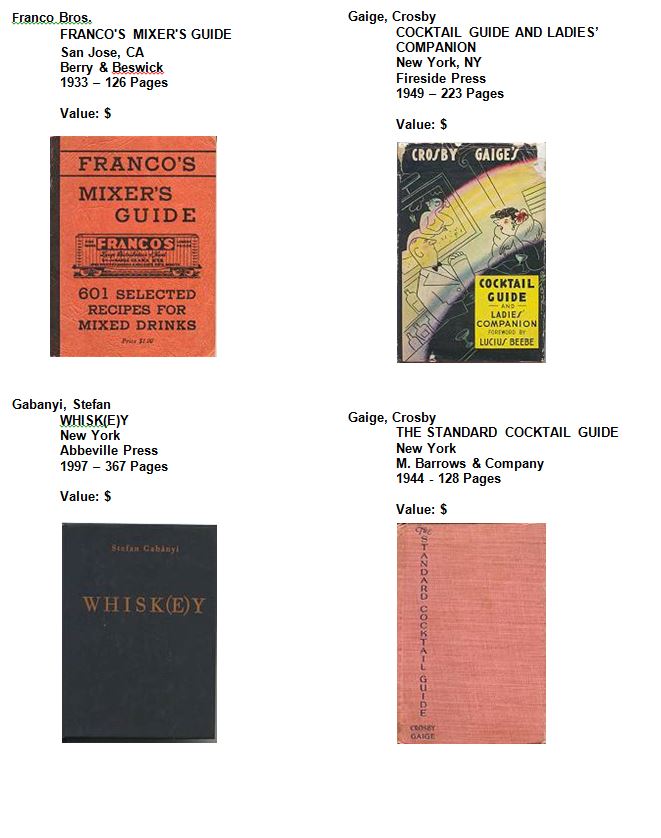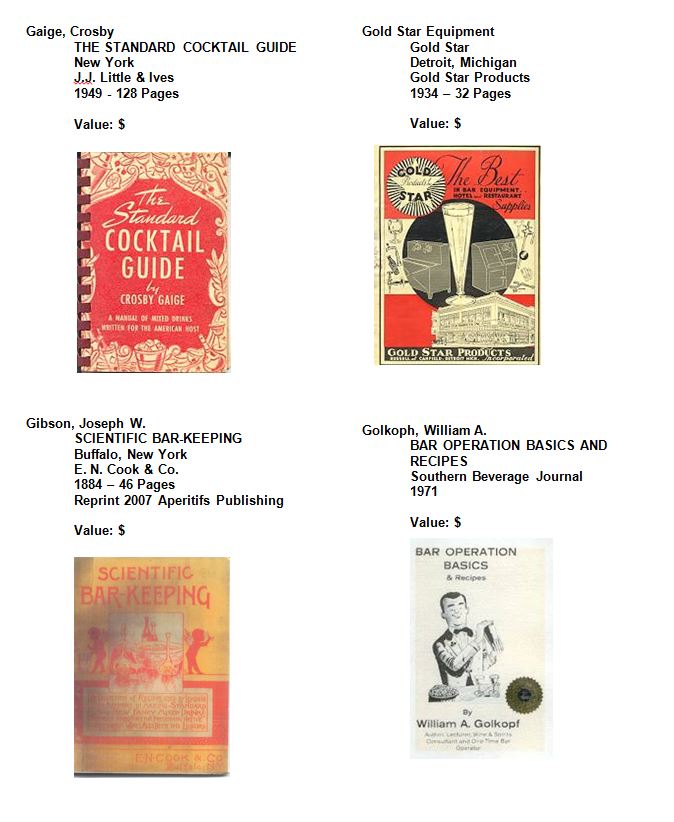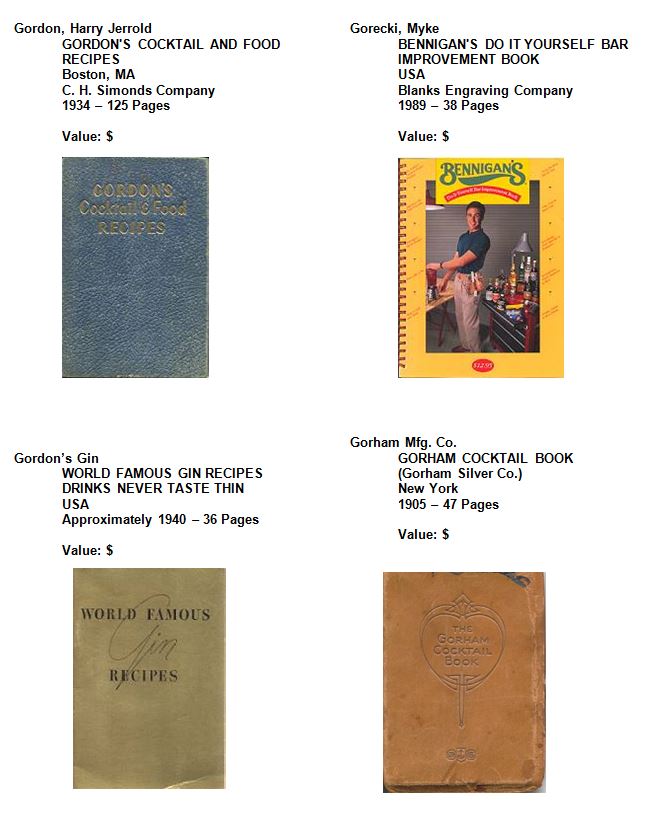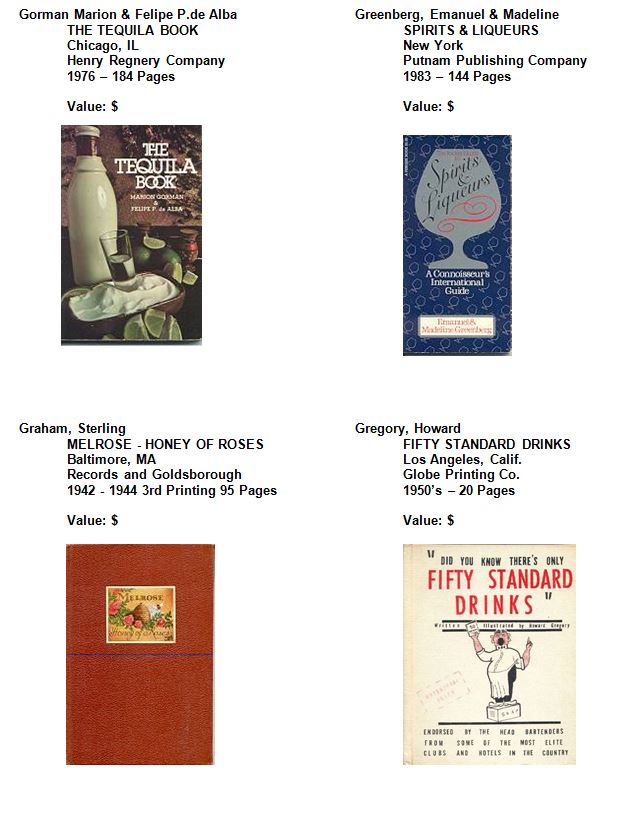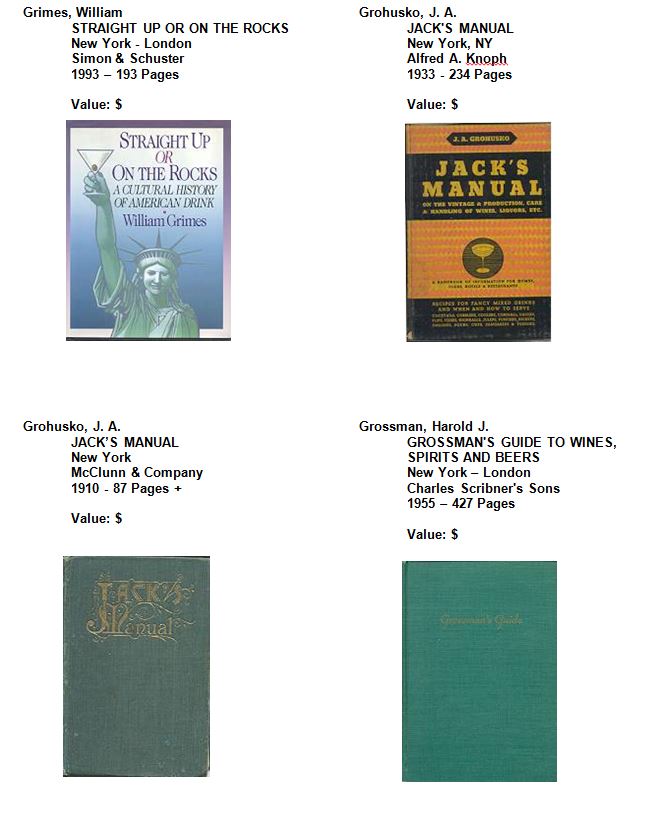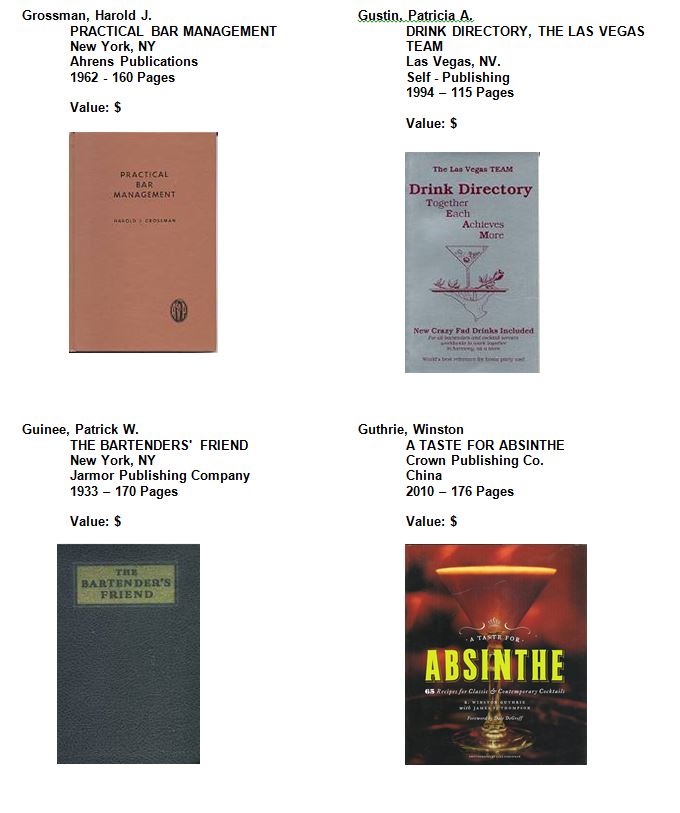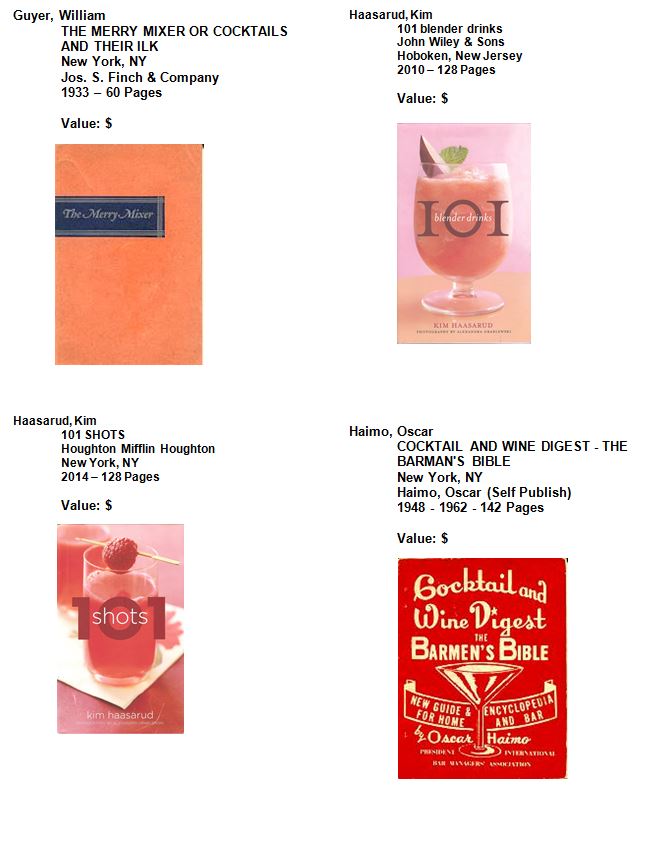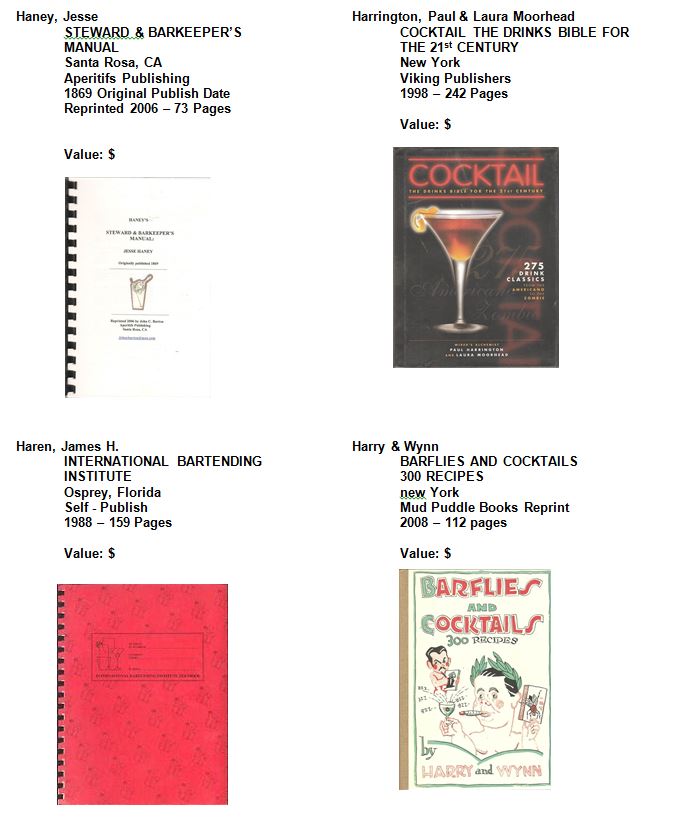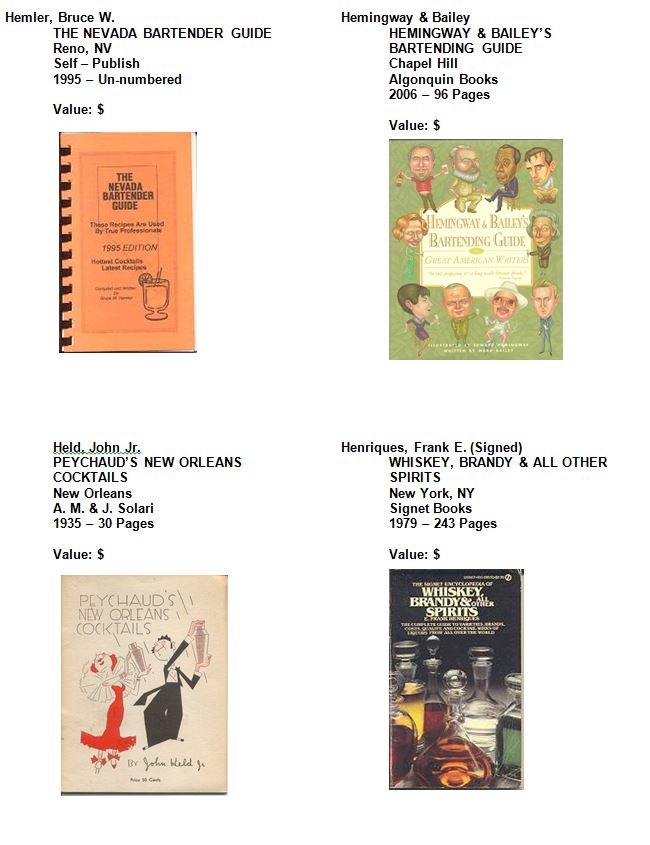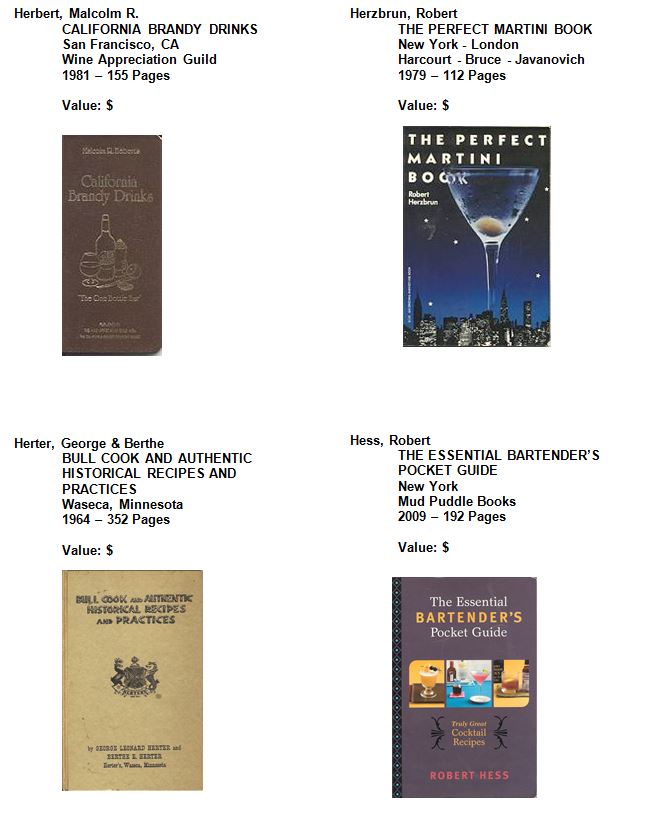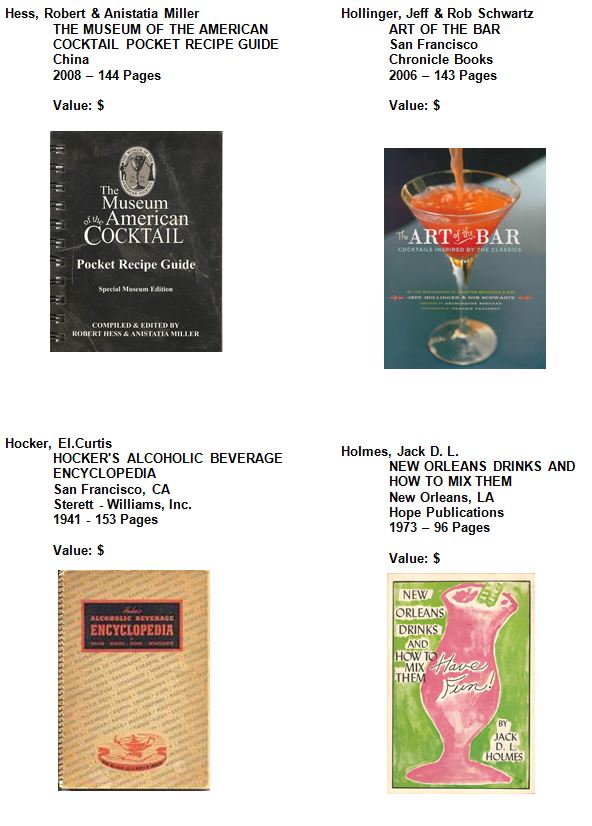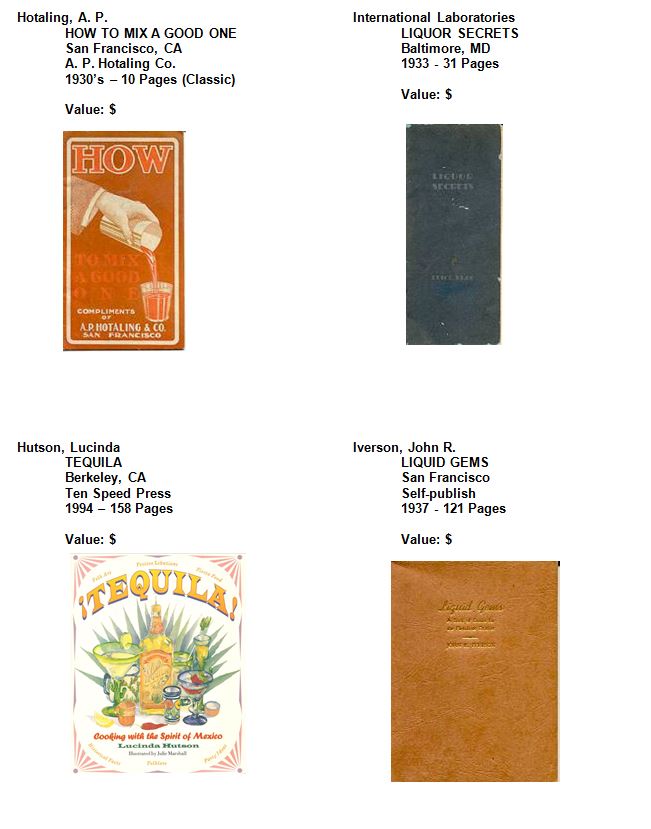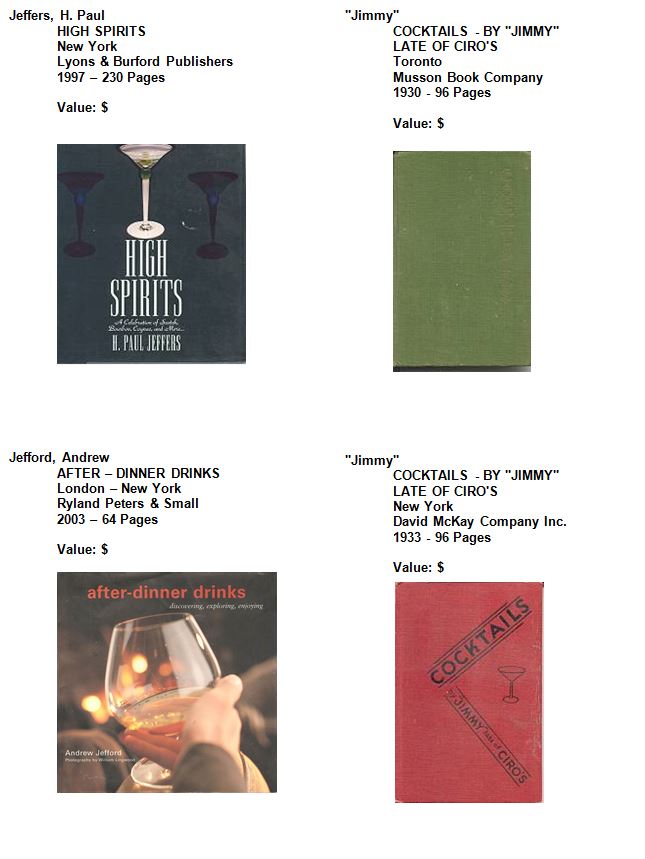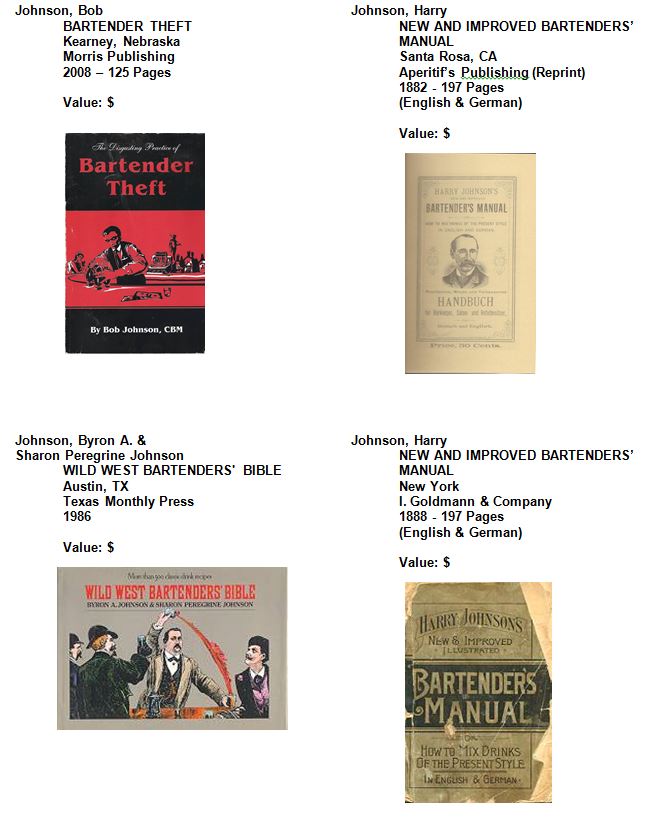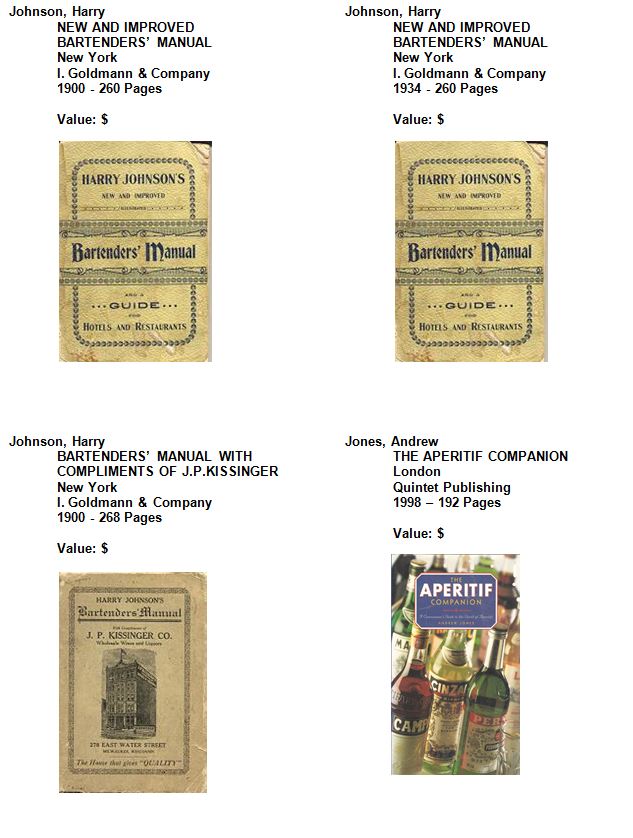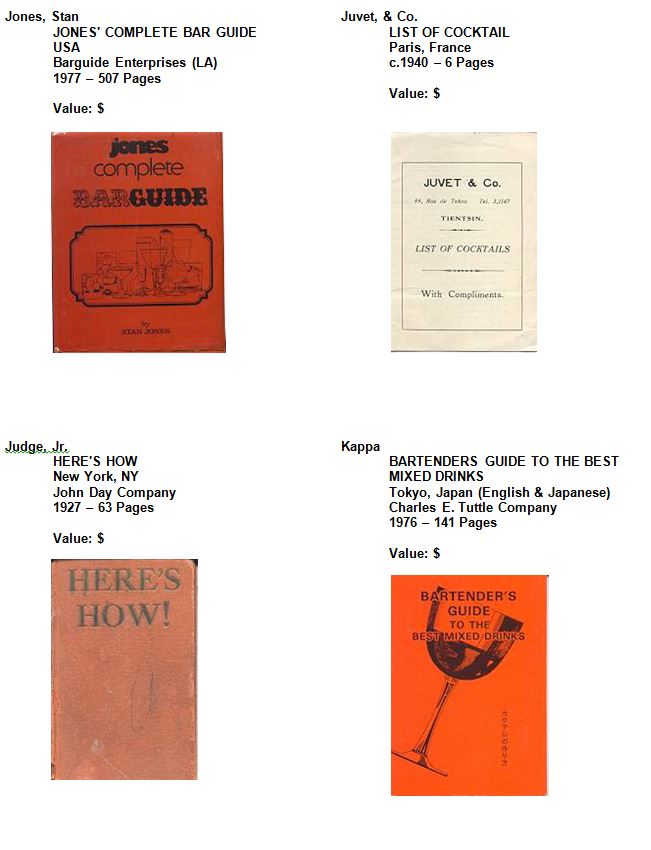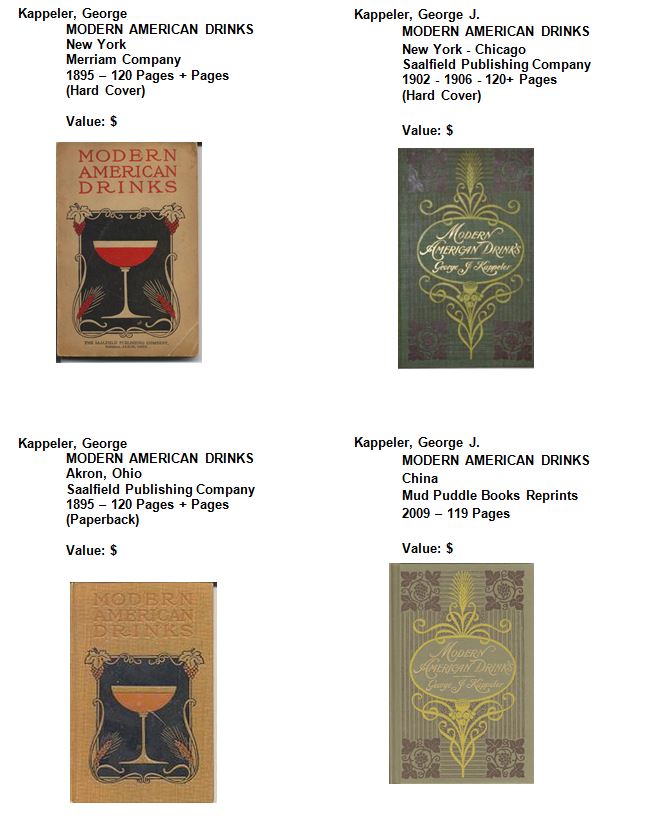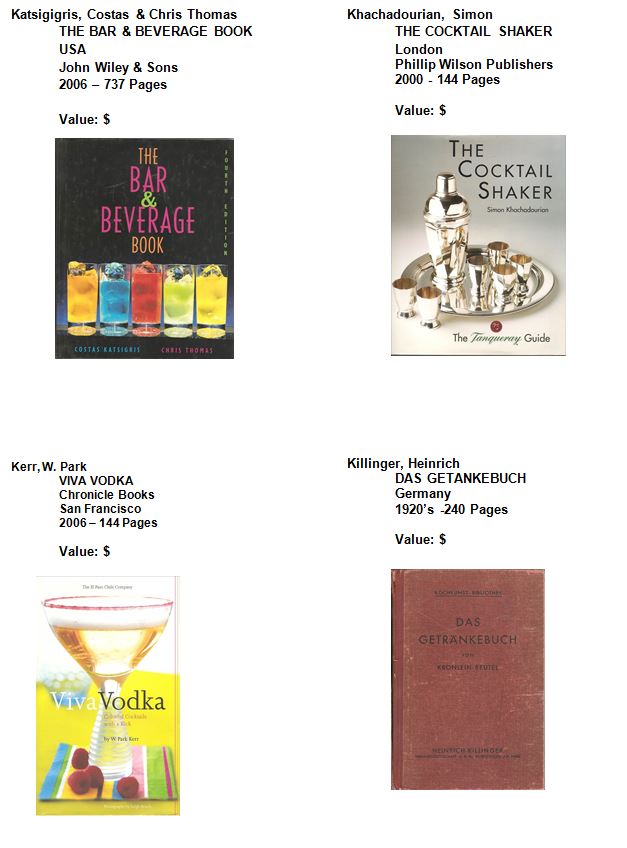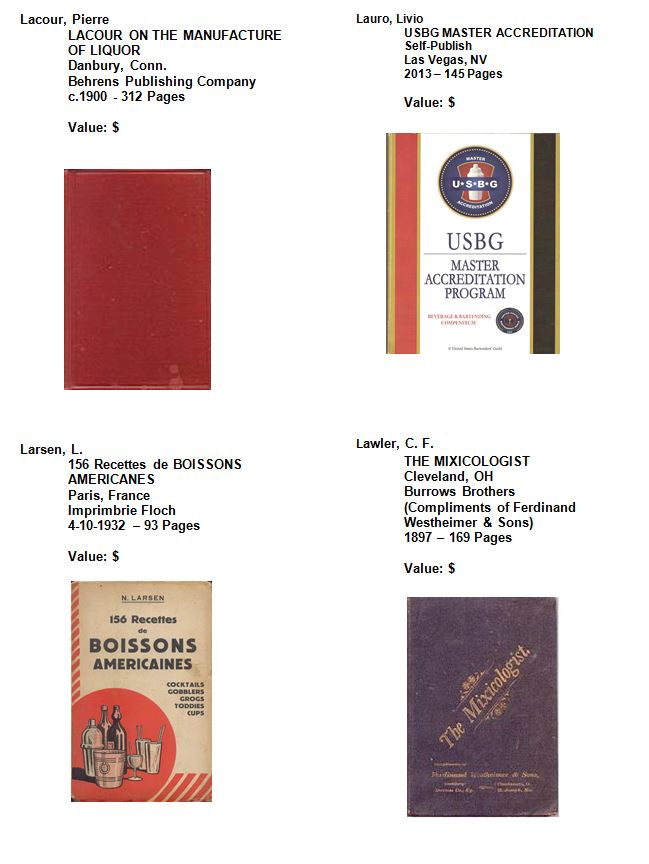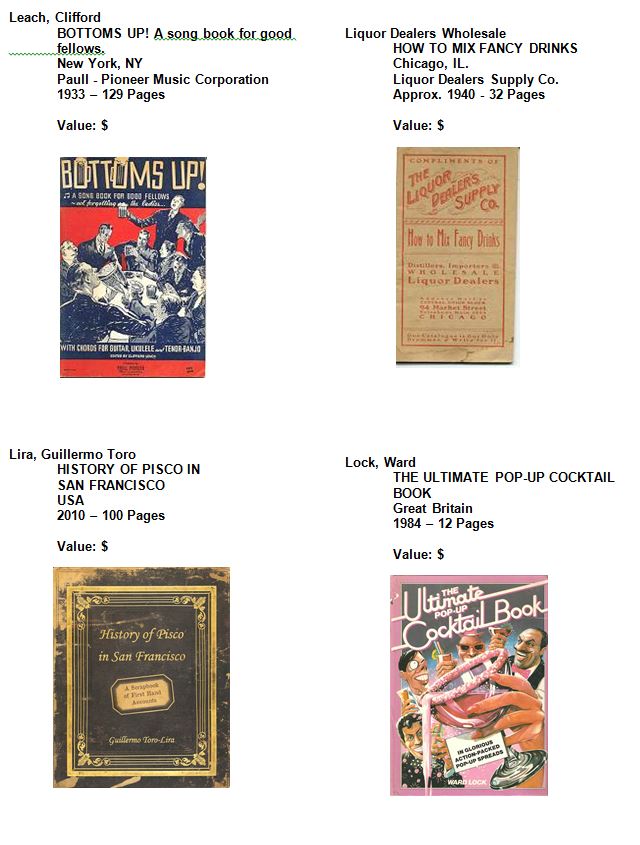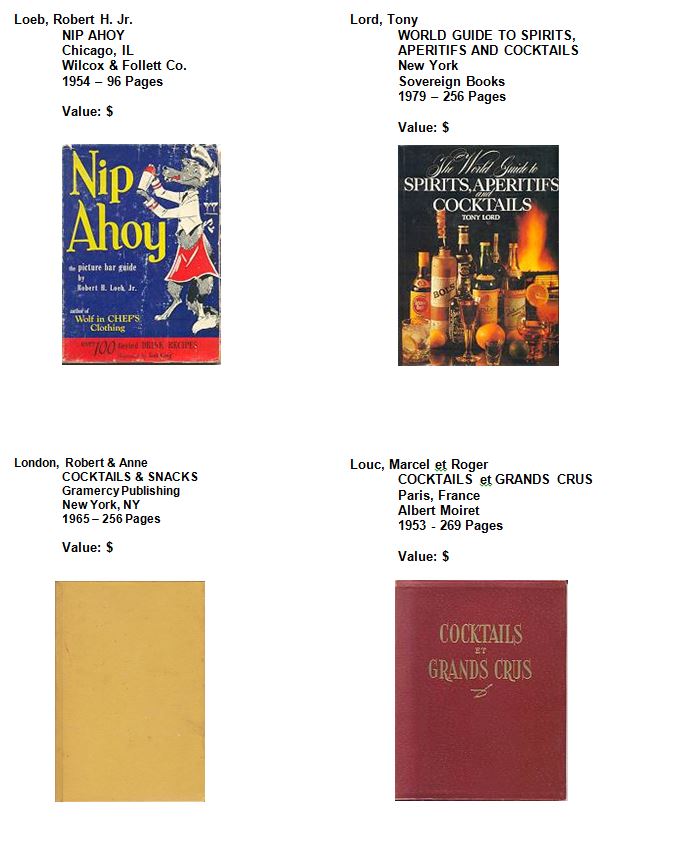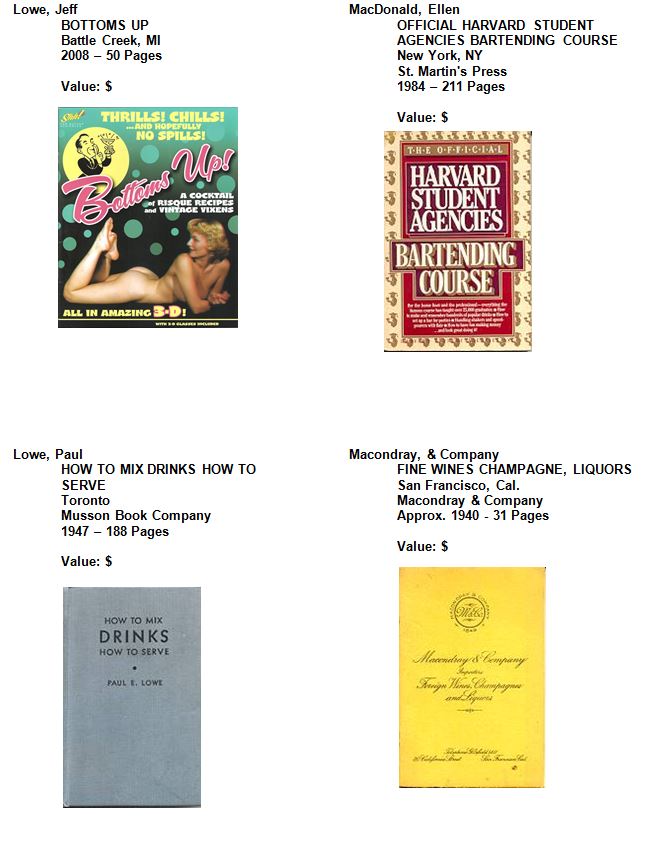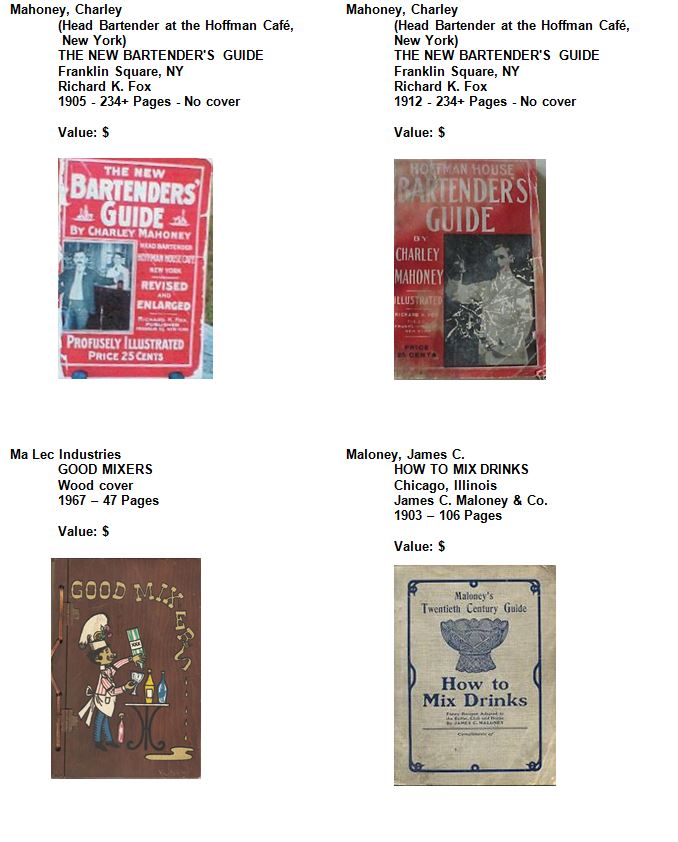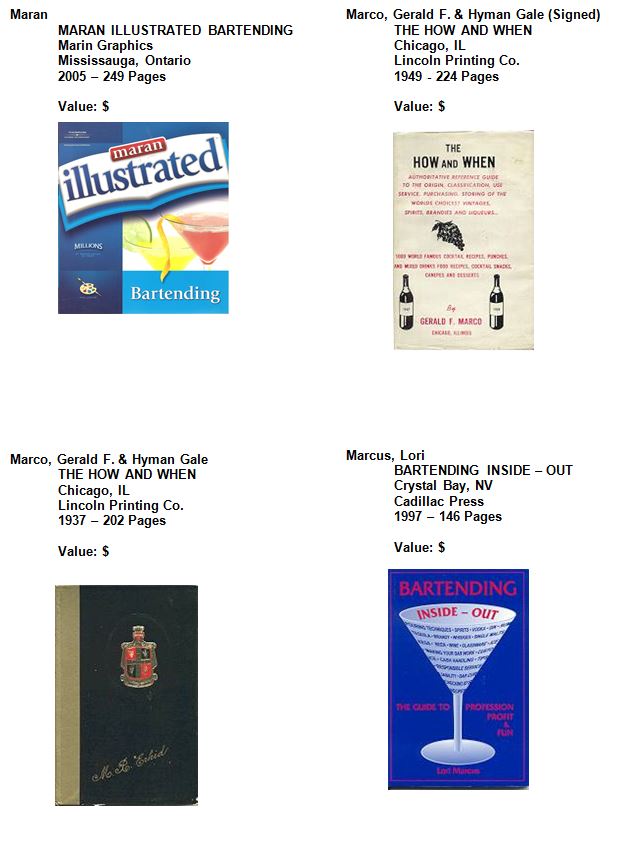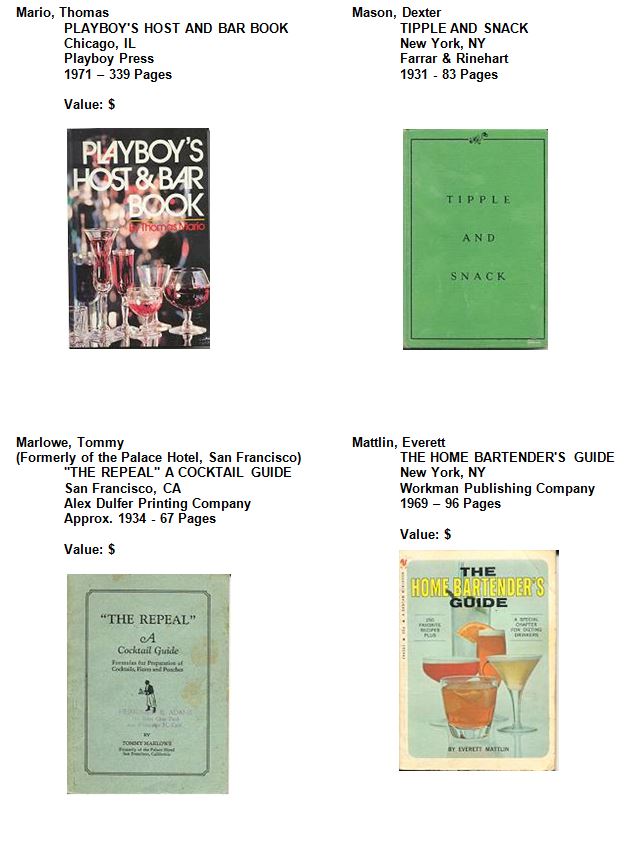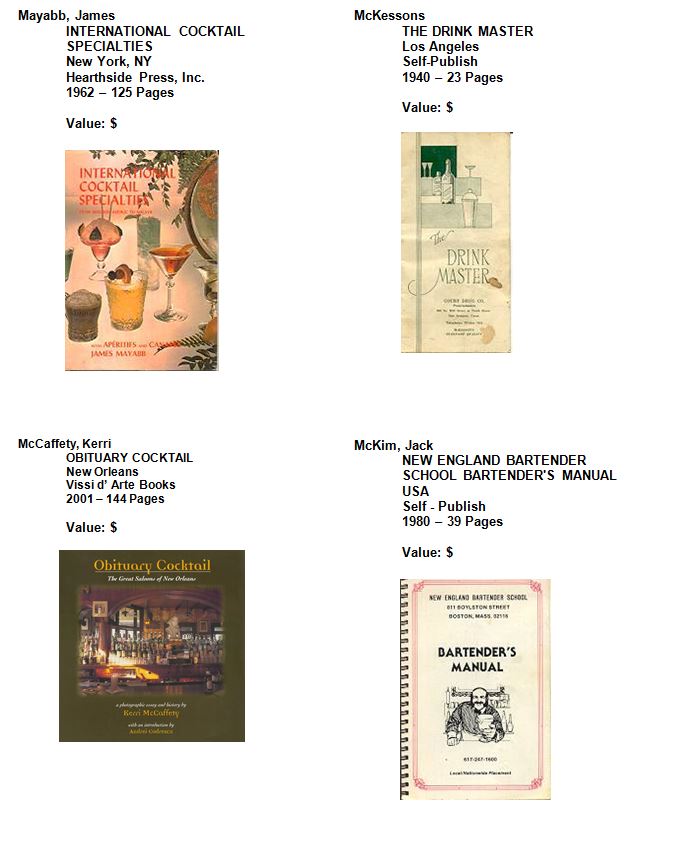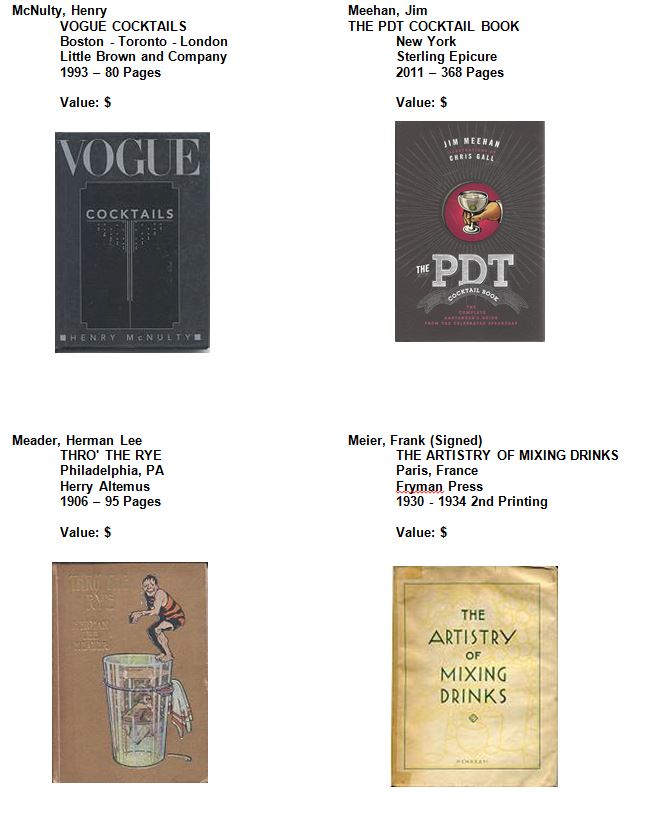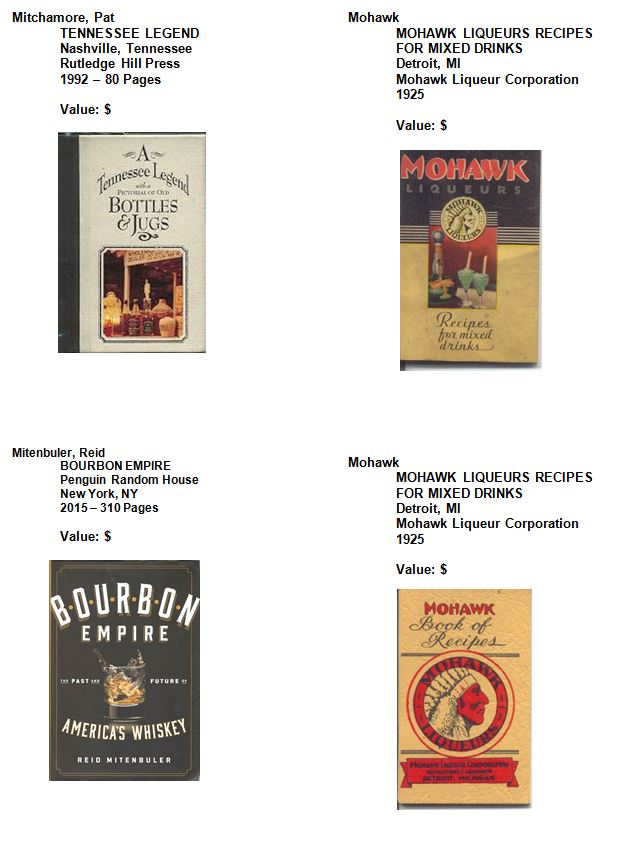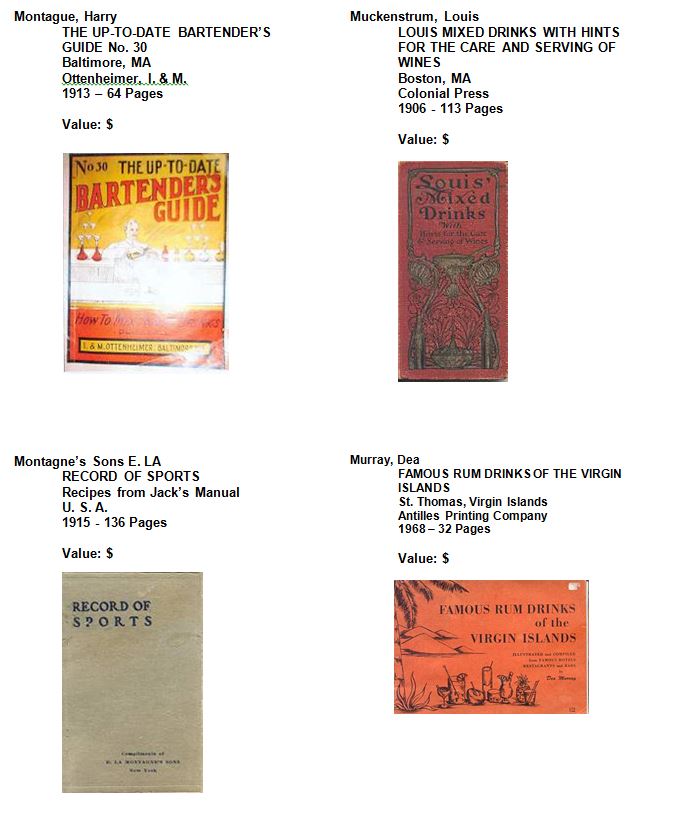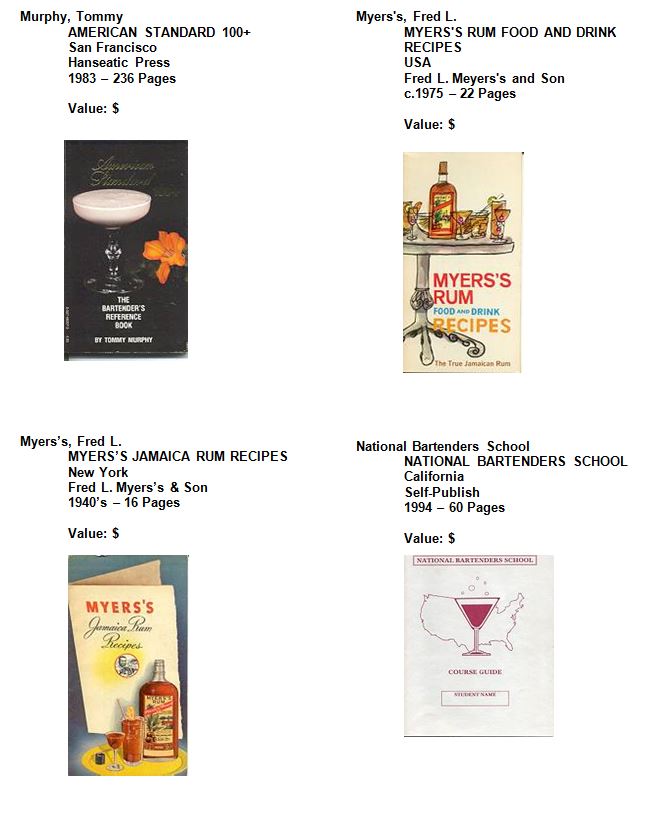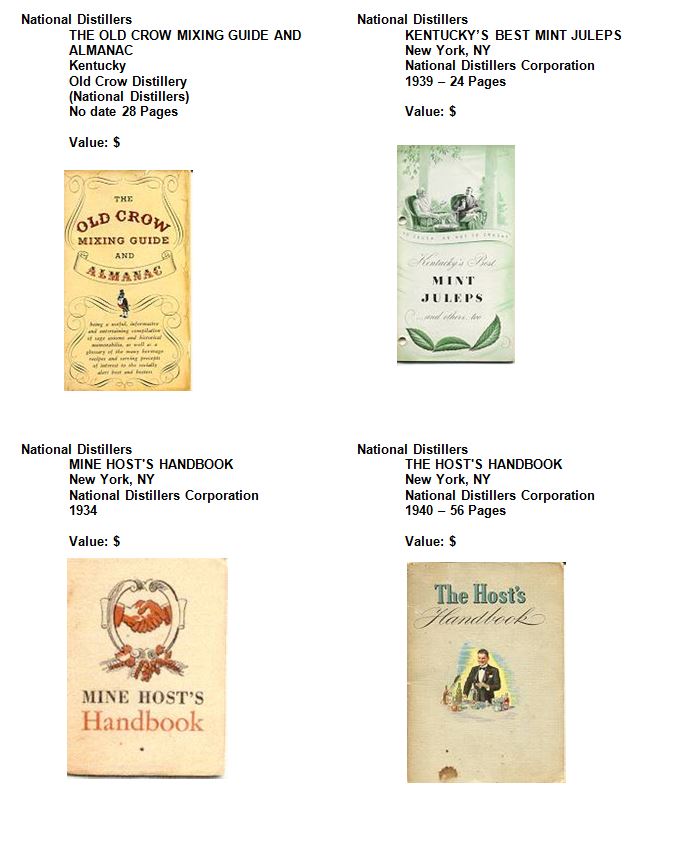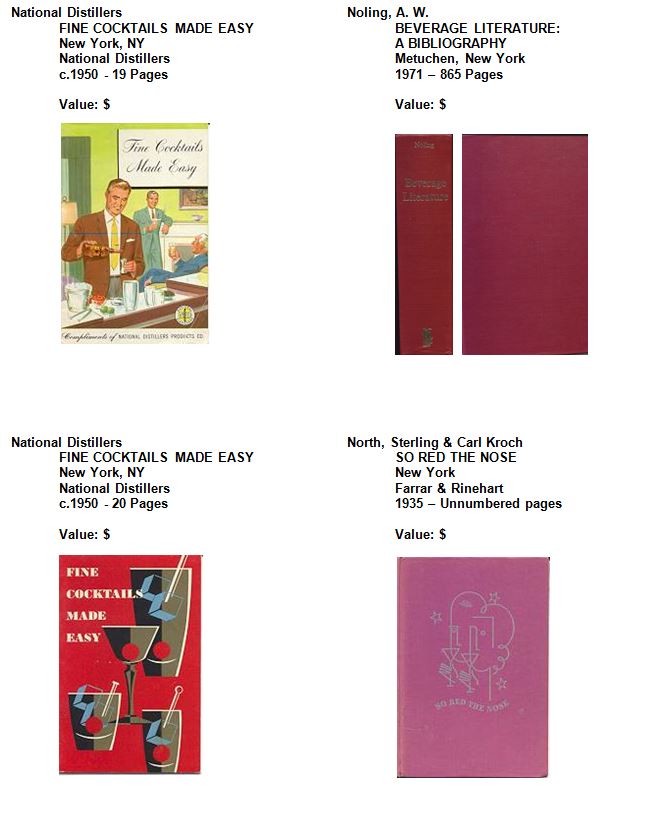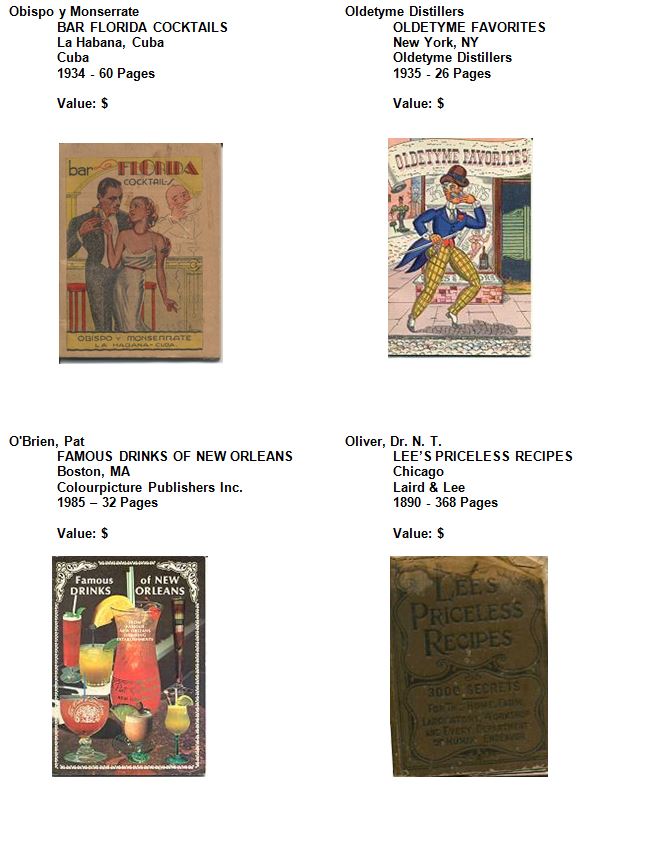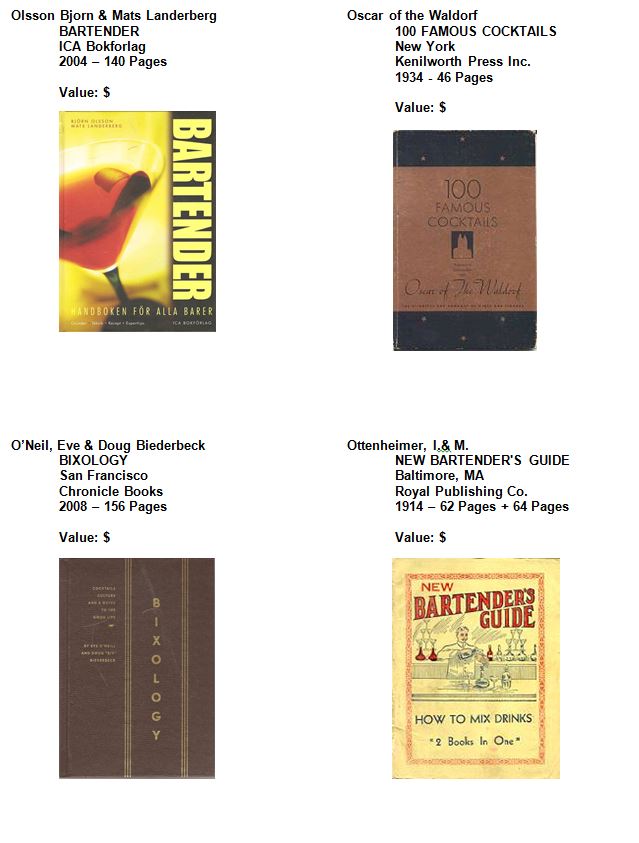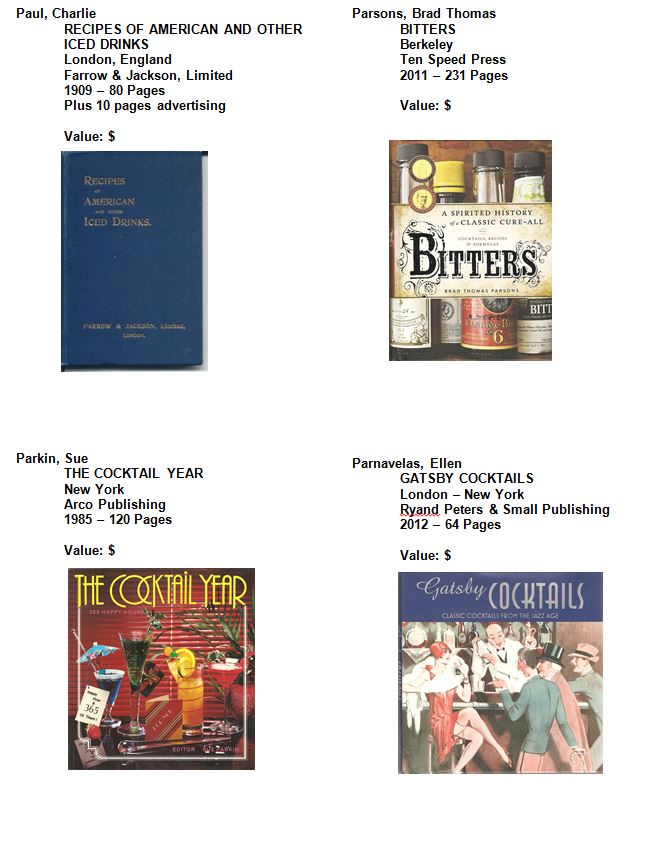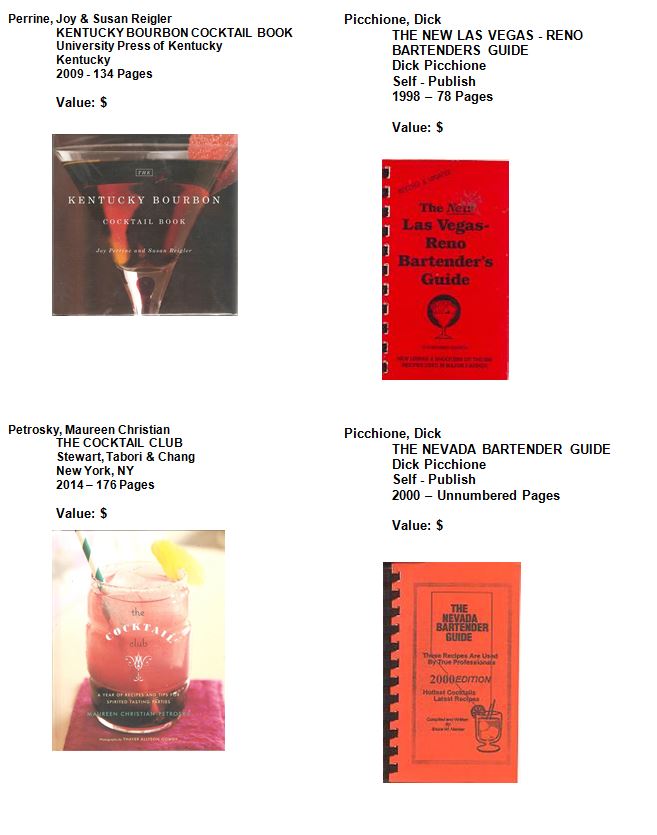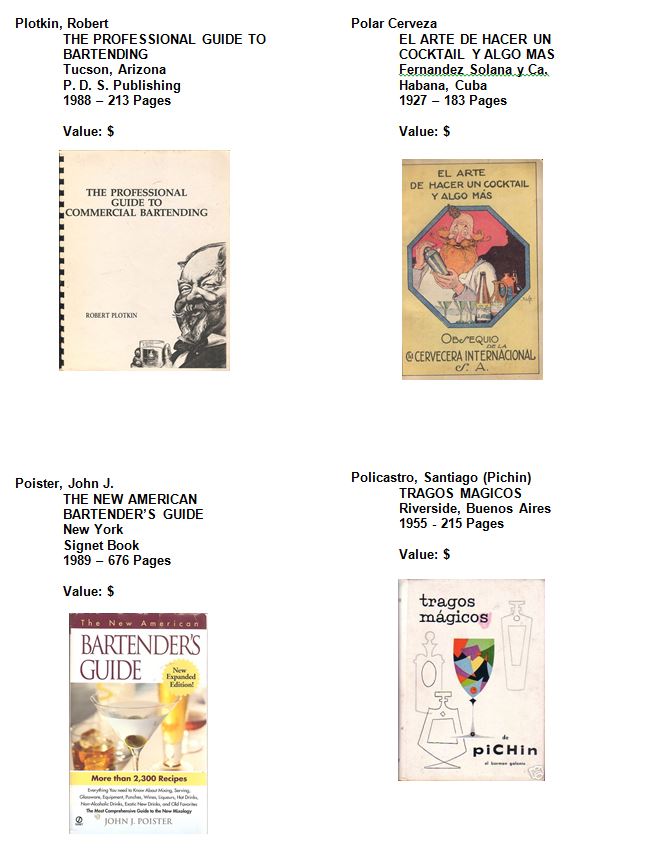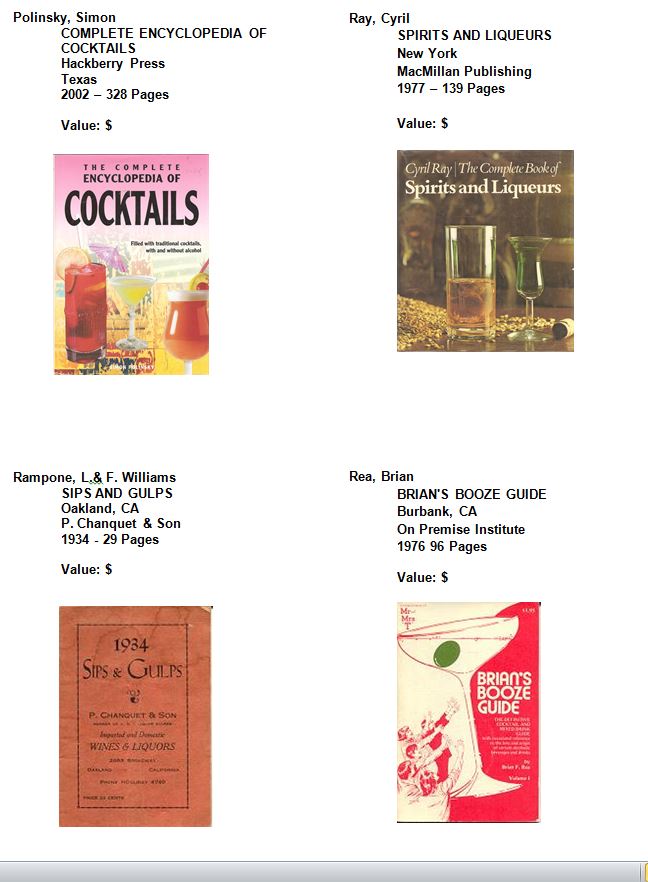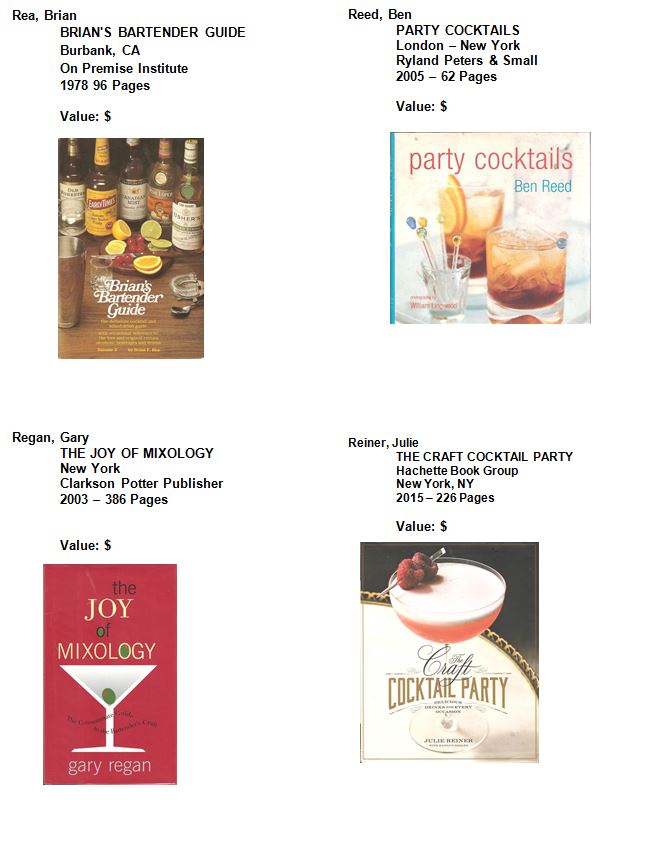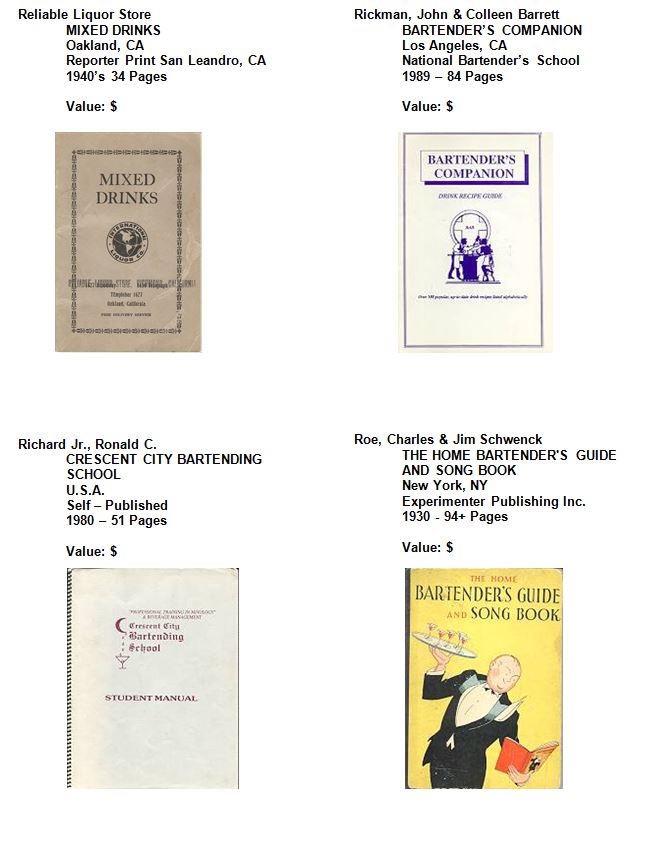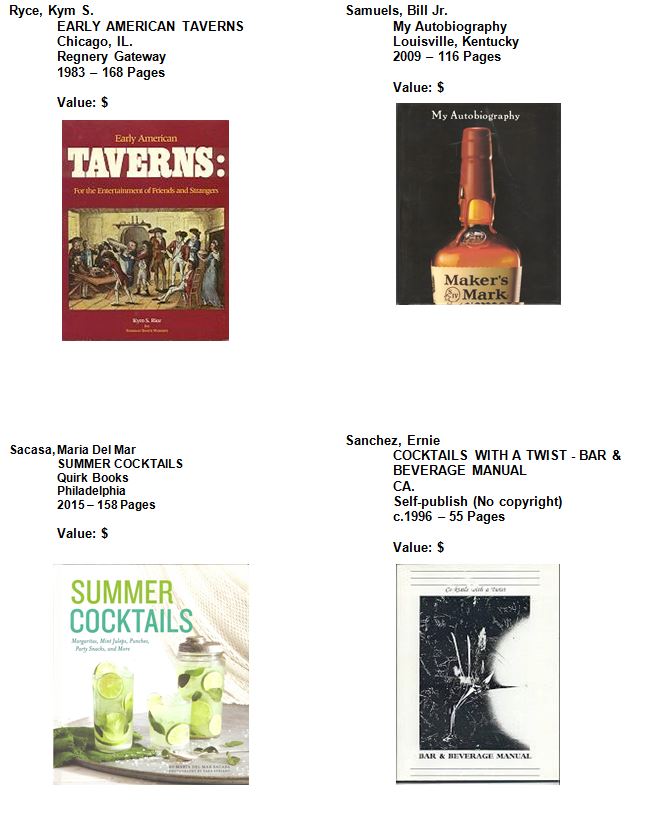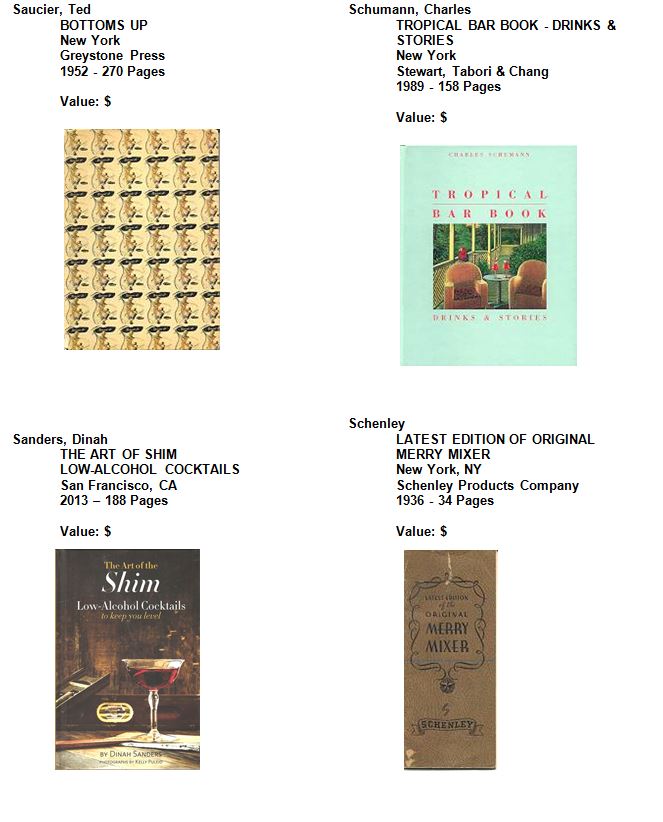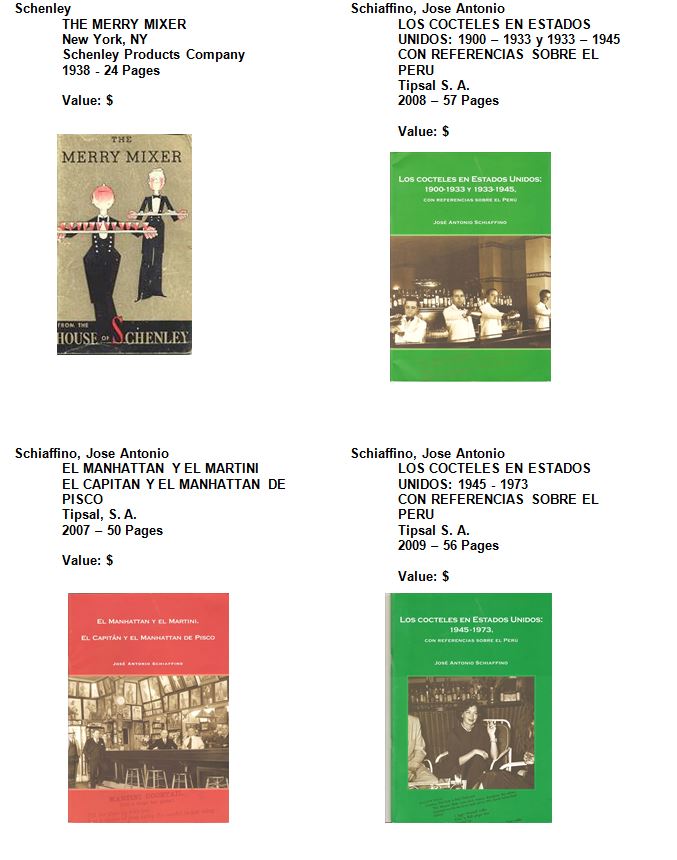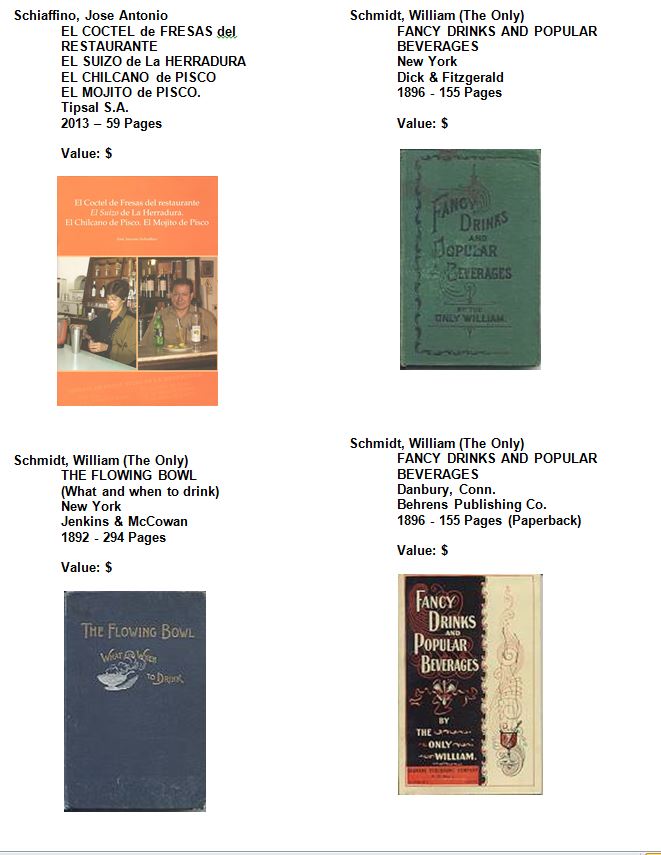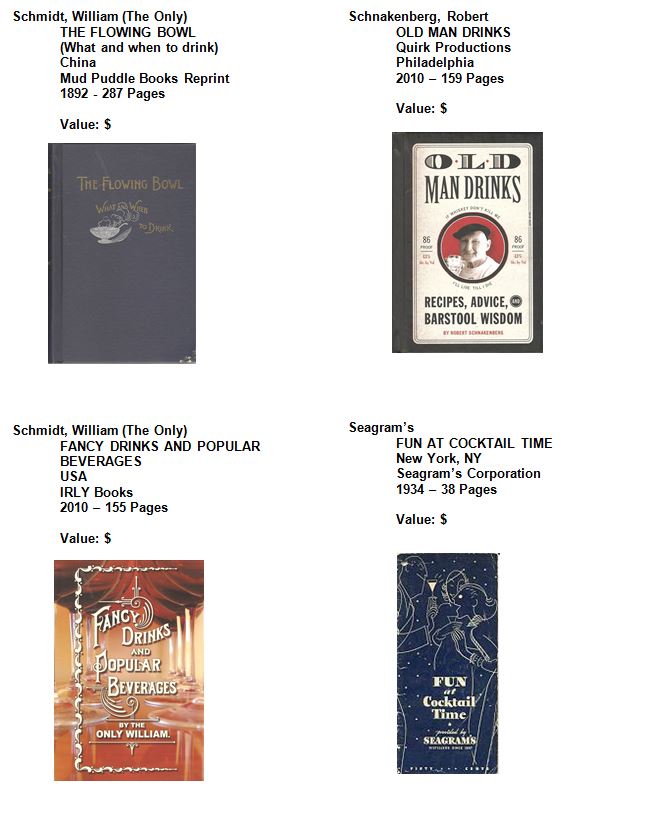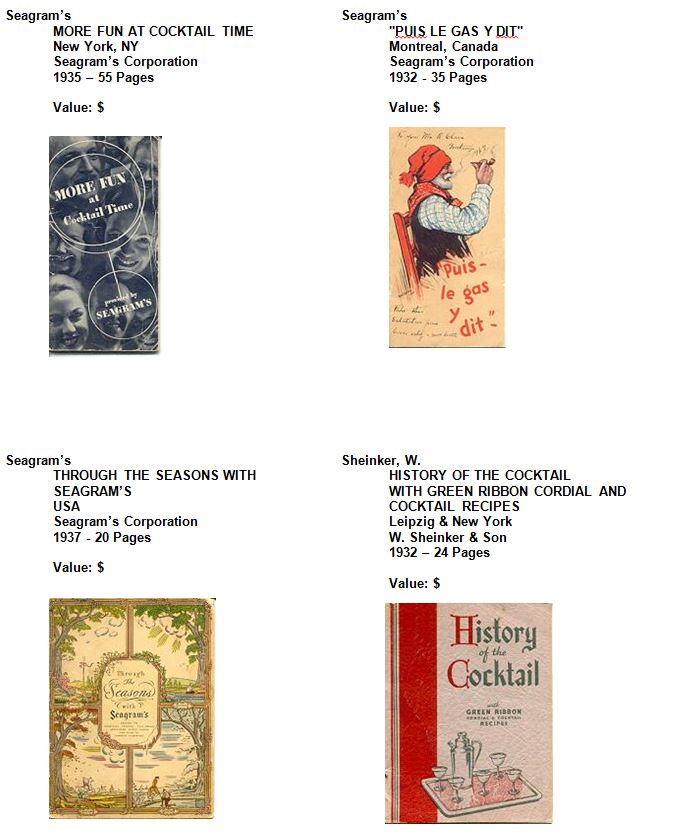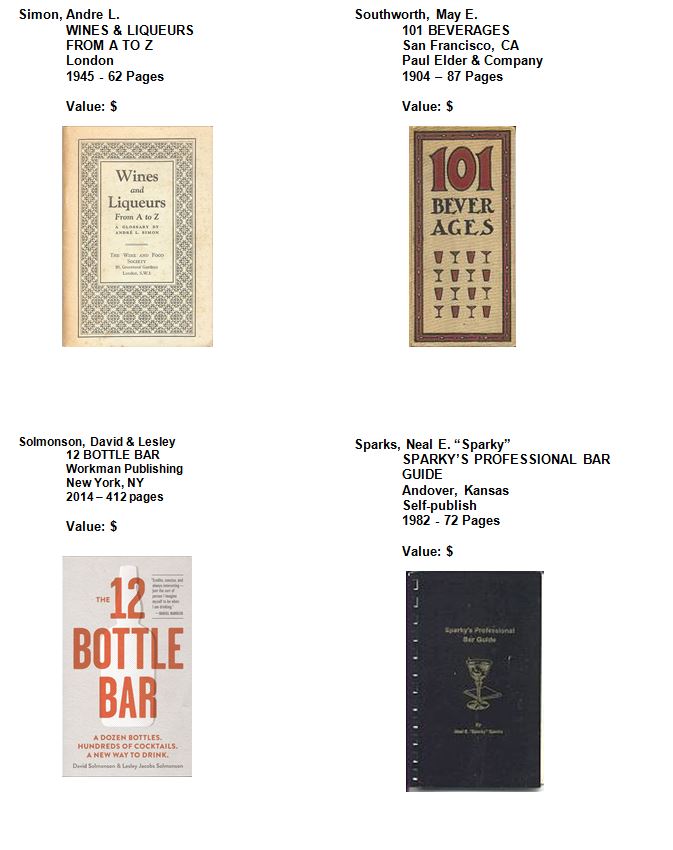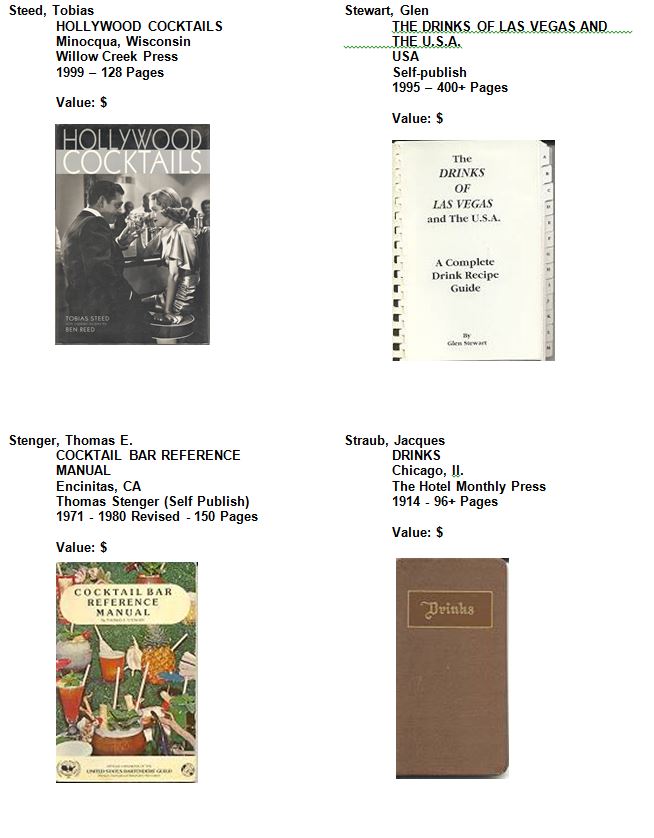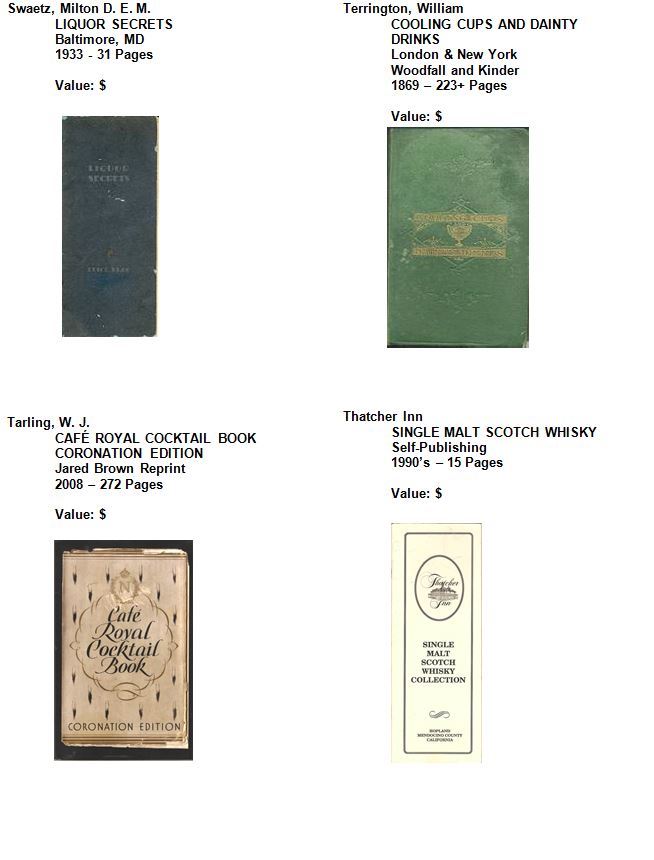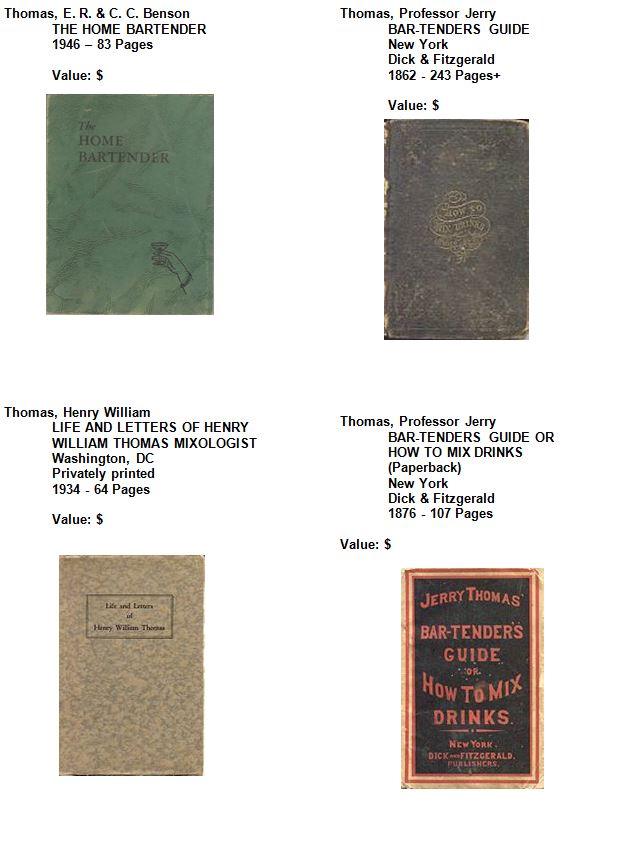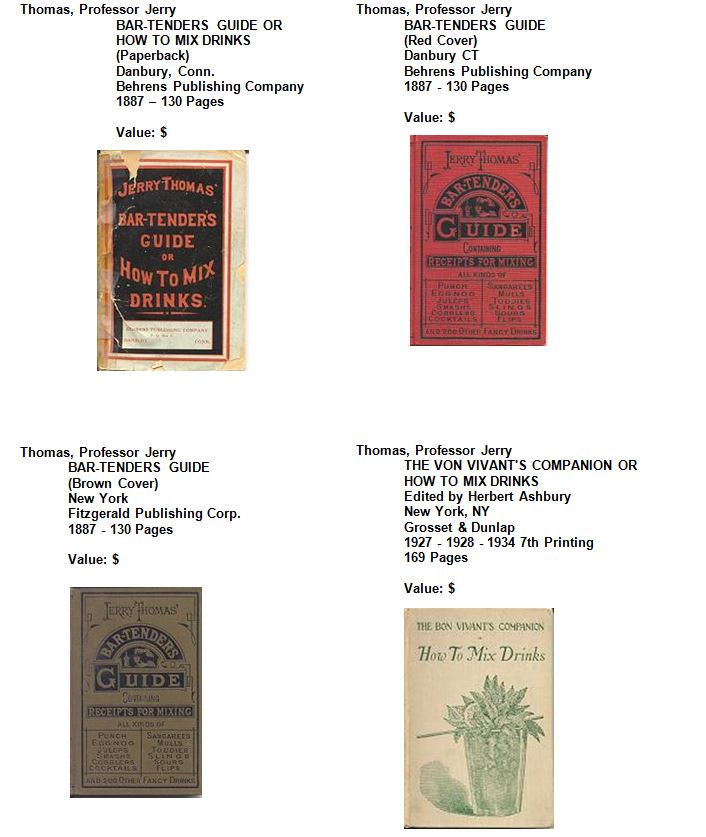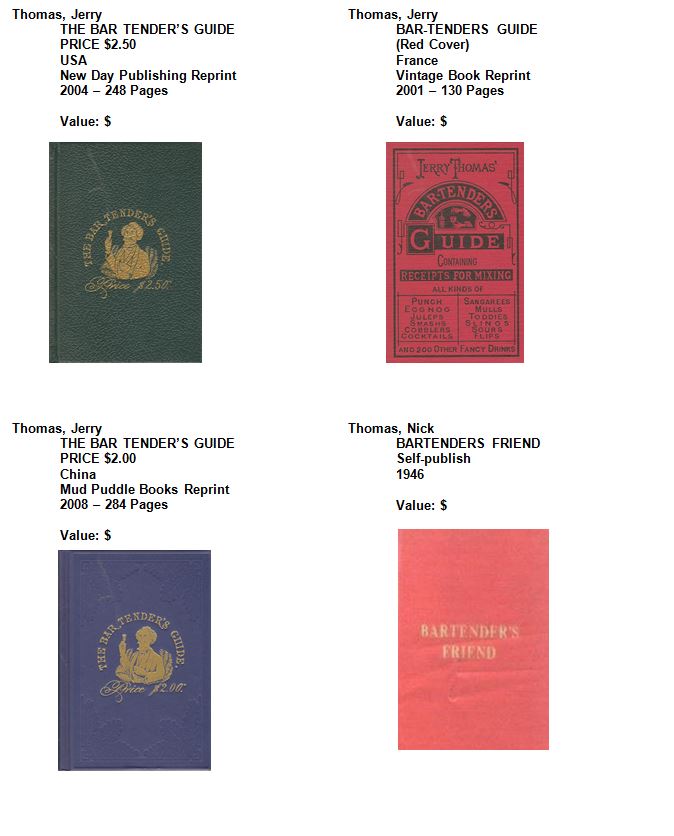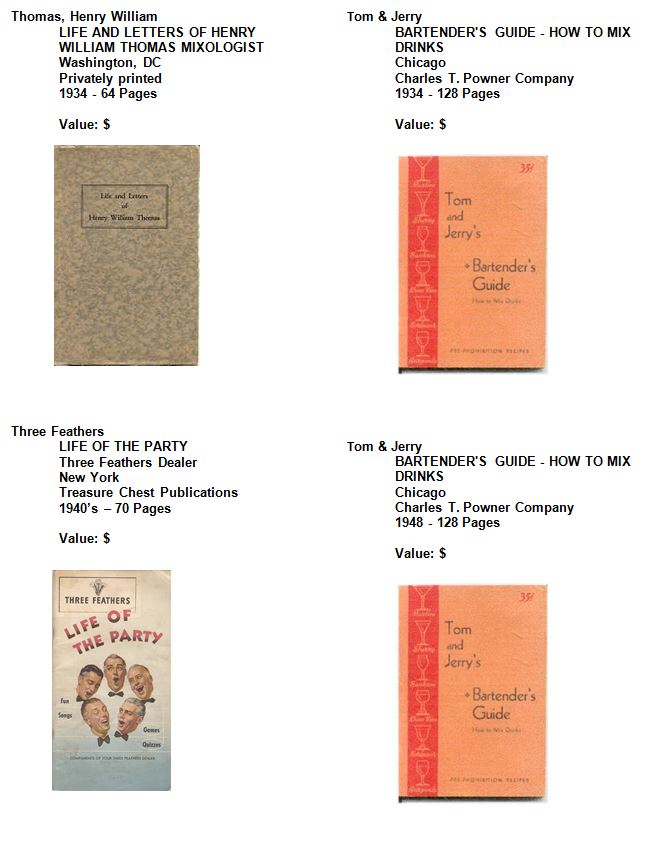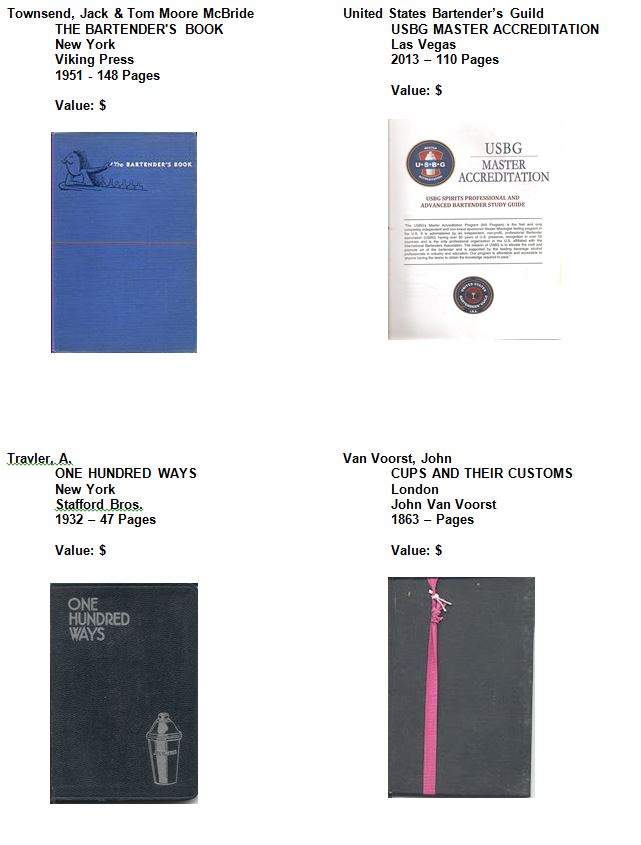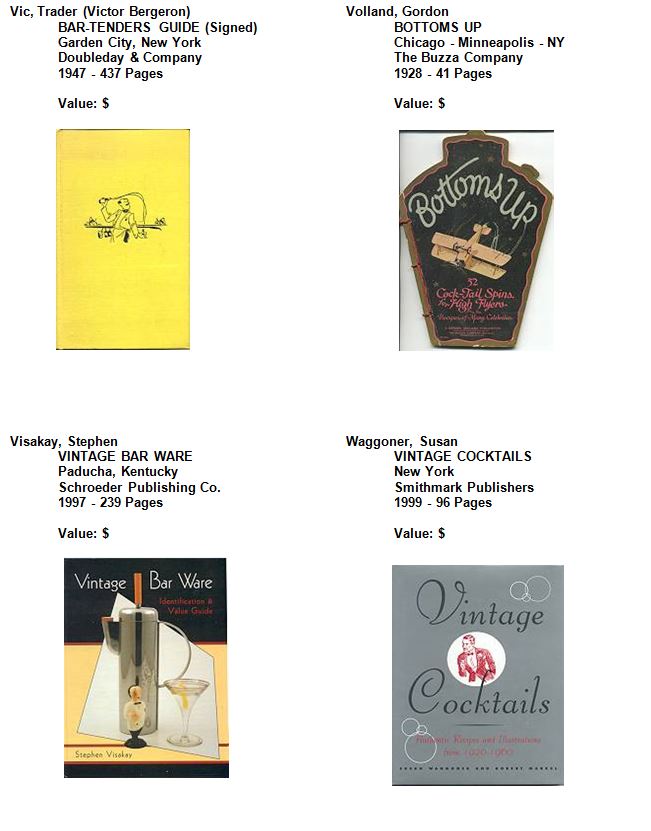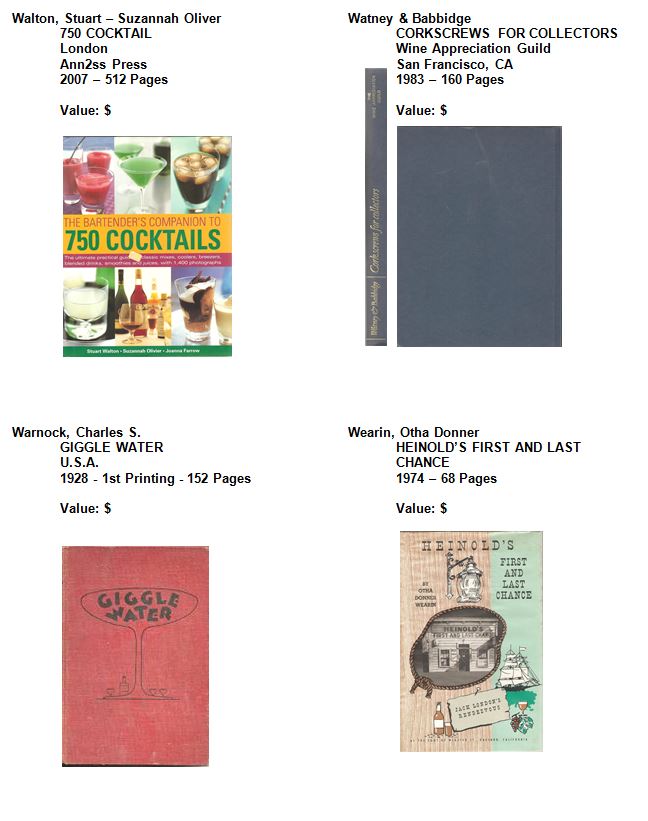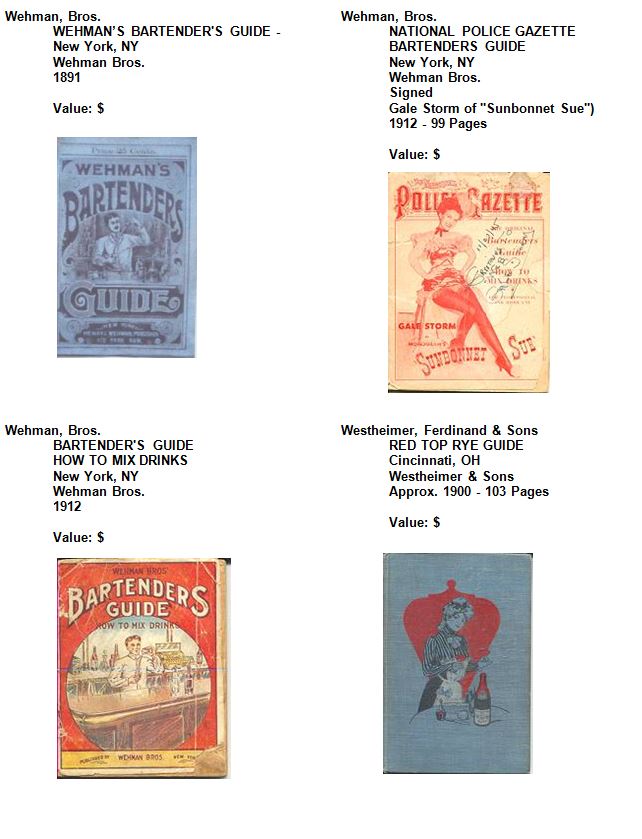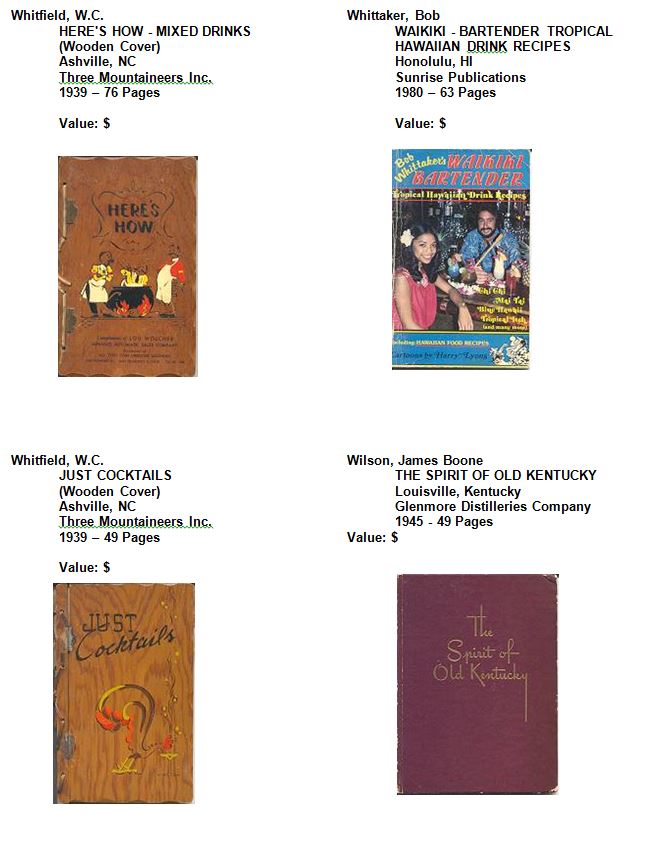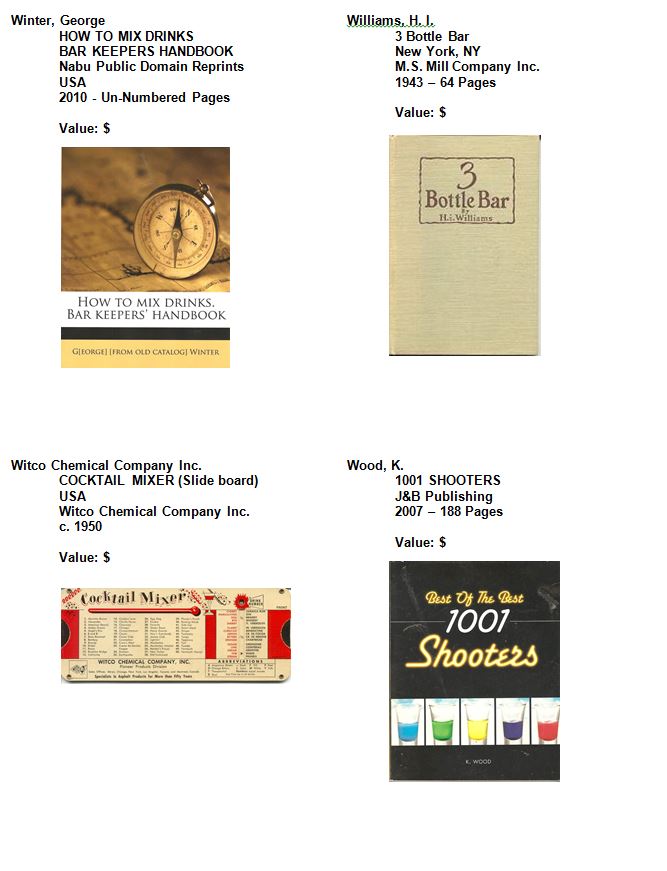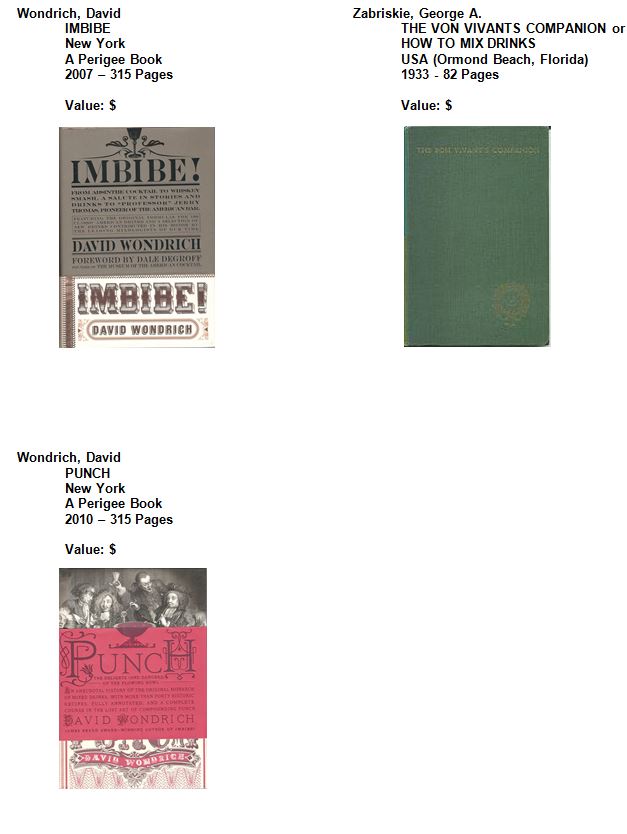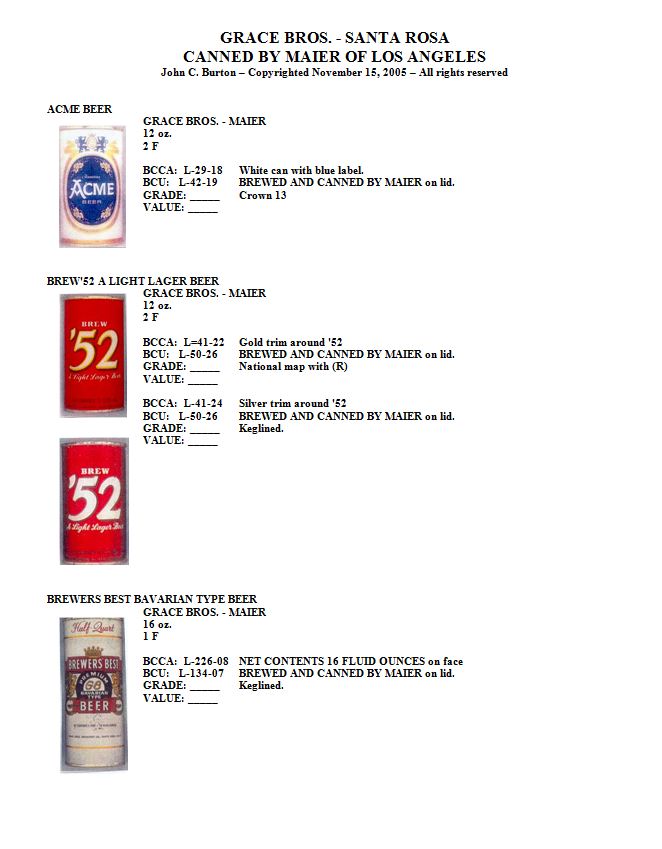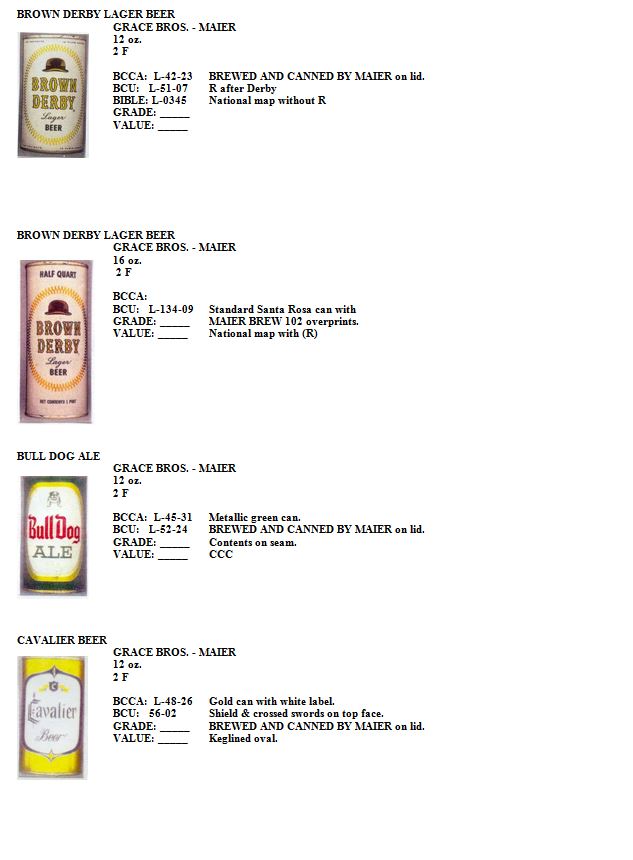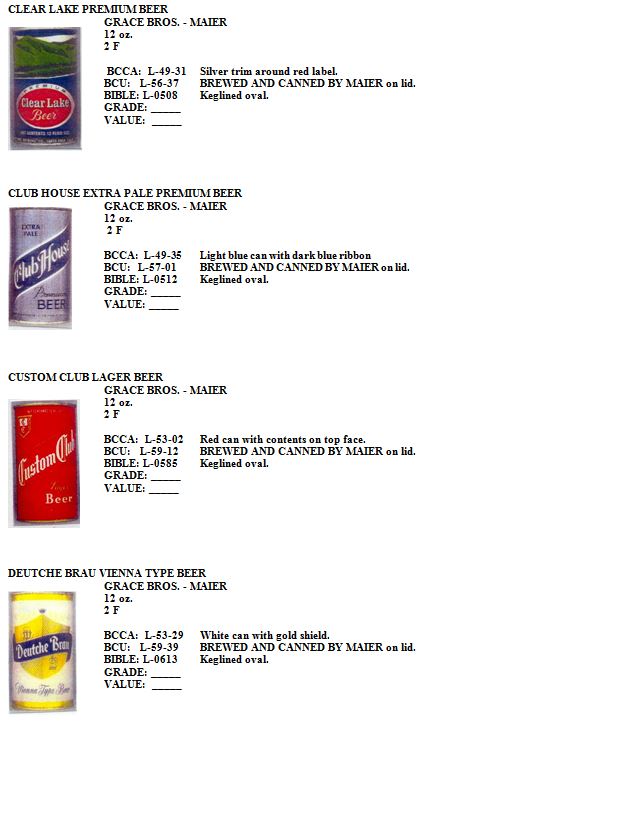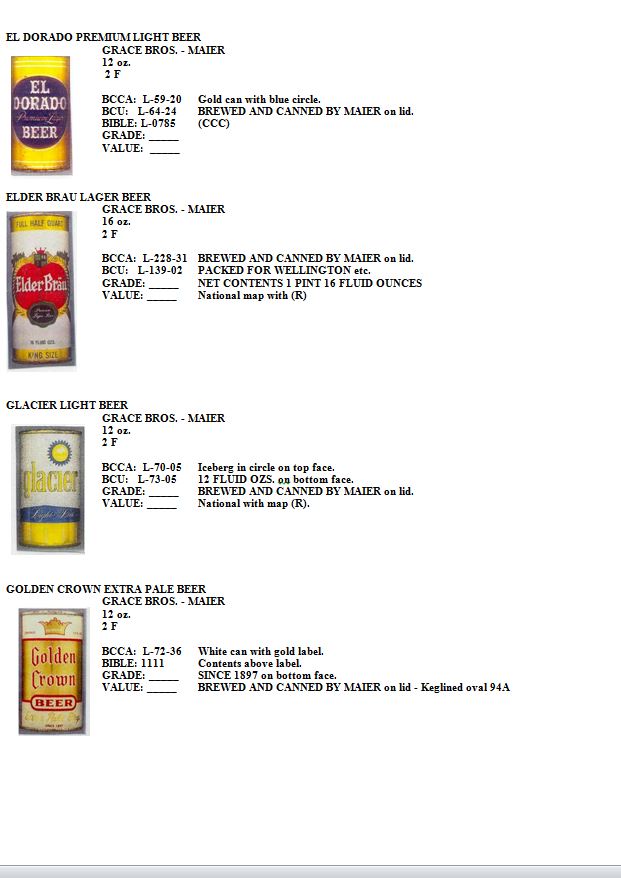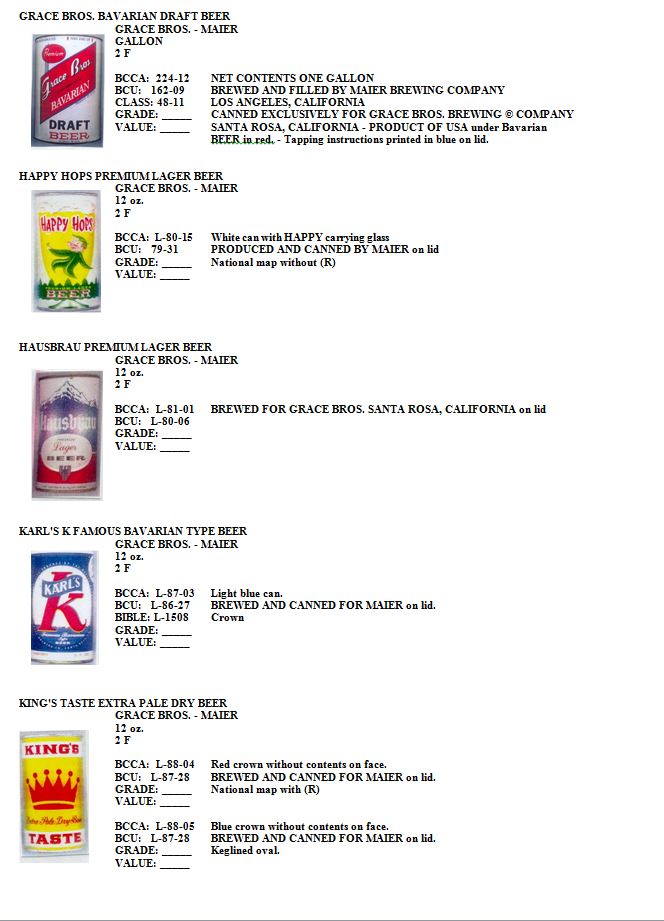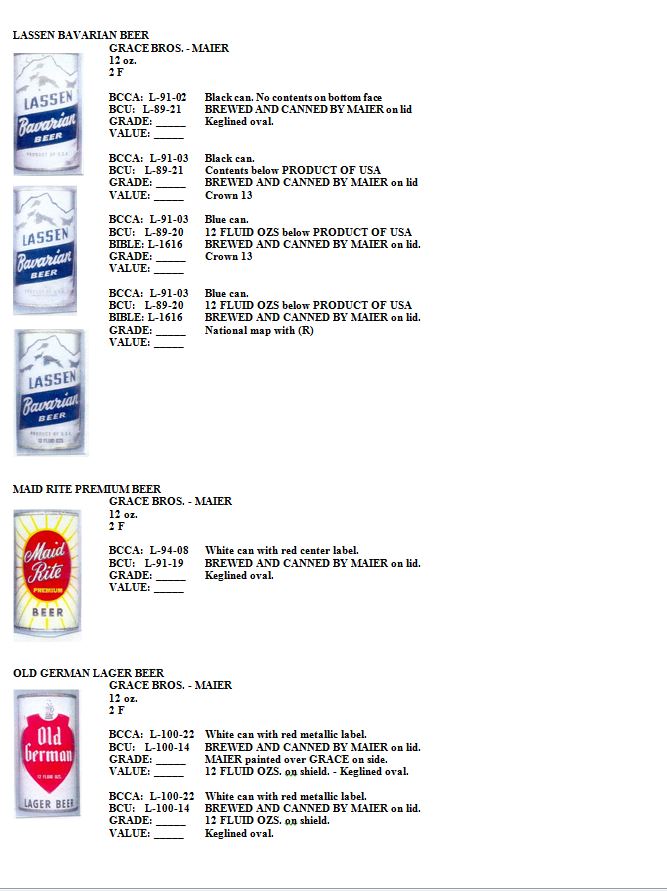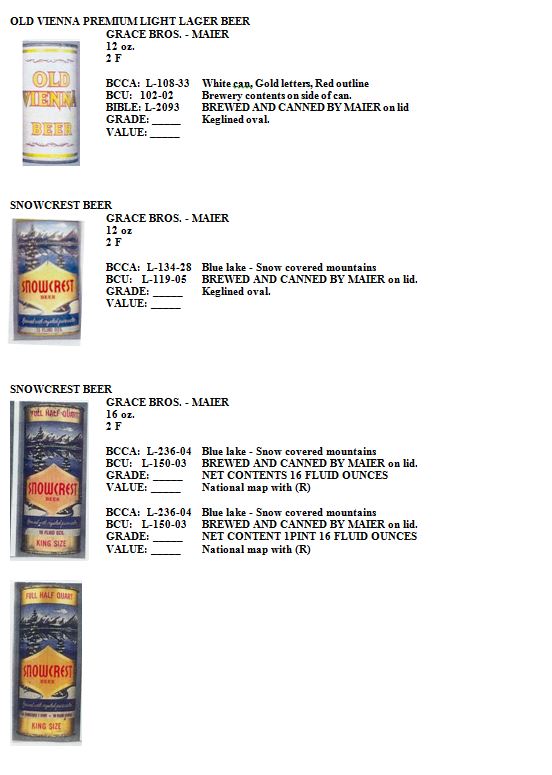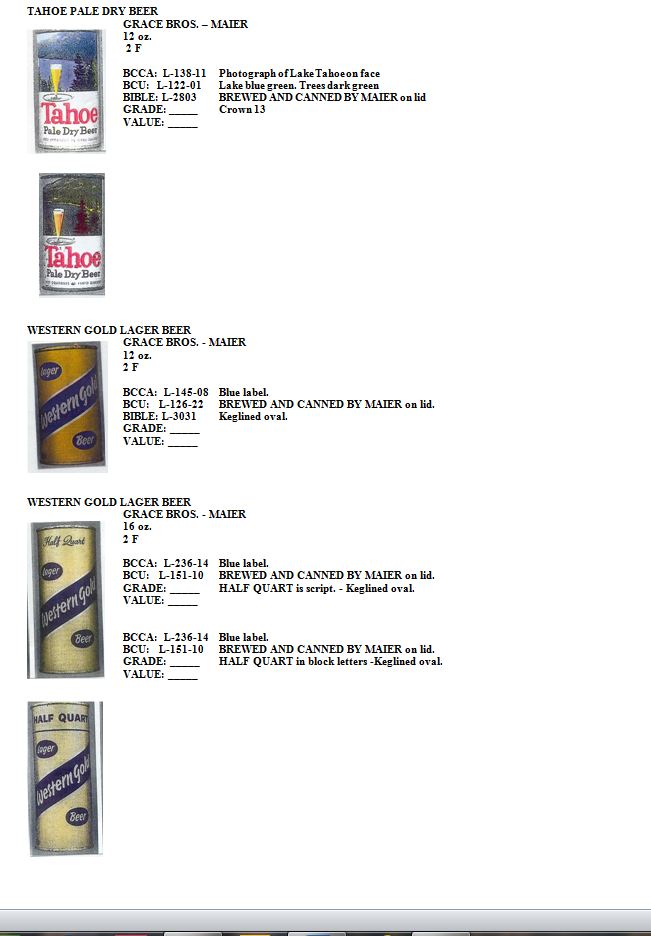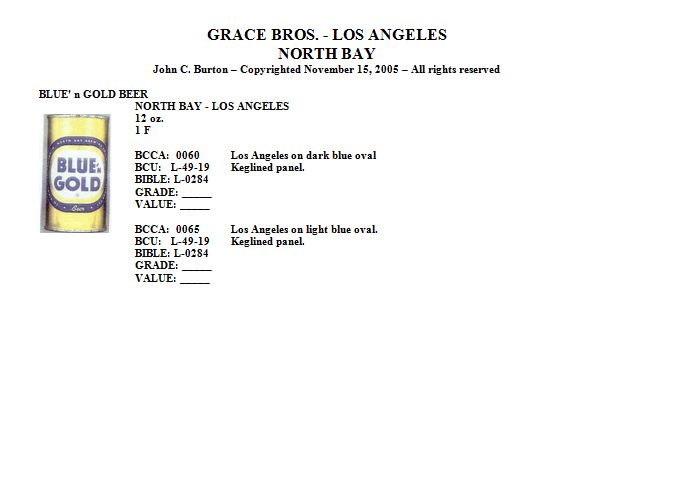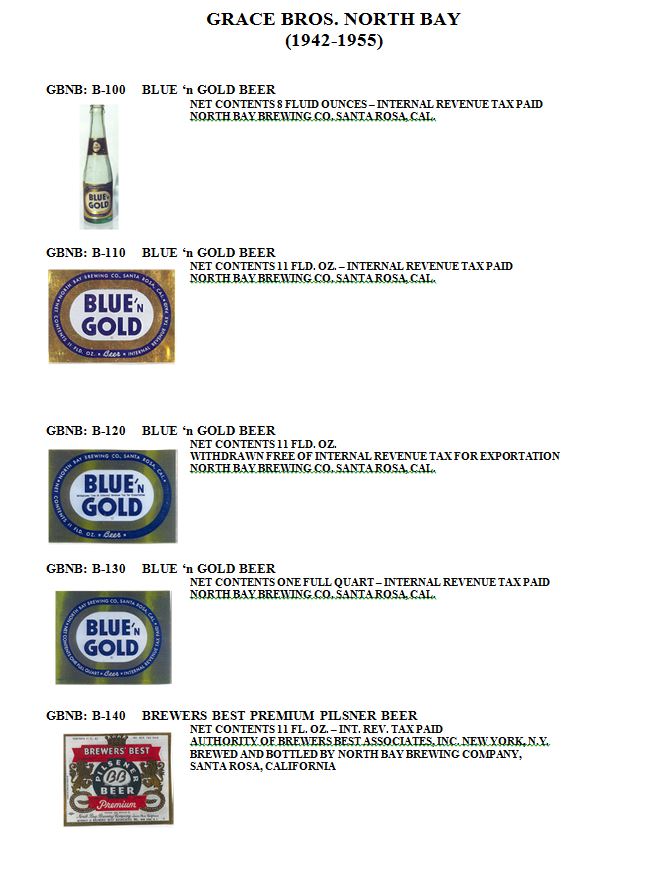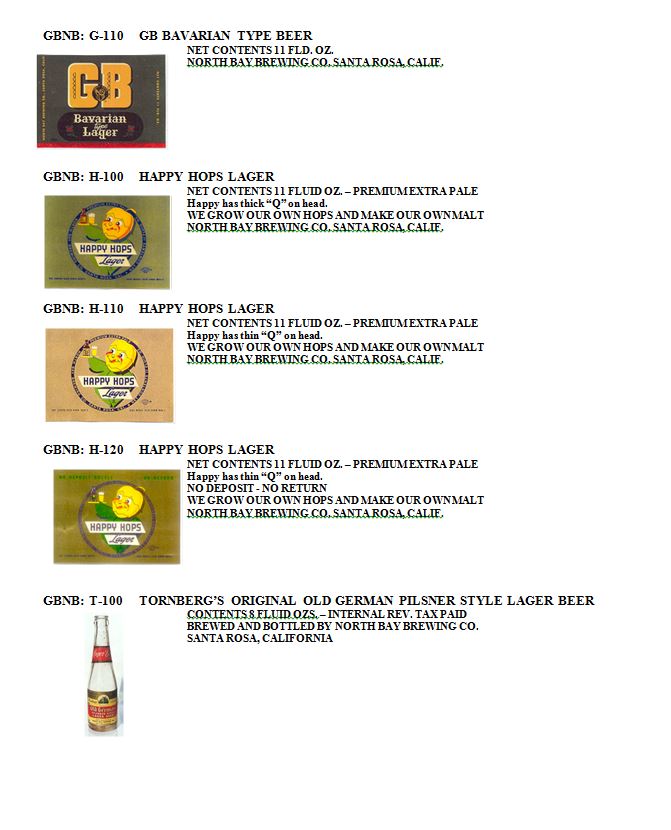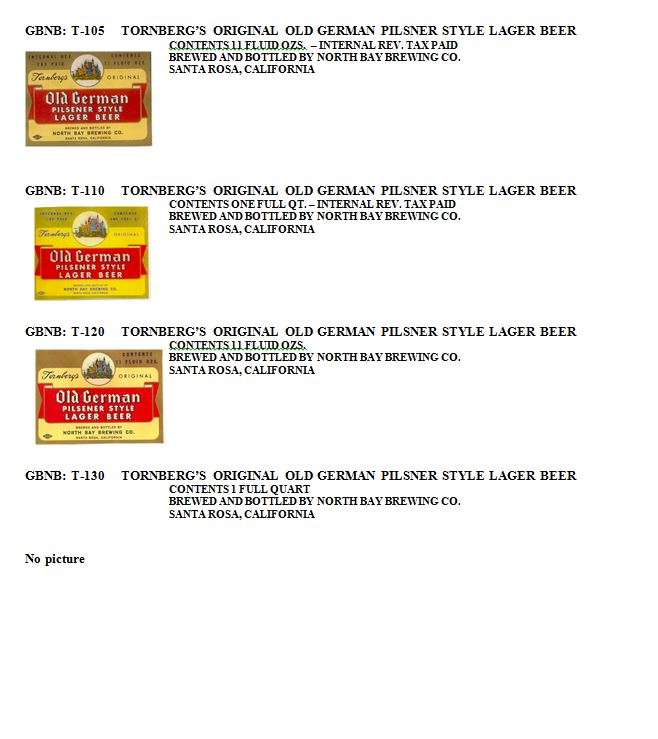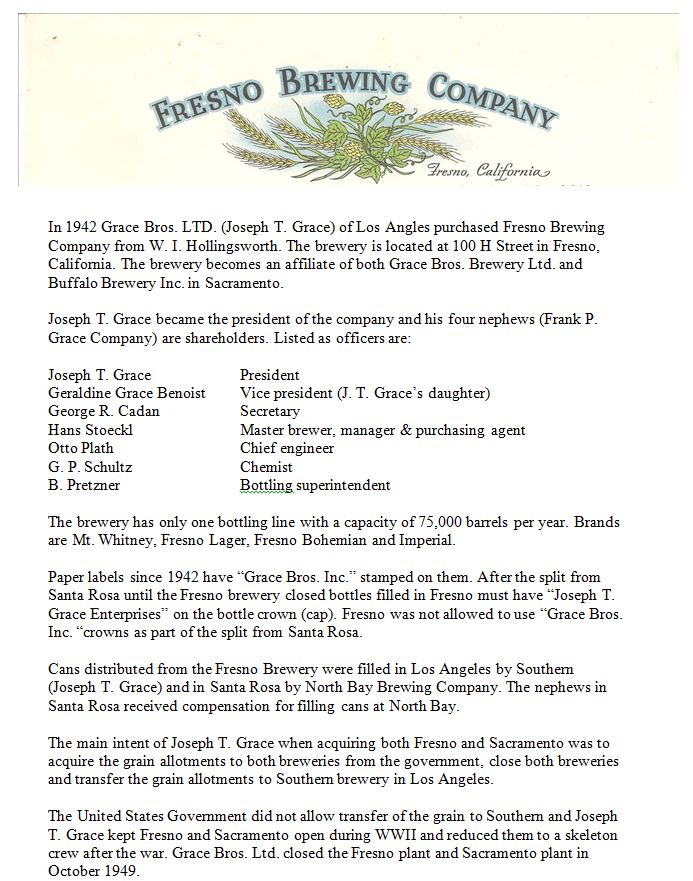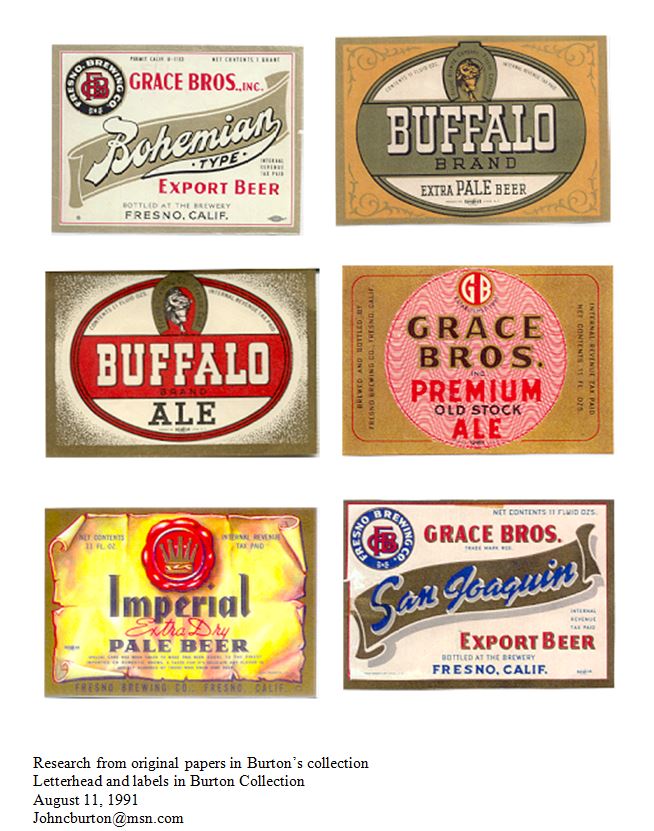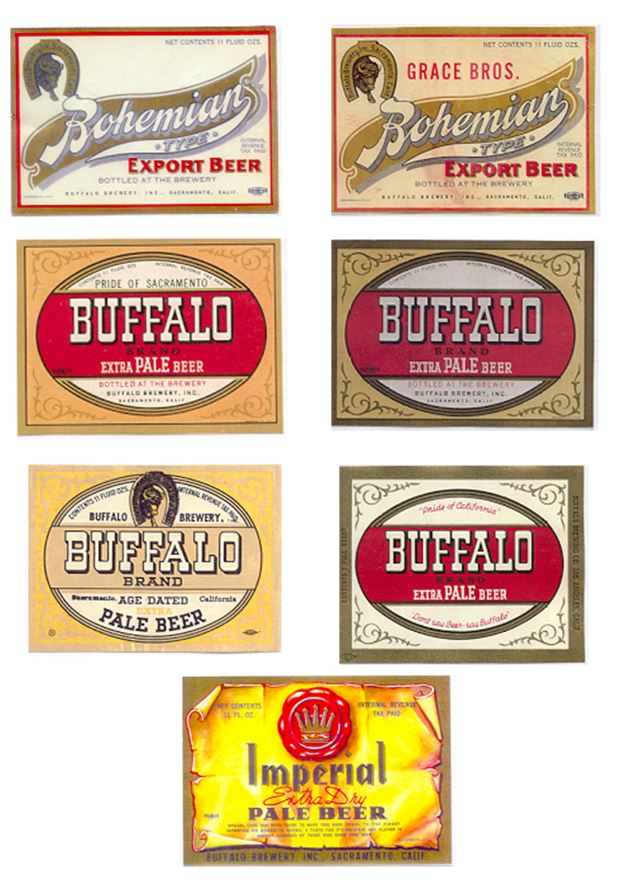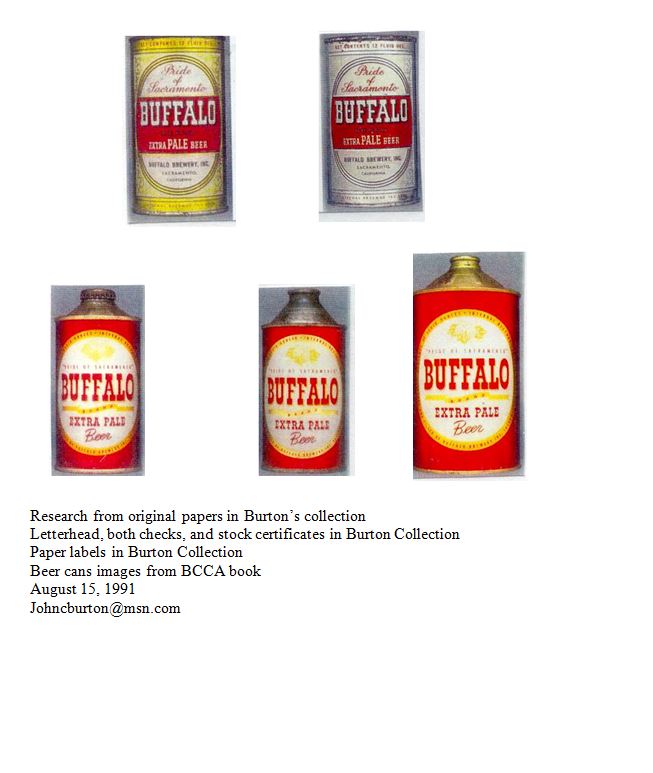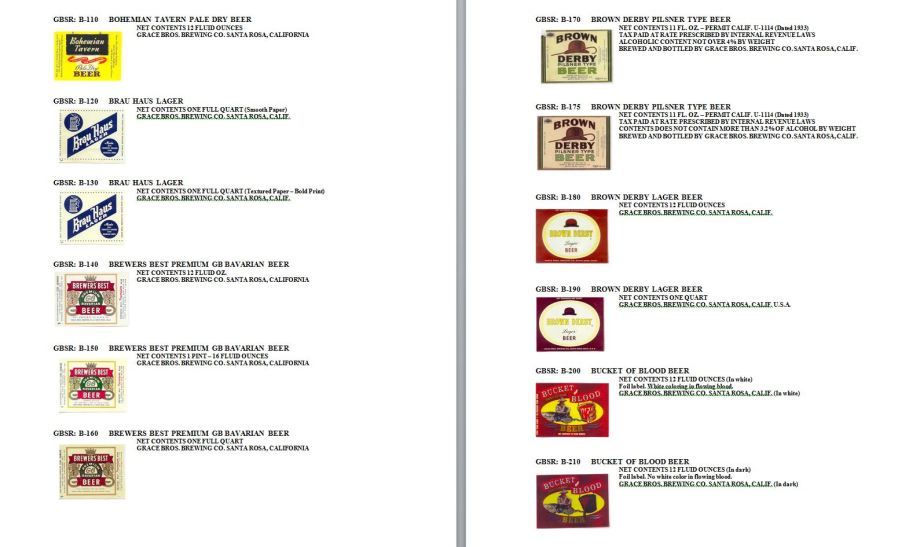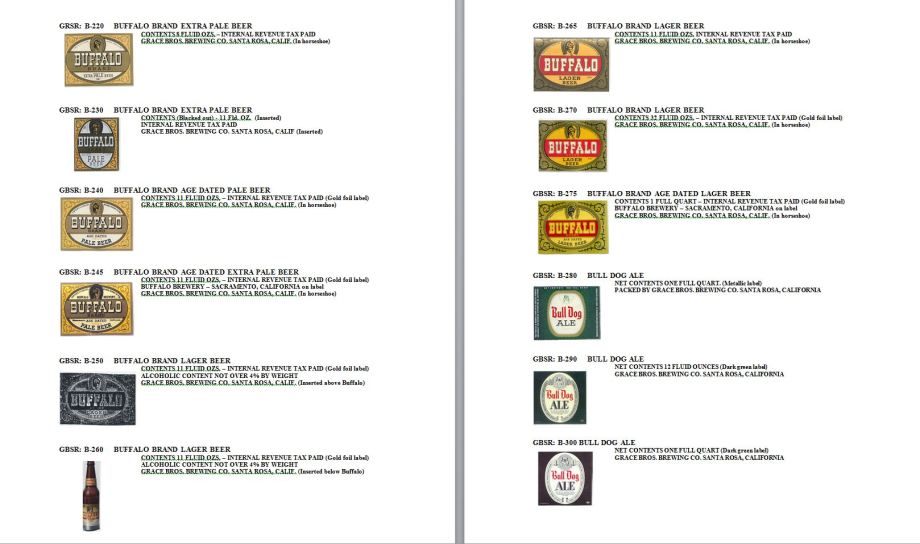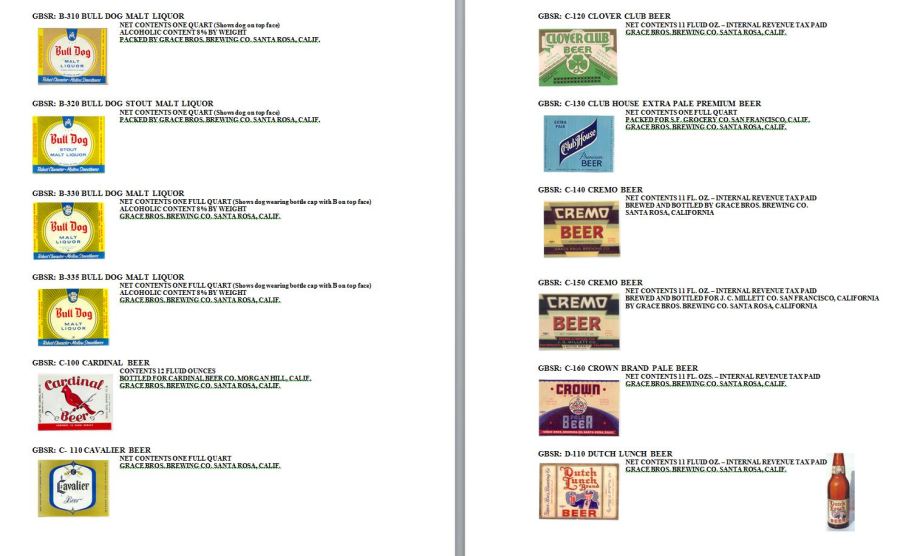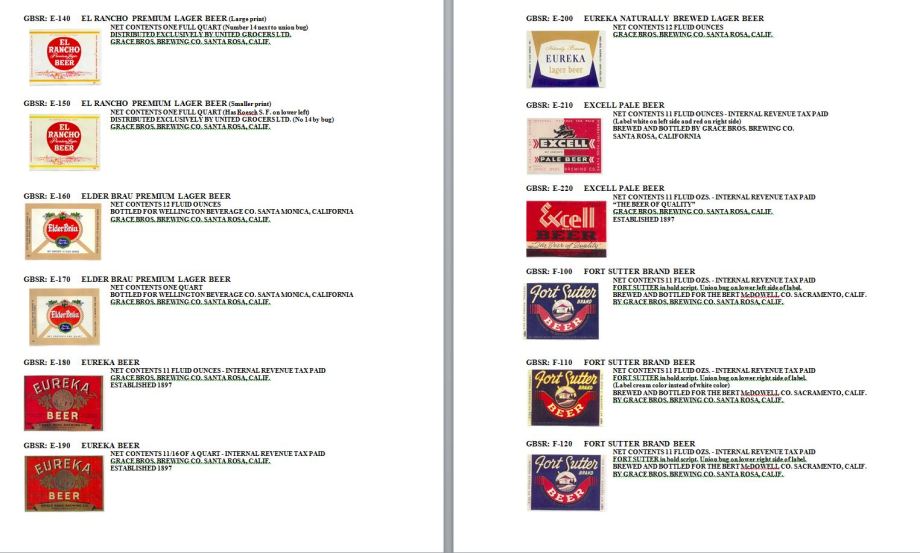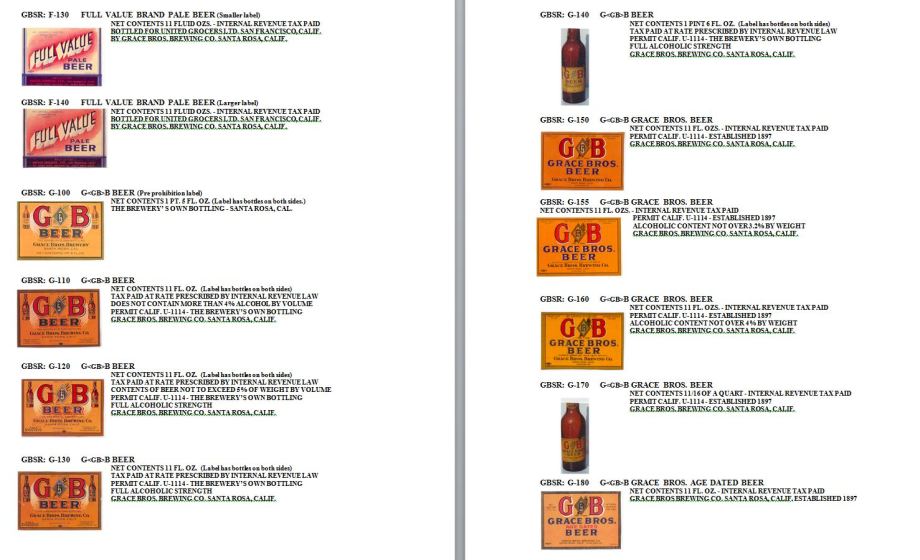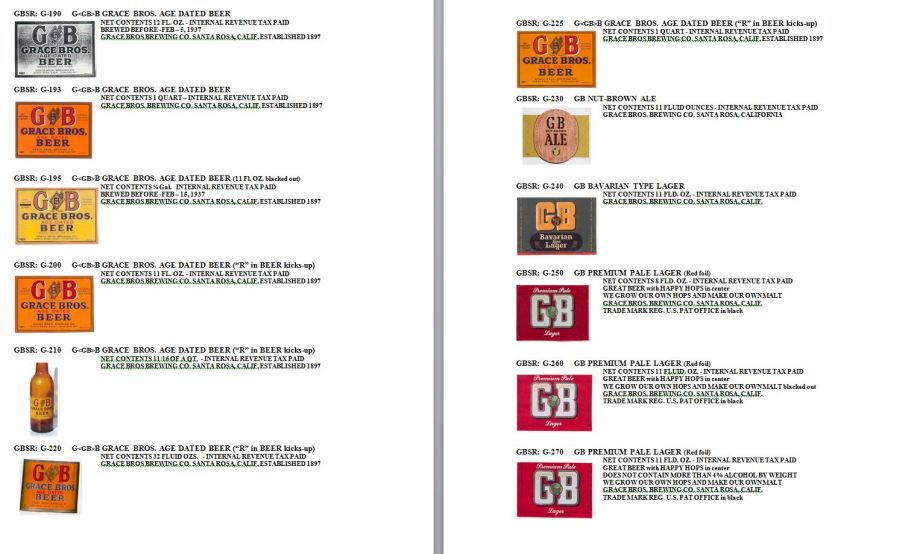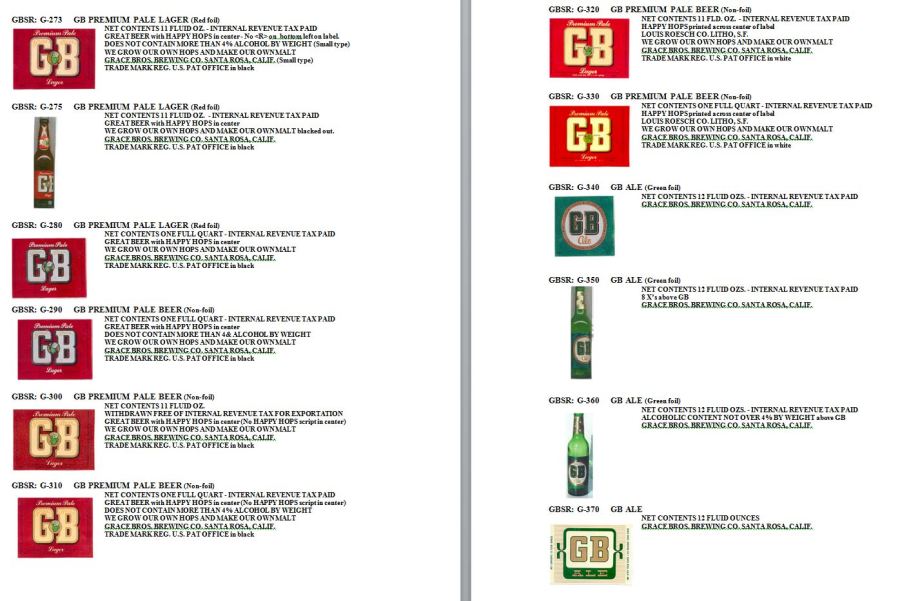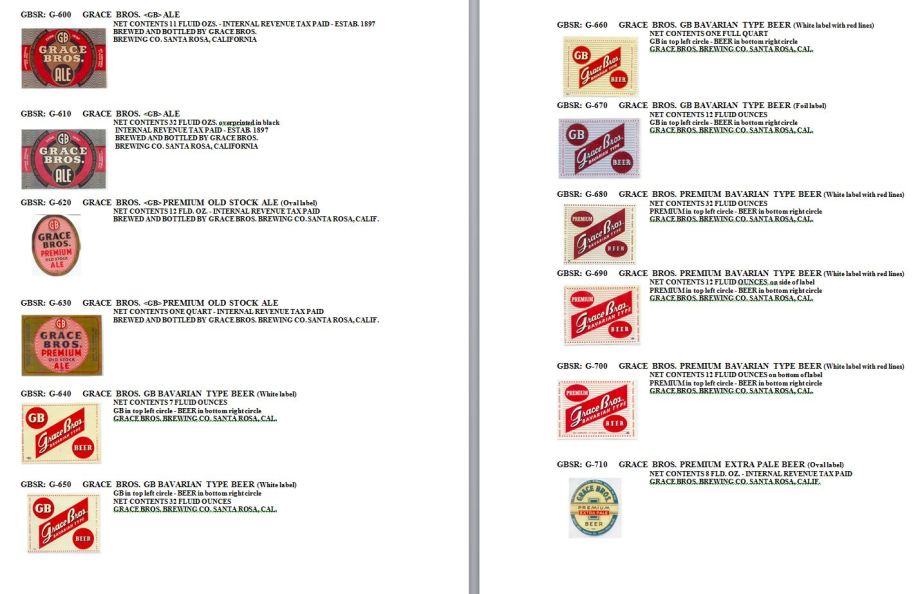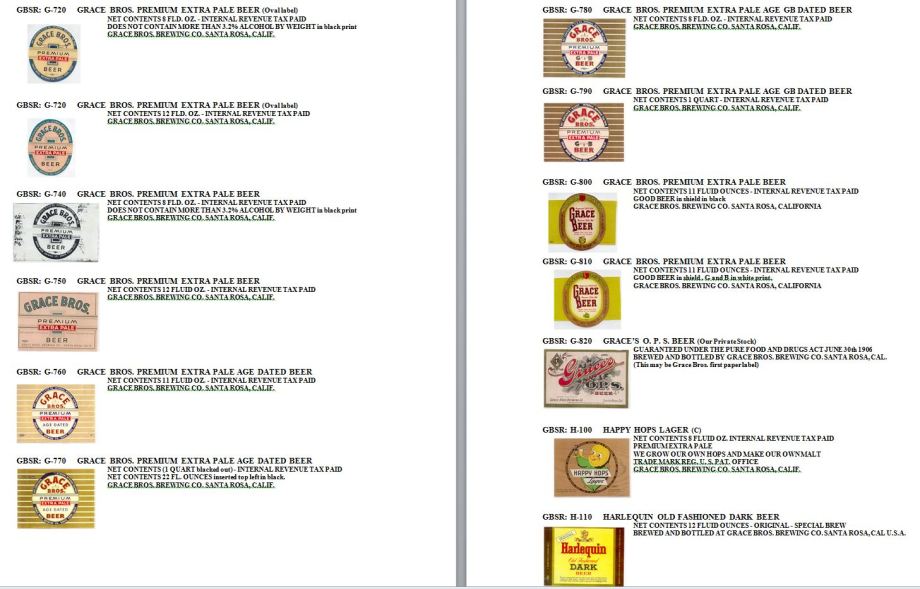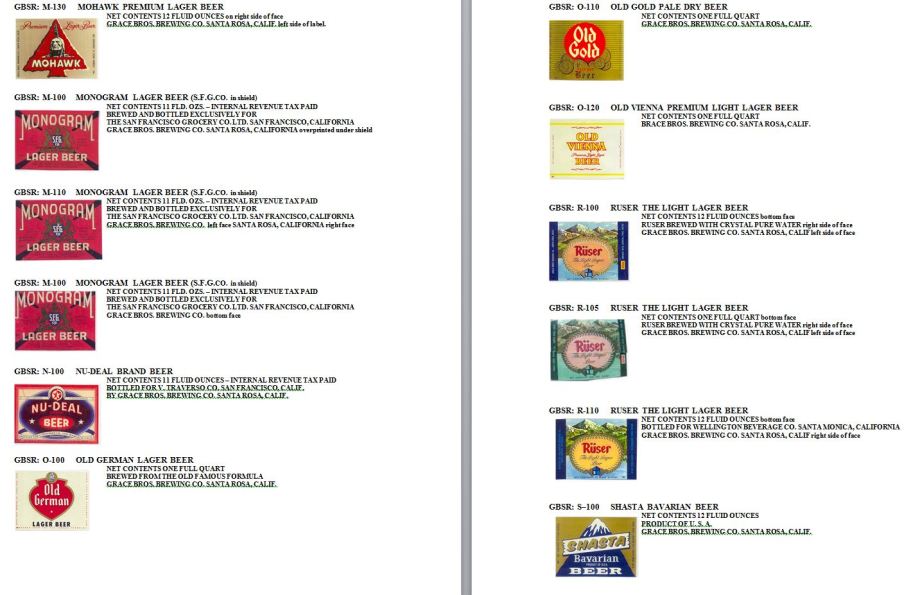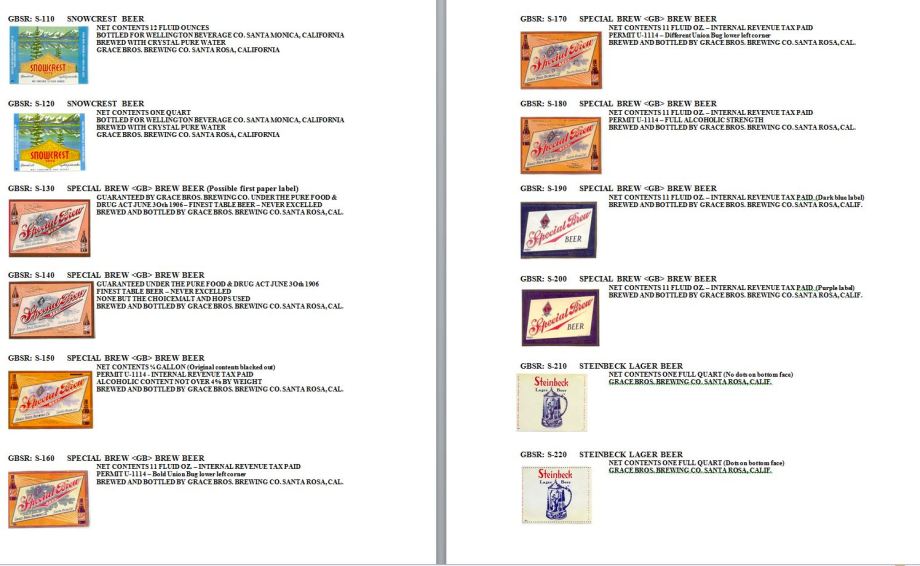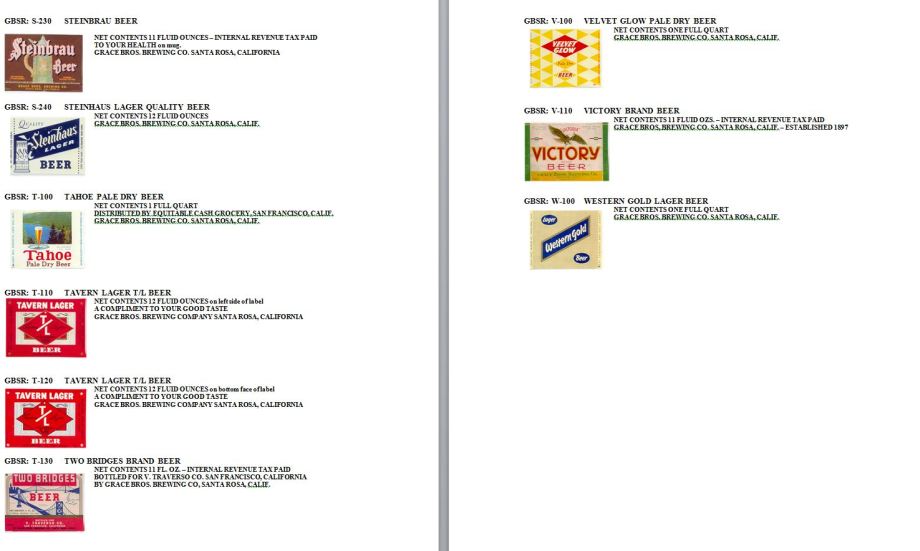Month: August 2015
BUFFALO SACRAMENTO
BUFFALO BREWING COMPANY
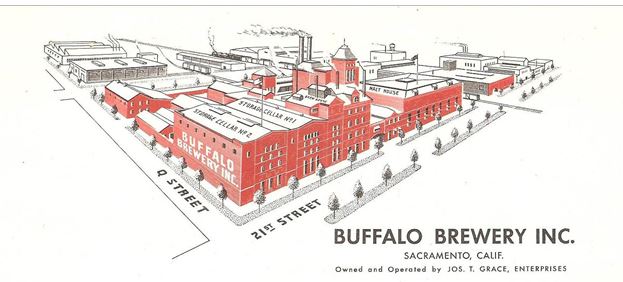 On January 28, 1942 Grace Bros. Brewing Company of Santa Rosa California entered into a management agreement with Buffalo Brewing Company of Sacramento, California.
On January 28, 1942 Grace Bros. Brewing Company of Santa Rosa California entered into a management agreement with Buffalo Brewing Company of Sacramento, California.
Frank J. Ruhstaller, stockholder and director of Buffalo Brewing Company pursued the Santa Rosa firm to assist in operations and management of Buffalo Brewery which was established in 1888. Ruhstaller had been president and general manager of Buffalo from 1913 until 1939.
Franke P. Lauppe, current president of Buffalo was quoted in the Sacramento Bee saying; “The arrangement with Grace Bros. would allow Buffalo to continue operating and would once again be brewing at full capacity with the work force of 100 employees.”
A director’s election was held in Sacramento at the annual meeting in February 1942 and Joseph T. Grace was elected president. Presently there are 360 shareholders.
Immediately after the election Grace Bros. Brewing Company of Santa Rosa and Buffalo Brewing Company entered into an agreement for purposes of Santa Rosa Brewing Company supplying Buffalo Brand Beer to the Sacramento area under the Buffalo label.
Bottled beer was delivered to Sacramento from Santa Rosa at the price of $1.20 per case.
Bottles and cases were supplied by Buffalo and delivered by Biagi Trucking of Santa Rosa. As part of the agreement Buffalo brand beer was not to be marketed or sold south
of Stockton. The territory south of Stockton was reserved for Southern Brewing Company of Los Angeles which was owned by Joseph T. Grace.
On December 30, 1942, Joseph T. Grace (Grace Bros. Inc.) and the Frank P. Grace Company (nephews) agreed to segregate the assets of both companies. Terms and conditions are listed on the 26 pages of the agreement (in Burton’s possession) dated December 30, 1942.
A special meeting of the board of directors of Grace Bros. Brewing Company of Santa Rosa was held January 2, 1943. President Joseph T. Grace stated that since he sold his interest in Grace Bros. Brewing Company Santa Rosa of December 30, 1942 that he was resigning as president and director of the Santa Rosa Corporation.
Resignation accepted and Thomas J. Grace was elected president and both John (Jack) B. Grace and William R. Grace were both elected vice presidents. James (Jim) Grace was in the United States Army stationed in the mid-east, became ill and died in Egypt.
On April 14, 1943 Grace Bros. Brewing Company of Santa Rosa informed Grace Bros Inc. president Joseph T. Grace that they would like to be relieved from supplying Buffalo Brand beer to the Sacramento brewery as soon as possible. This agreement had been part of the December 1942 separation. Grain allotments were getting smaller for all existing breweries because of WWII.
On February 29, 1944, Joseph T. Grace Farms Inc. (Yes J. T. owned a dairy in Sonoma near Arnold Drive) purchased the Buffalo Brewing Company for $102,500.00. The sale included all property in Sacramento, buildings and equipment. Change of ownership was to take place in 30 days.
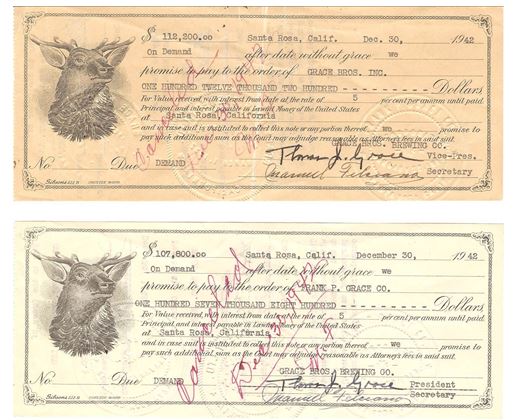 On March 22, 1944 Buffalo Brewing Company of Sacramento dissolved its affairs. Final arrangements were made with Joseph T. Grace Farms to retain the easement rights of the Sacramento property. A certificate of dissolution was filed and signed by Buffalo Brewing President Frank P. Lauppe and Secretary F. H. Reynolds.
On March 22, 1944 Buffalo Brewing Company of Sacramento dissolved its affairs. Final arrangements were made with Joseph T. Grace Farms to retain the easement rights of the Sacramento property. A certificate of dissolution was filed and signed by Buffalo Brewing President Frank P. Lauppe and Secretary F. H. Reynolds.
On July 1944 “Buffalo Brewery Inc.” was incorporated and was a subsidy of Grace Bros. Brewery Ltd. of Los Angeles. Shareholders of Buffalo Inc. were Joseph T. Grace president with 19/25 shares and his daughter Geraldine Grace Benoist vice president with 6/25 shares.
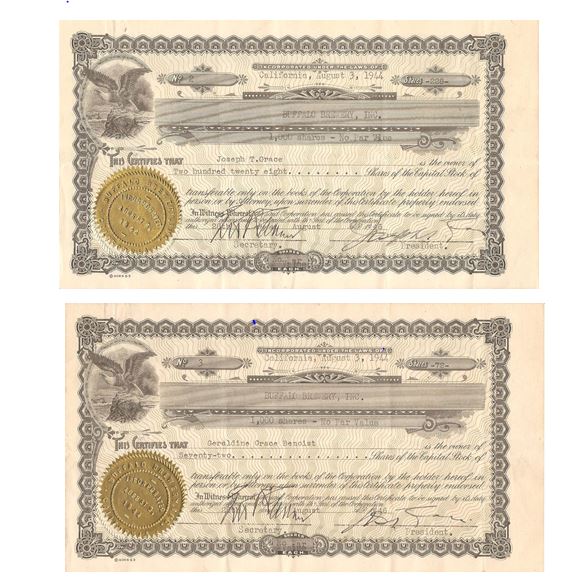 All paper labels and beer cans that have ‘Grace Bros. Inc.’ are from 1944 until the Sacramento Brewery closed in 1949.
All paper labels and beer cans that have ‘Grace Bros. Inc.’ are from 1944 until the Sacramento Brewery closed in 1949.
On April 19, 1945 Joseph T. Grace Farms Inc. granted to Grace Bros. Brewery Inc. of Los Angeles all Buffalo Brewery Inc. property, buildings and equipment in Sacramento. Included in the transfer were all rights and trademarks to all Buffalo paper labels and cans. All transfer papers were signed by Joseph T. Grace and Secretary George R. Cadan.
In January 1946 Joseph T. Grace and his three nephews, Tom, Jack and William, reviewed and modified the December 31, 1942 agreement. Joseph T. Grace agreed not to use the words “Grace Bros.” or “Grace Bros. Inc.” on cans, labels or crowns from the Fresno and Sacramento breweries after the existing stock ran out.
At this time Grace Bros. Brewing Company of Santa Rosa also purchased the Santa Rosa Ice Delivery Company and the railroad icing contracts from Joseph T. Grace Farms.
In February 1946 Joseph T. Grace placed both Fresno and Sacramento on the market and was negotiating with Theodore Hamm’s Company of Milwaukee, Wisconsin. Grace wanted to sell everything including property, buildings, and equipment and territorial rights. Grace wanted to keep the malt allotments however the government would not allow him to split the allotments to the three breweries; Los Angeles, Sacramento and Fresno.
On October 1, 1948 Joseph T. Grace sold the Sacramento property that housed the Buffalo Brewery for $275,000 to McClatchy Newspapers Inc. AKA as the Sacramento Bee. No part of the brewery operation was included in the sale.
All equipment was dismantled and shipped to Rio Street in Los Angeles (Southern). All bottles, cans, labels and crowns were also shipped to Los Angeles.
On October 1, 1949 Buffalo Brewery Inc. leased property and warehouse from Stella McQueen to store and wholesale existing Buffalo Brand beer. The lease was until March 31, 1950.
The location of the McQueen property was located on the northern side of Auburn Blvd. approximately 500 feet east of Ben Ali Station in Sacramento.
The brewery had been vacated January 17, 1949 and the warehouse at Ben Ali Station vacated March 31, 1950.
Research from original papers in Burton’s collection
Letterhead, both checks, and stock certificates in Burton Collection
Paper labels in Burton Collection
Beer cans images from BCCA book
August 15, 1991
Johncburton@msn.com
Vernon Brewing Co.
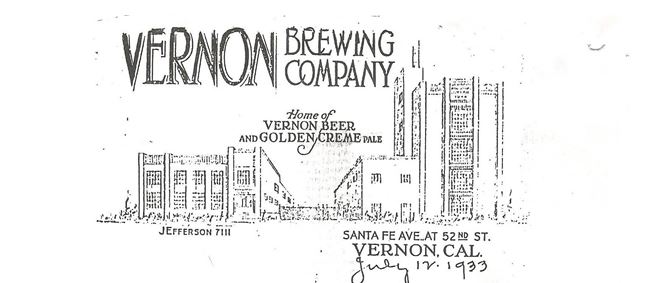 John J. Huebner:
John J. Huebner:
I have just received your note and clipping. Congratulations and many hearty and sincere good wishes, for your future. Good luck and success.
I intended to write to you days, yes weeks ago, but with the above brewery. I’m the whole office force, office boy, bookkeeper, and account. It is a vest [pocket plant about 25,000 barrels capacity. Brew kettle a little less than 100 barrels. The company expects to manufacture vacuum process beer (about 3 to 4 weeks old). The machinery (bottling machinery) is all automatic (up to the minute) from the bottle wash machine to the labeling machine (Liquid C. Co.).
I have a job (cheap job) only because no member of the family knows anything about accounting. I have been very busy entering all the checks and transactions since they organized. They kept no record except check stubs and I ‘am about caught up with work. I worked July fourth and Sundays to complete the building operation entries, before the manufacturing accounting would begin.
There are only three breweries operating in Los Angeles, the Los Angeles Brewing Co., the Maier Brewing Co., which started about a week ago and the Vernon Brewing Co.
They (Vernon Brewing Co.) made their first beer a couple of days ago and expect to put it on the market by August 1st.
It is a closed corporation, all stockholders related (and of the Jewish faith). The brewery was built by day labor on leased ground and will, when completed, cost about $350,000.00. This does not include any kegs, bottles or merchandise, delivery equipment or garage. All the beer will be sold to one independent distributing company, controlled by other members of the family and friends, who must furnish the cooperage and delivery equipment.
One must give them credit for the nerve and foresight they had. They organized the company early in December 1932, right after the national election and started to build in January. They bought and contracted when prices were low, even malt and hops are contracted for, for nearly two years in advance. Malt at $1.09 F. O. B. Los Angeles, imported hops at $1.15, domestic hops at .29 and .30 cents. So you can see all the other brewery concerns, which had hopes of financing their establishments with public money seem to lose out in their effort to sell sufficient stocks to get started.
The Maier Brewing Co. was in trouble for the last two years, for selling regular beer during prohibition time.
The management was not only closed by the Federal Authorities but also was in financial difficulties. It owed its employees over $45,000.00 when the authorities closed its doors and it was stipulated by the state labor commissioner that all old employees must be given preference and paid their old overdue salaries and wages before new employees could be hired. But for this ruling, I had a very good opportunity to receive a position with this concern.
The beer of the L. A. Brewing Co. is generally condemned and for good reasons. The beer is young and not palatable. o return to the good graces of the beer drinking public, the management discharged its brewmaster and I have been told that it engaged a new brewmaster a few days ago.
Well “Old Pal” who would have thought a few years ago, that beer would have its day again and so soon, and that the Huebner-Toledo Breweries Co. would again put its product on the market. John J. Jr. and Gerard P. the sons of the old masters will carry on where their fathers left off. The names and the product were always liked and favored by the public and there is no doubt, that you will be successful in your business.
I notice in all the “clippings” that all available old employees of the company will be recalled. Does that include me? If there is an opening for me and I am wanted, I shall gladly return and join forces with the old comrades at the old stand.
Well again good luck and success and my best wishes. Best regards to all, especially to your mother. Yours truly;
Carl Siegriest
The article about Vernon Brewing Com. was a reprint of a letter obtained from an estate auction by BCCA member Jim Van Orden of Toledo, Ohio. I checked my copy of American Breweries by Don Bull and on page 240 the Huebner-Toledo Breweries Co. obtained a permit in 1934 but never did start production. I guess Carl never went home………
The above article was sent to me by then 49er President Warren Hardaker and first printed January/February 1993 in the 49er Digging’s Newsletter.
